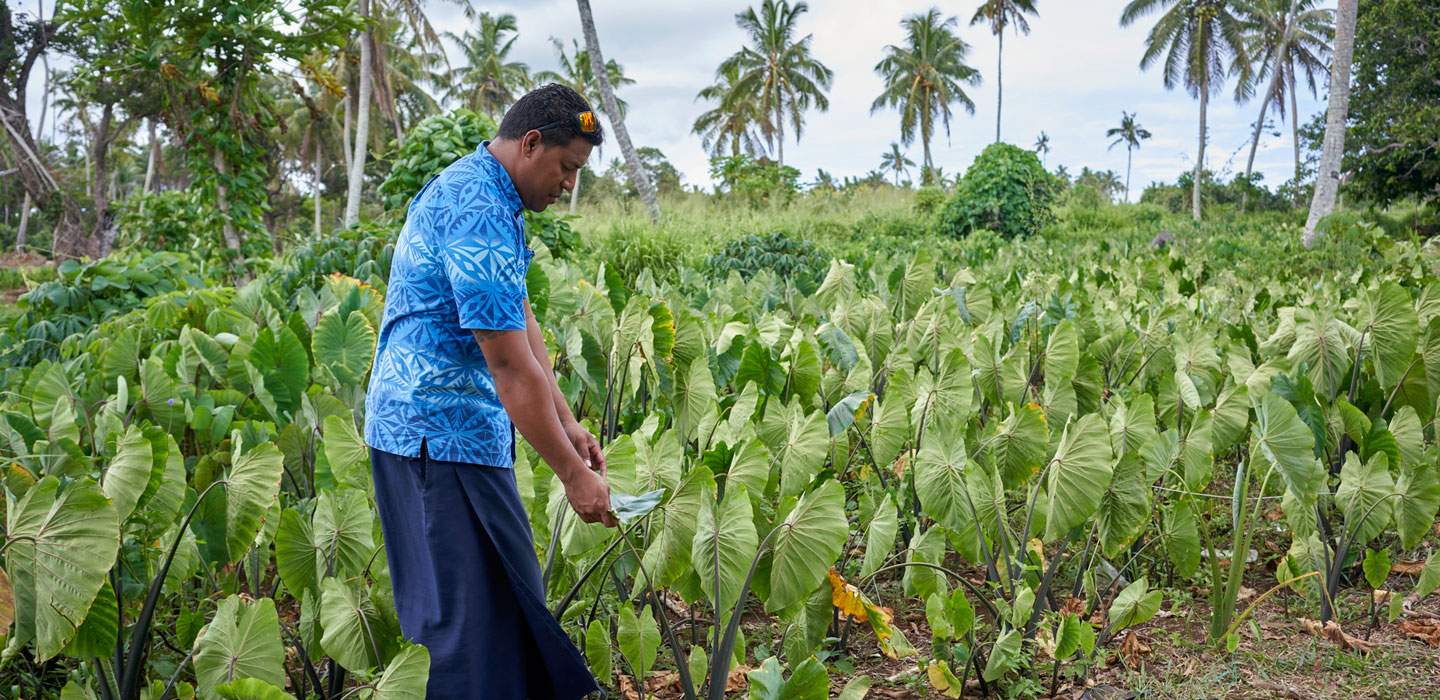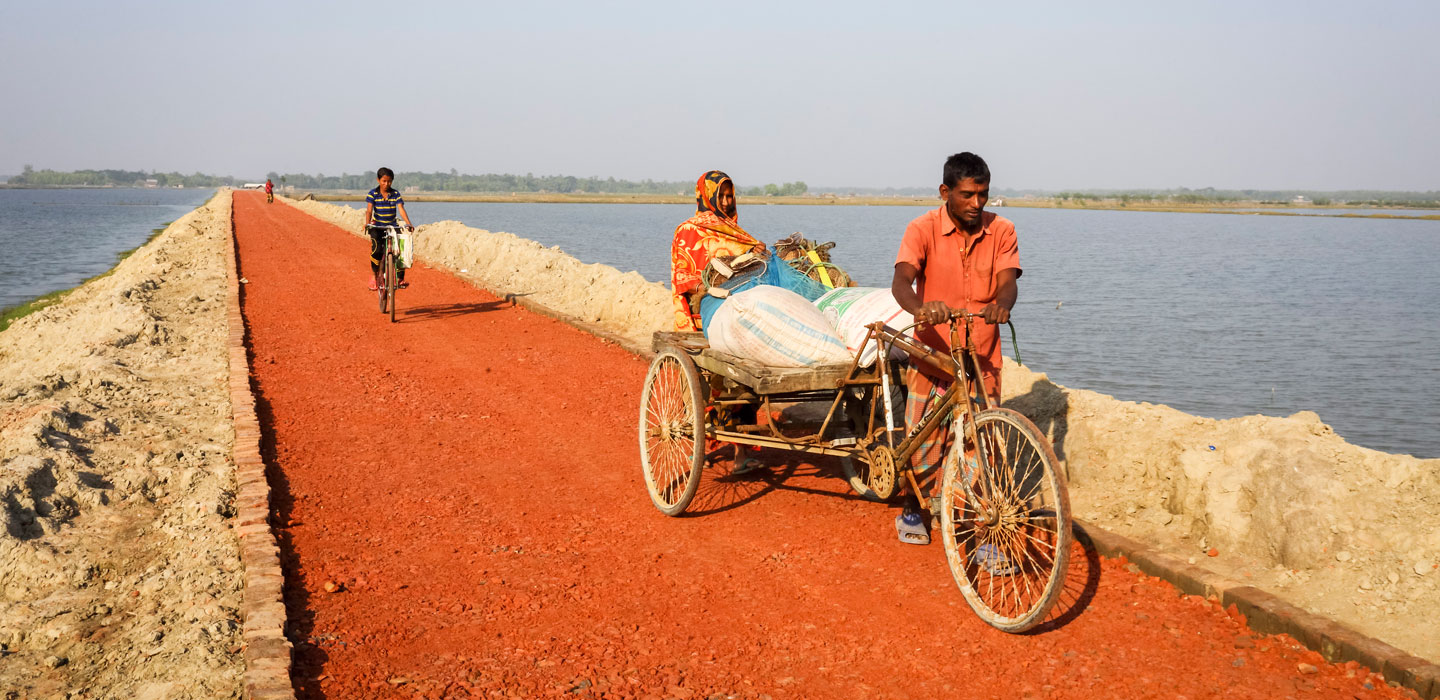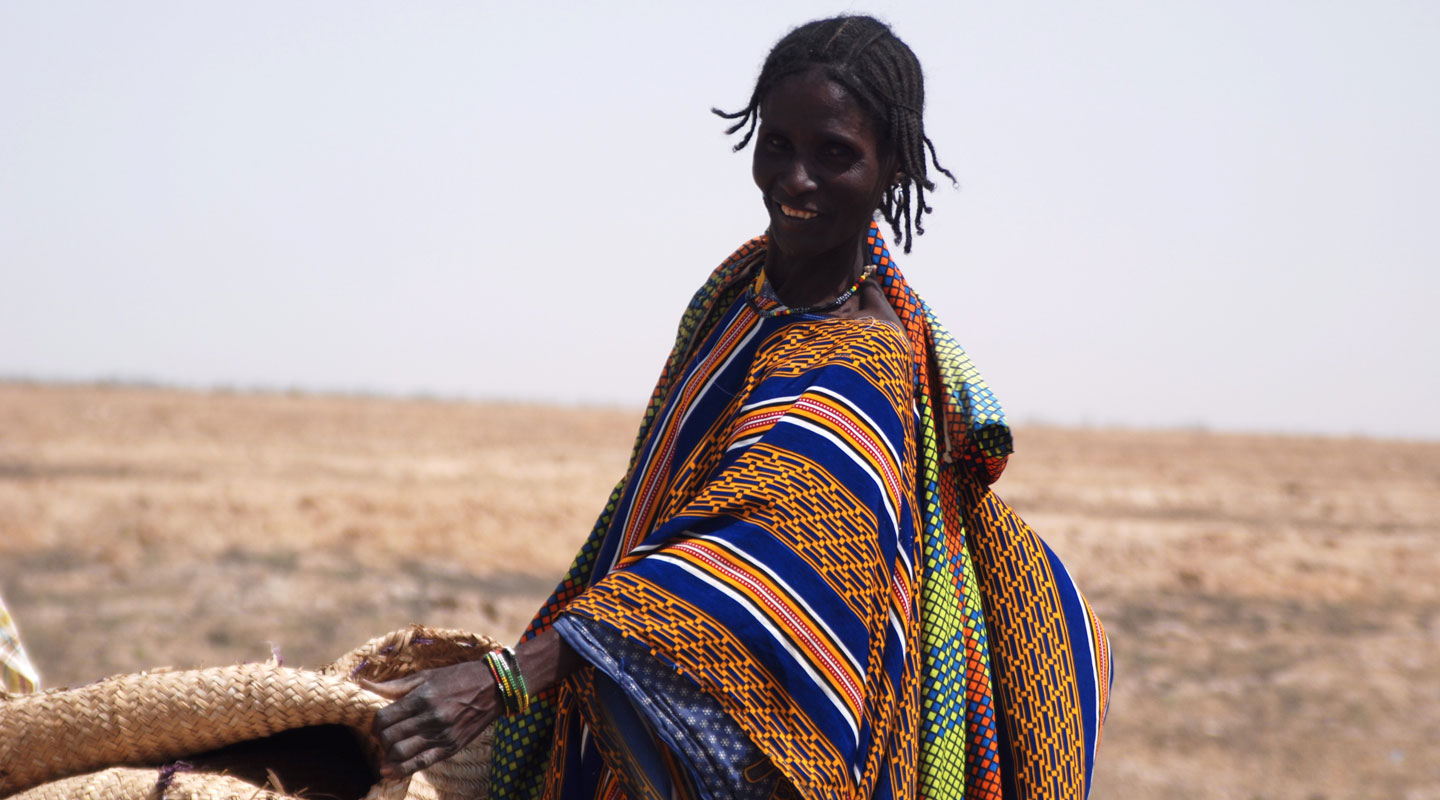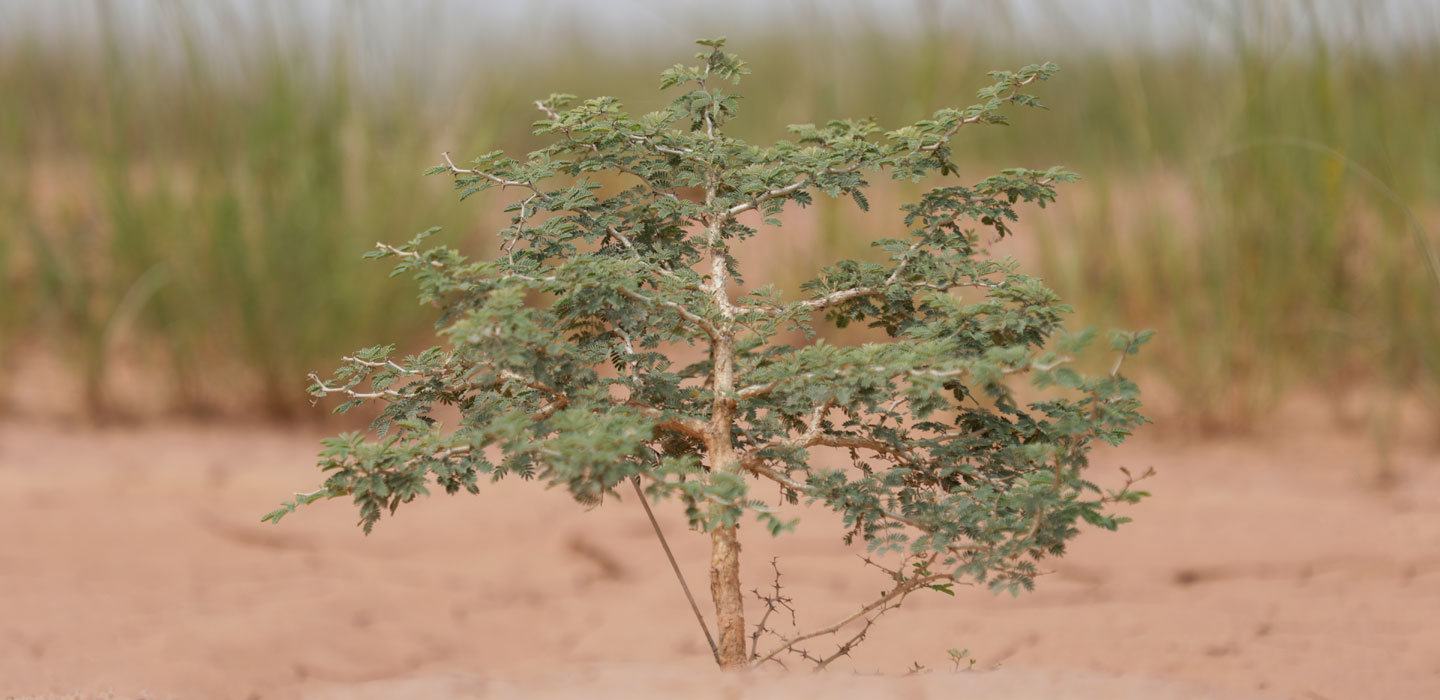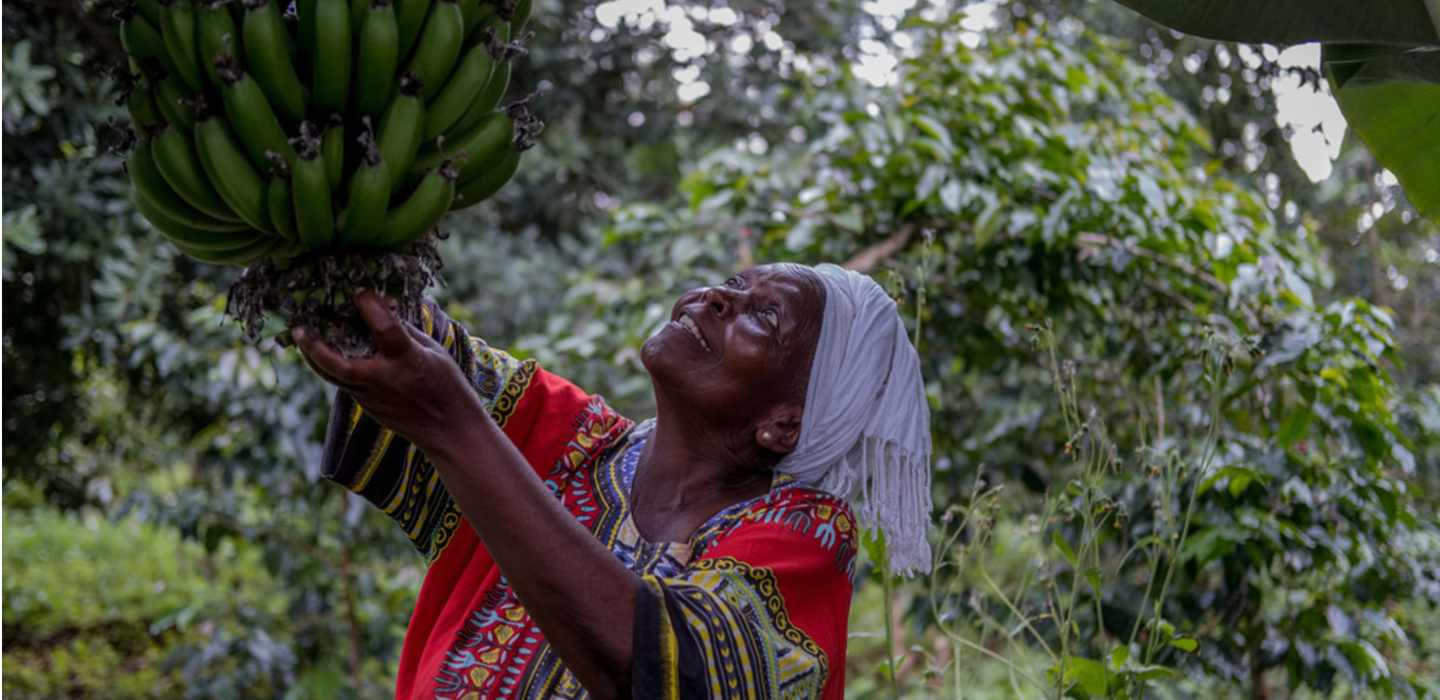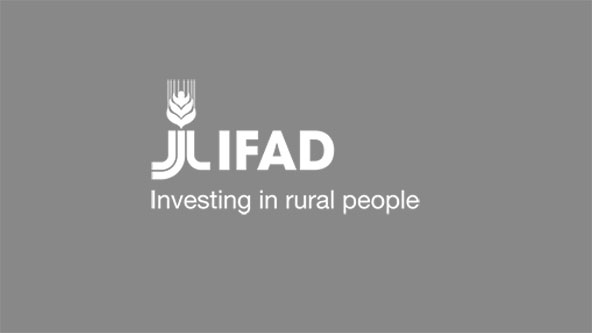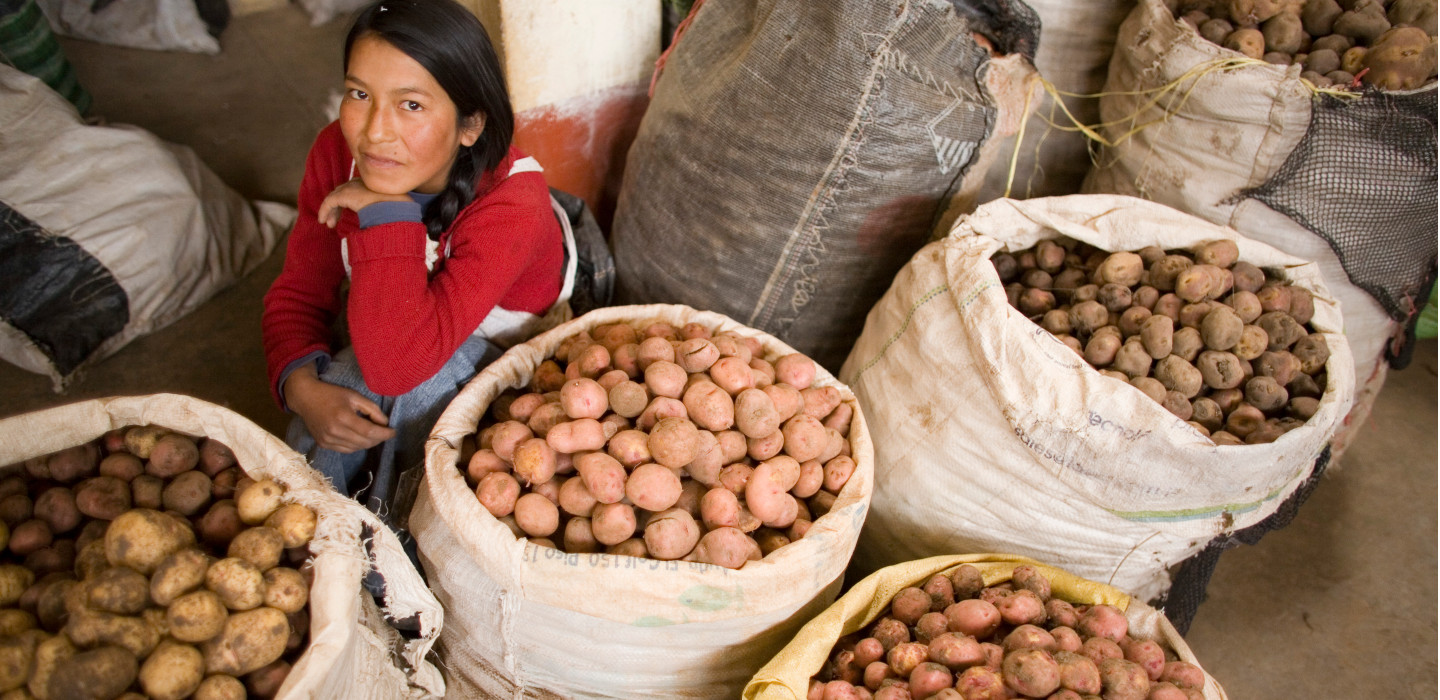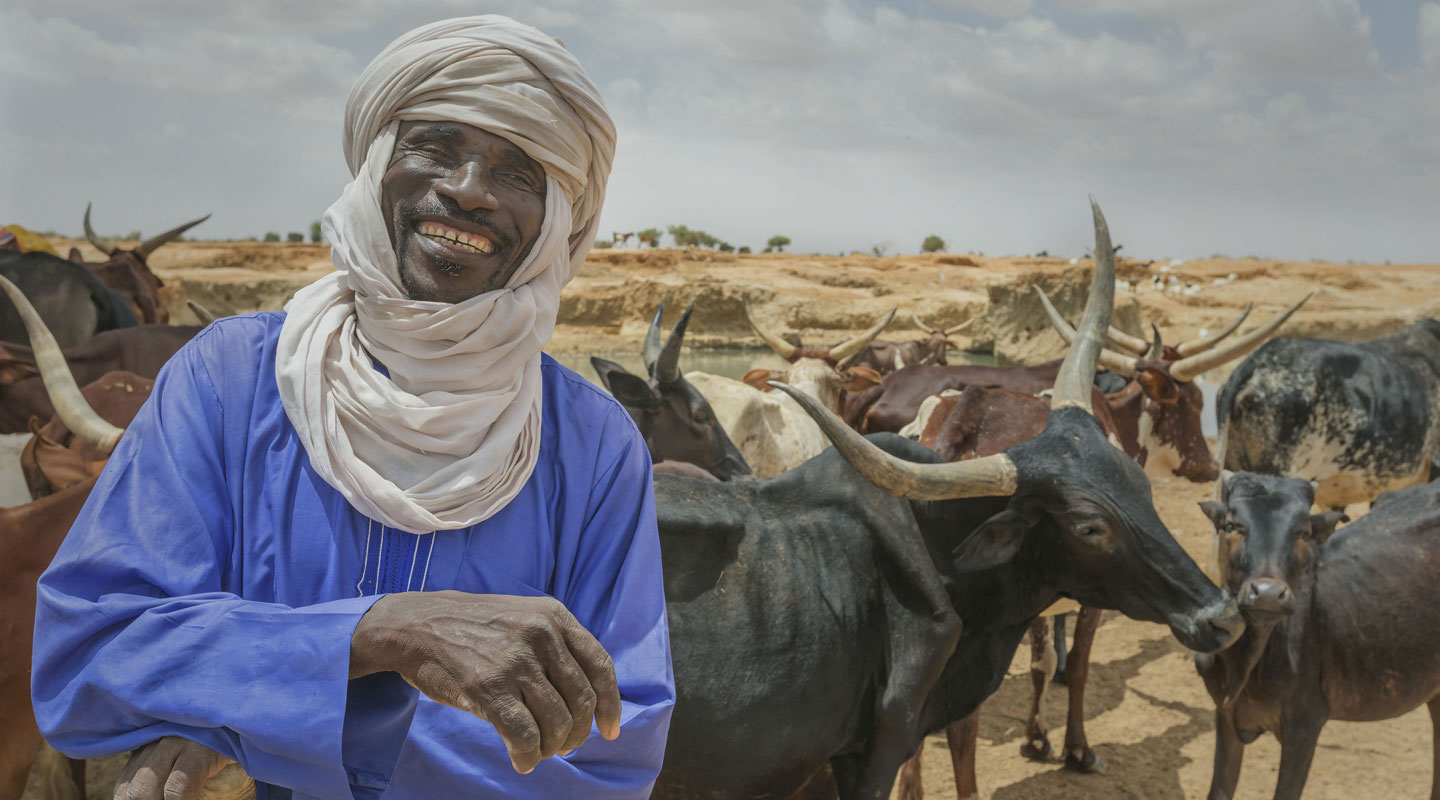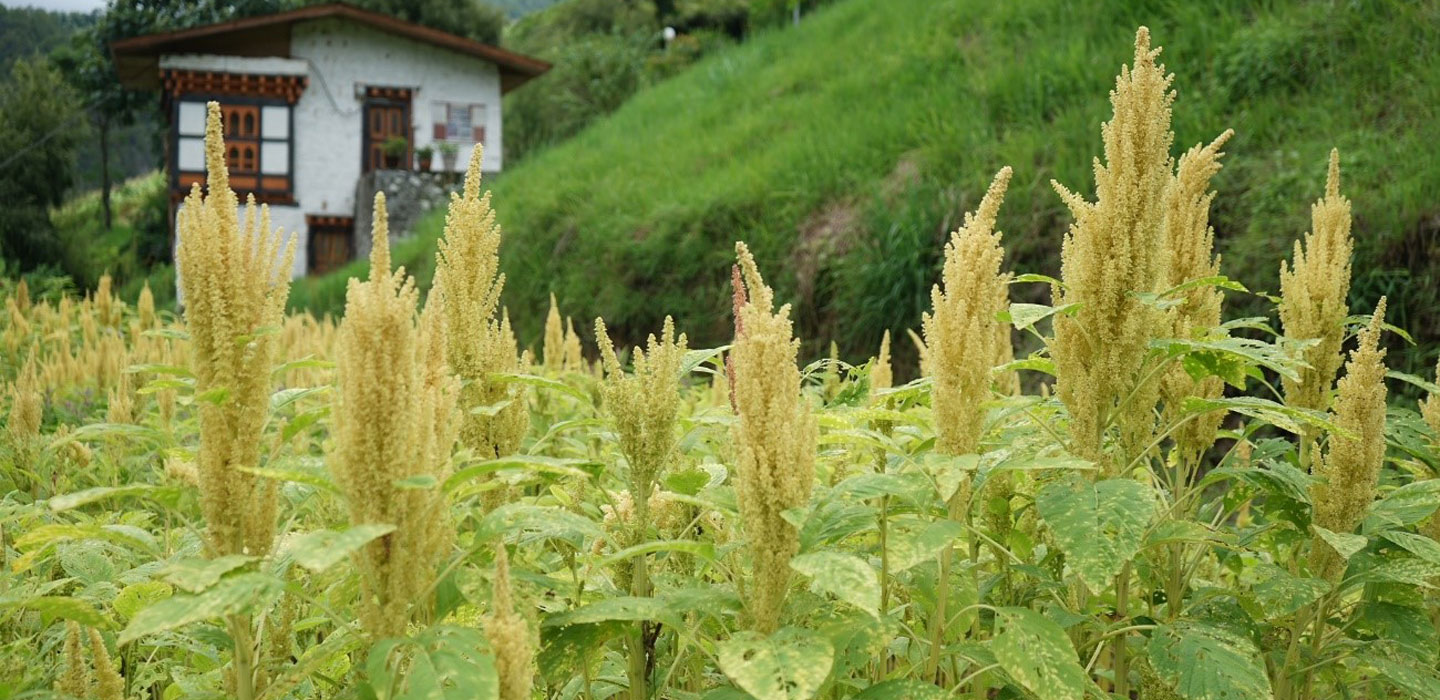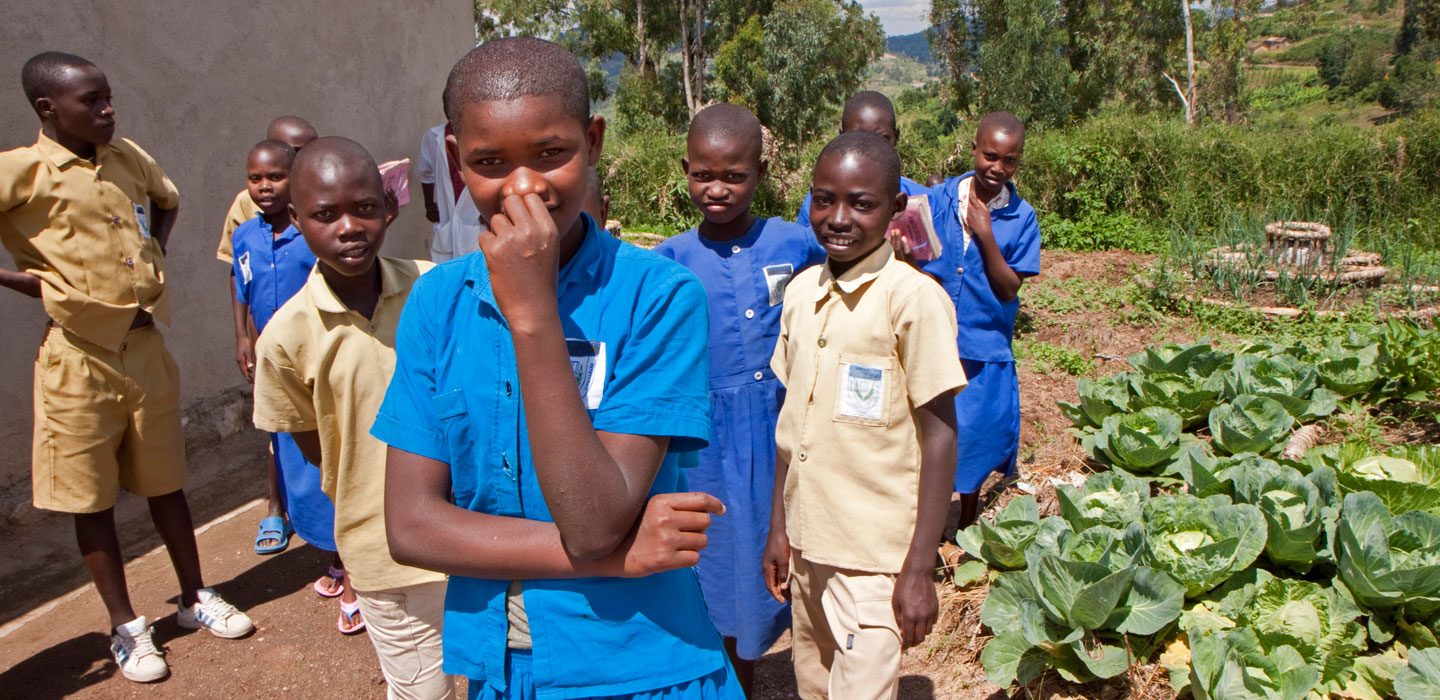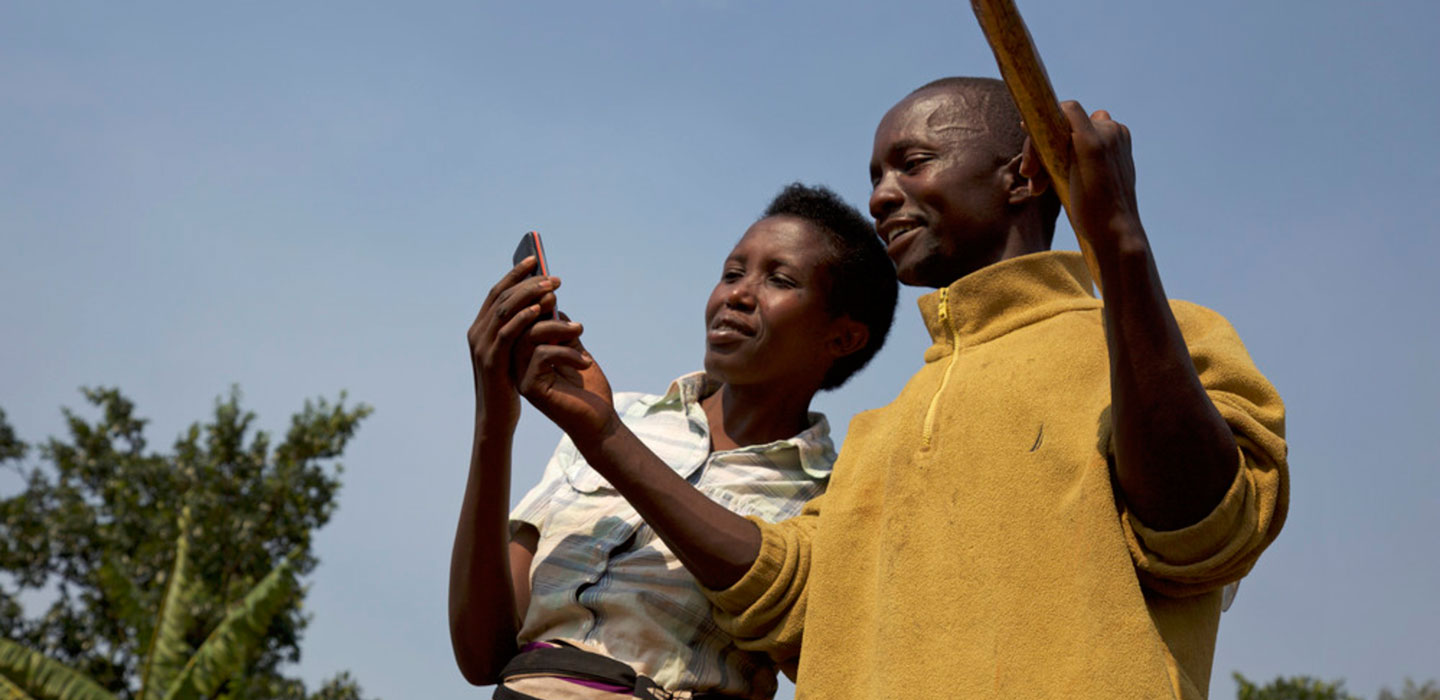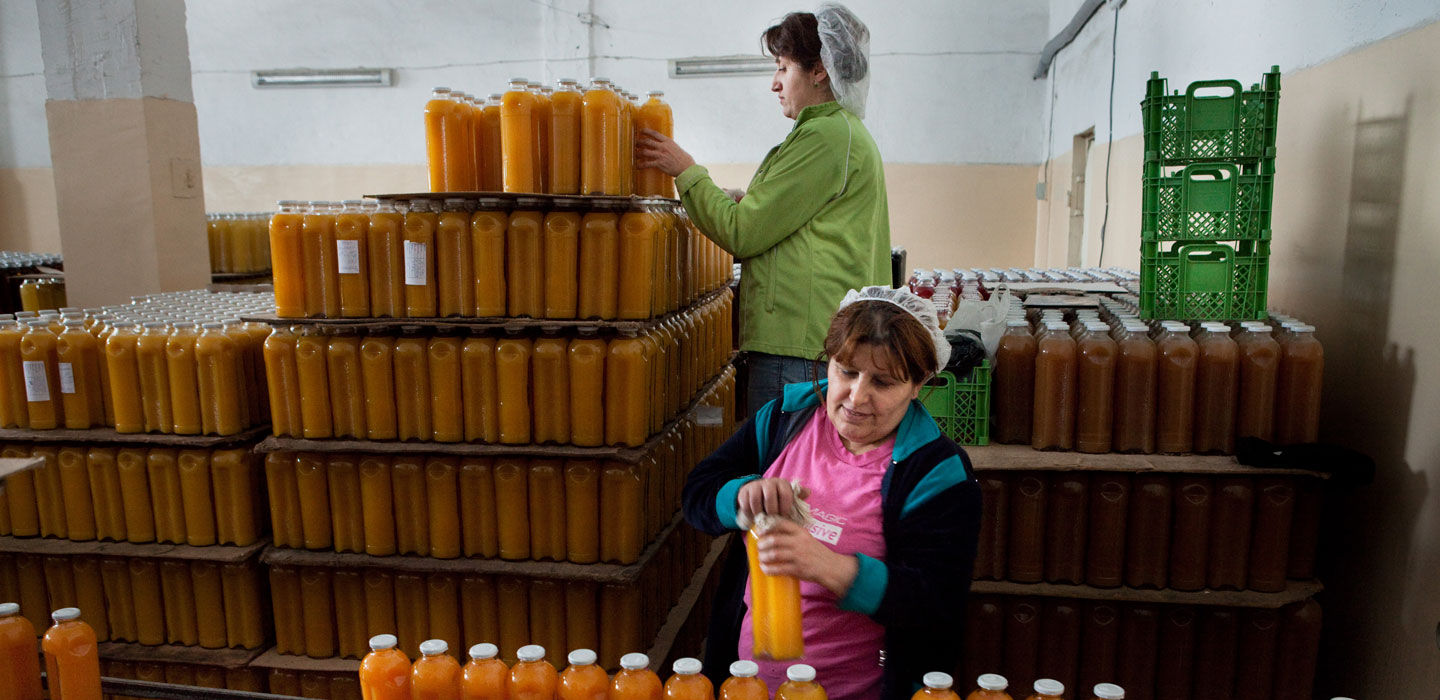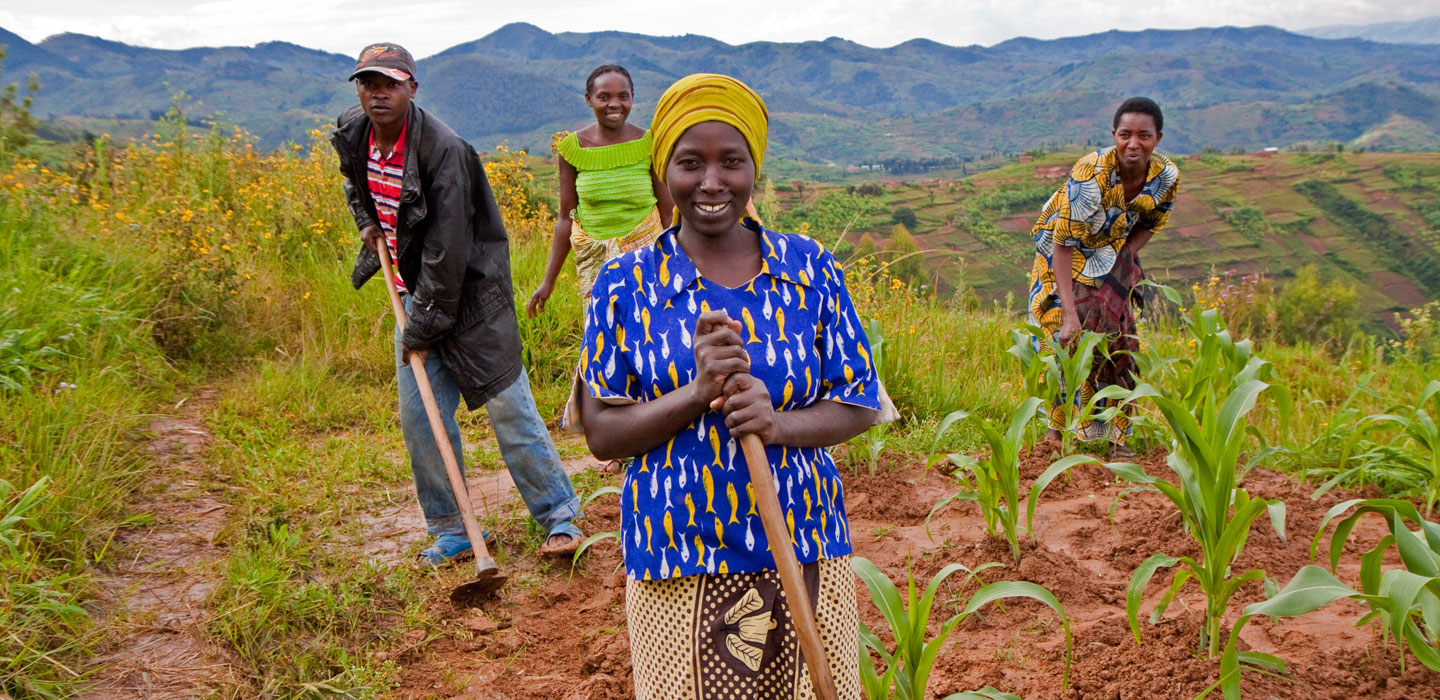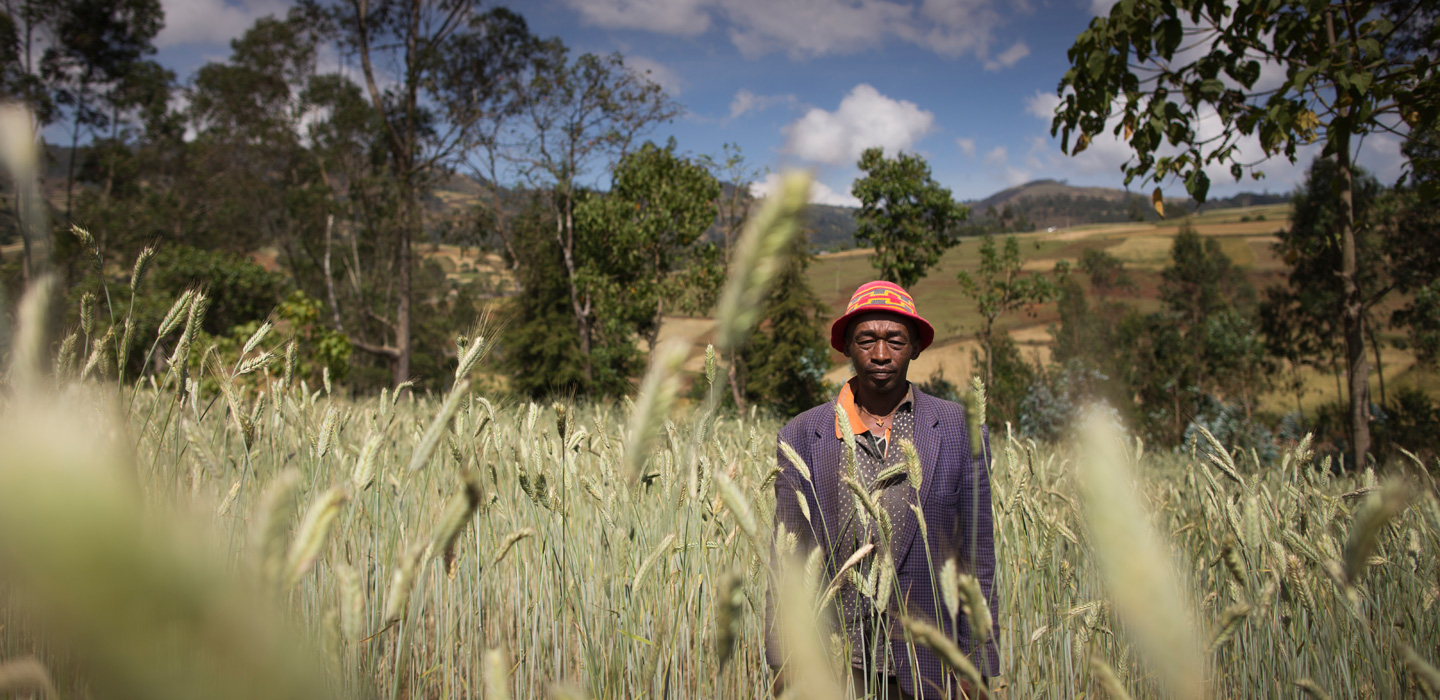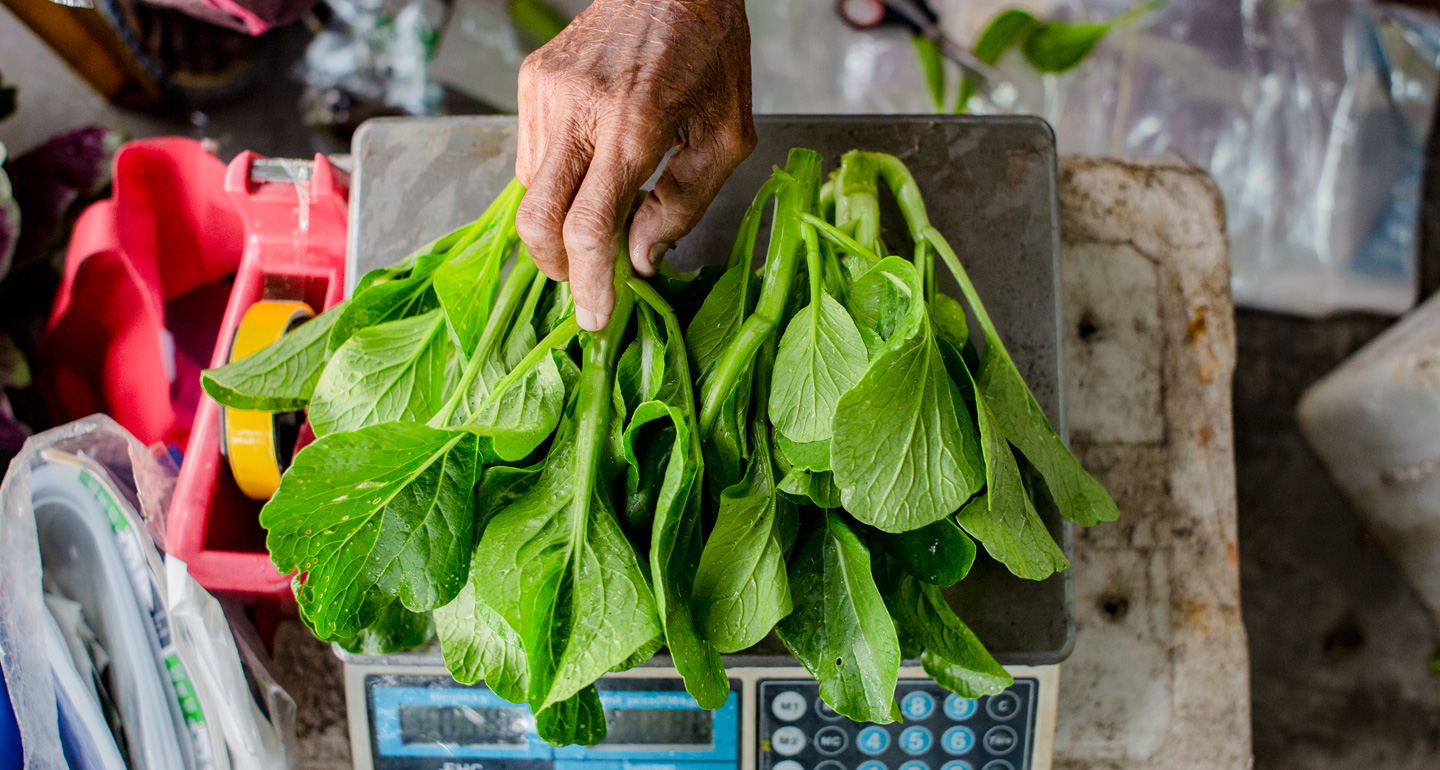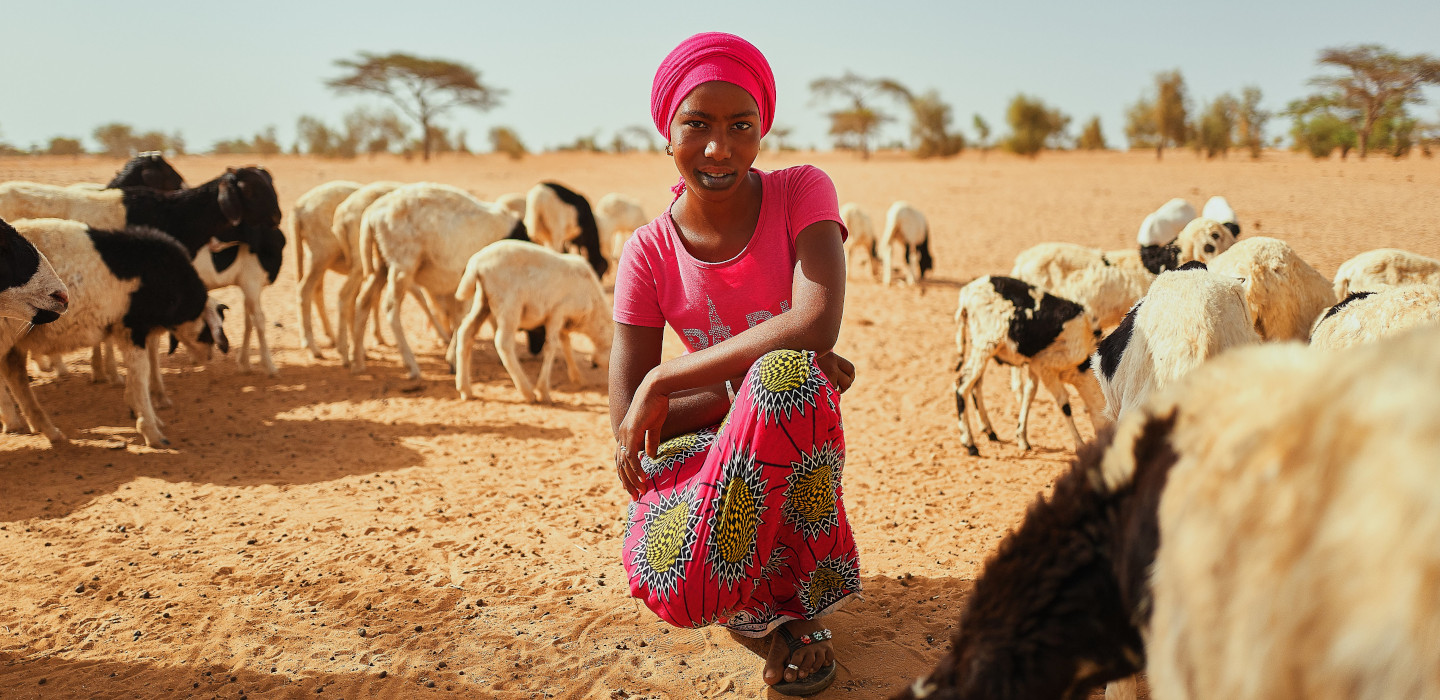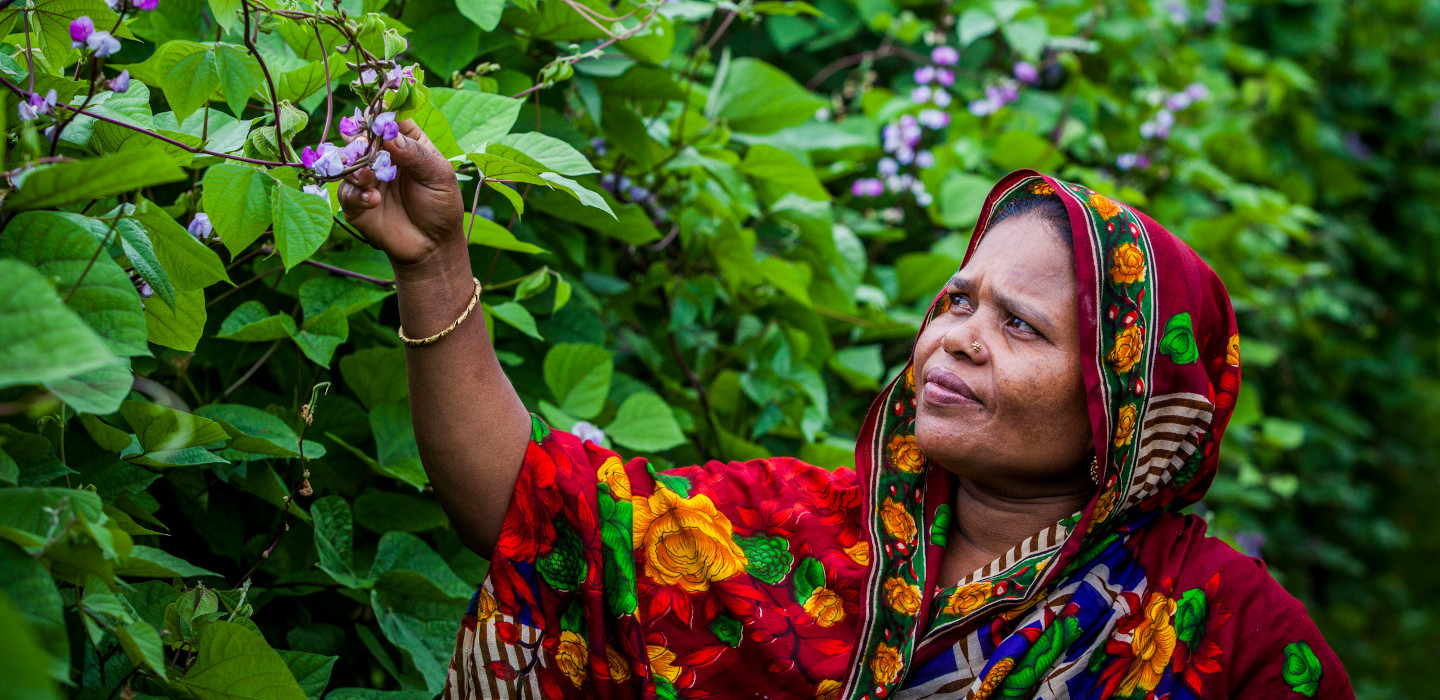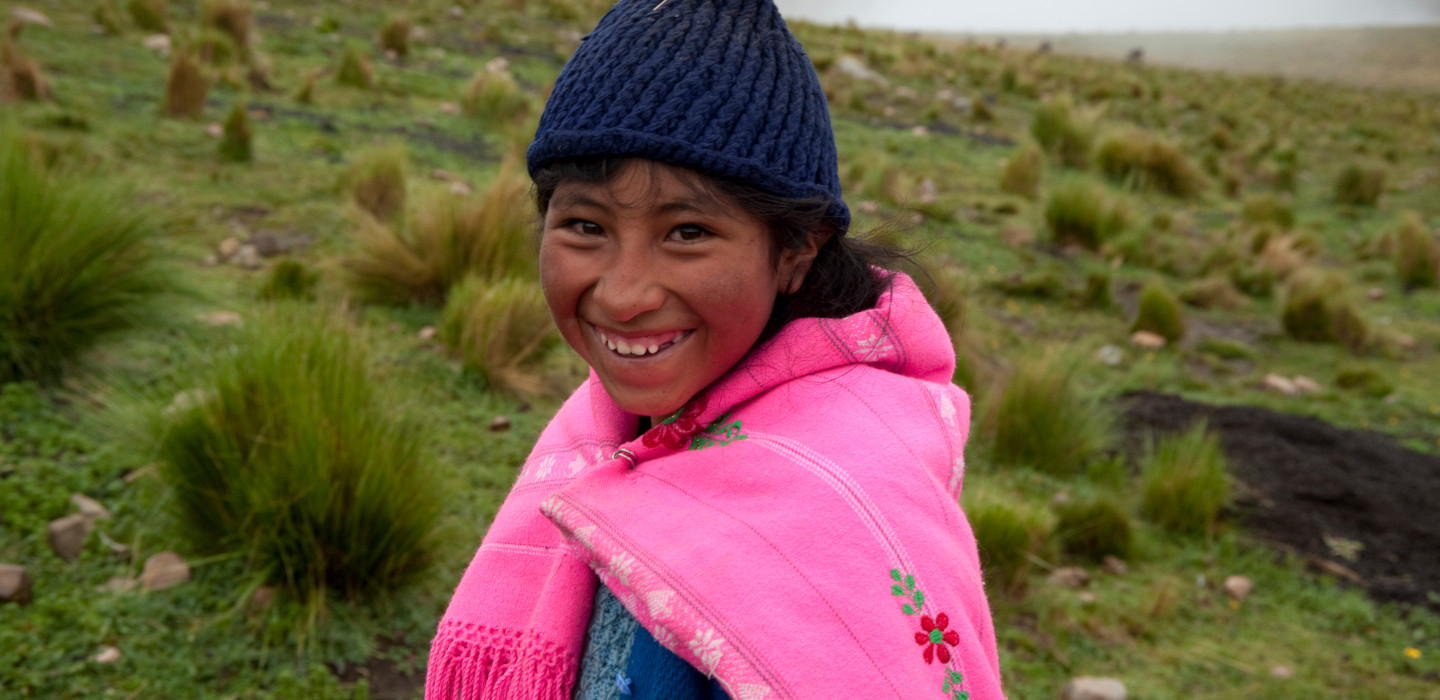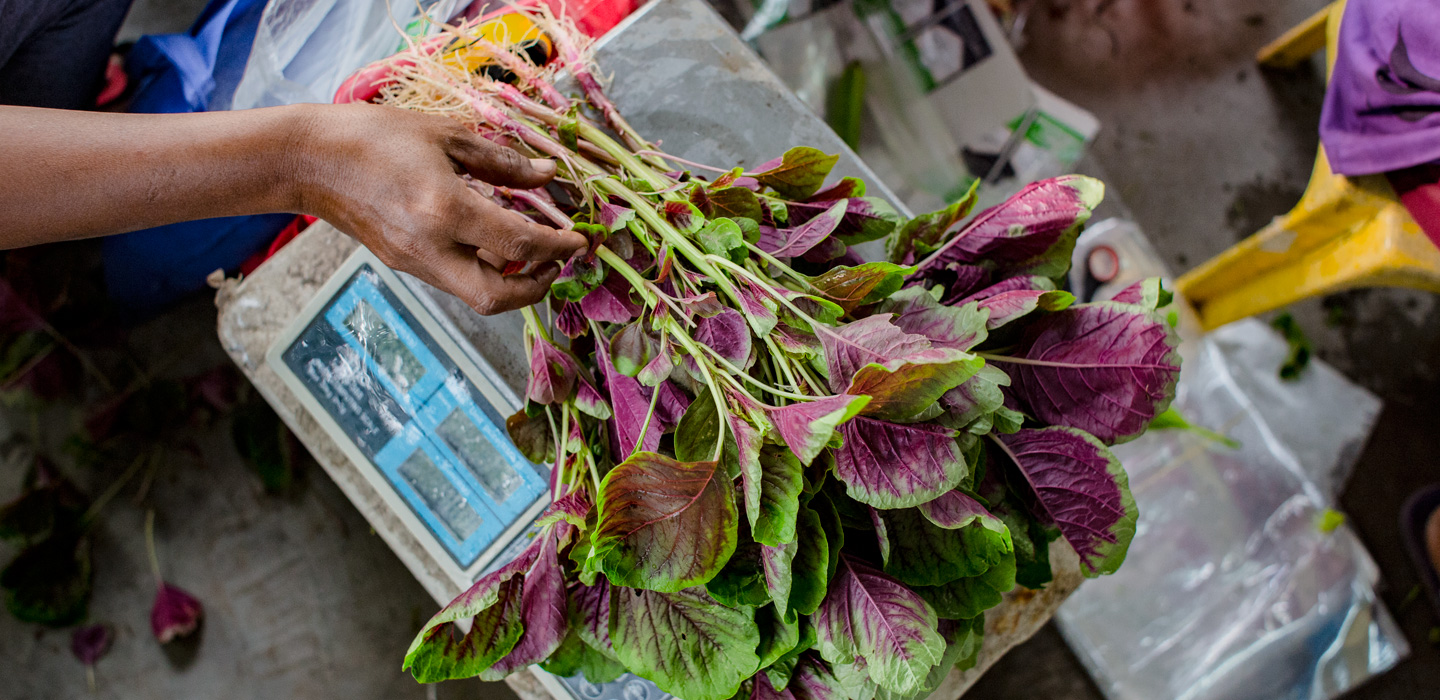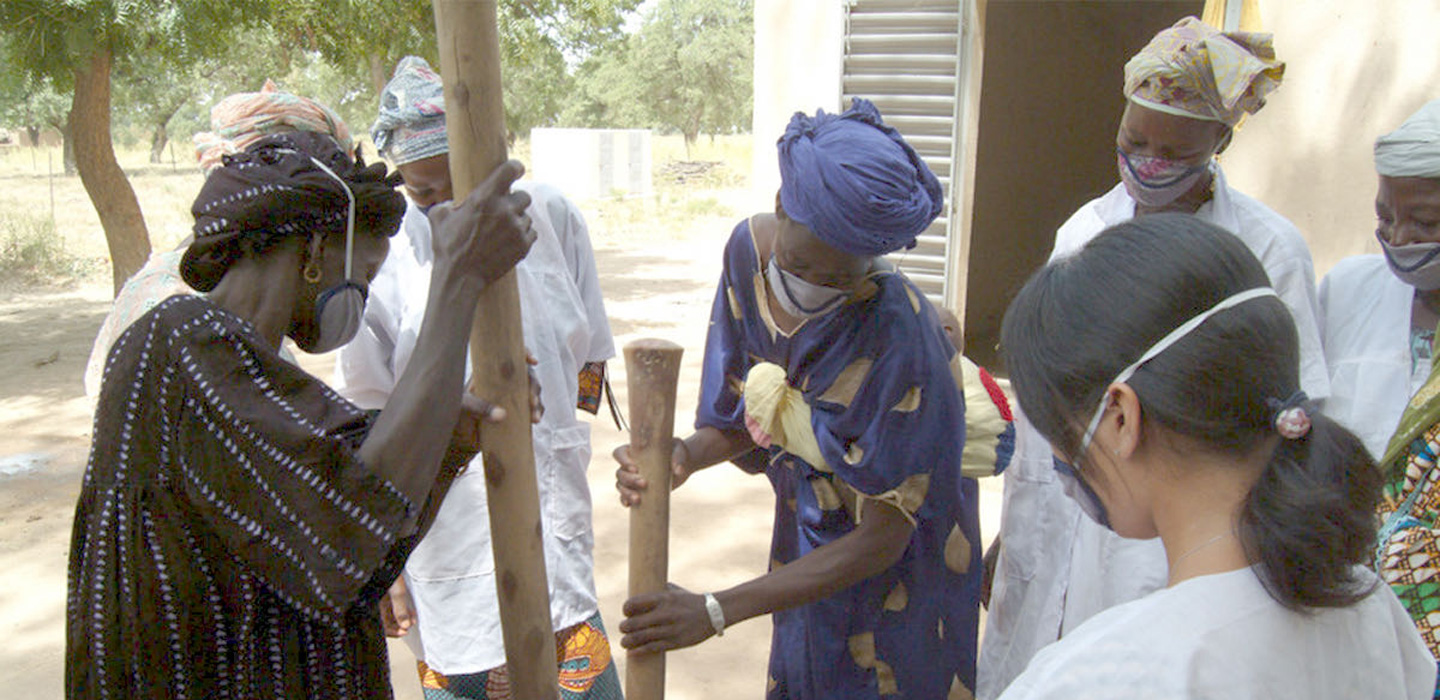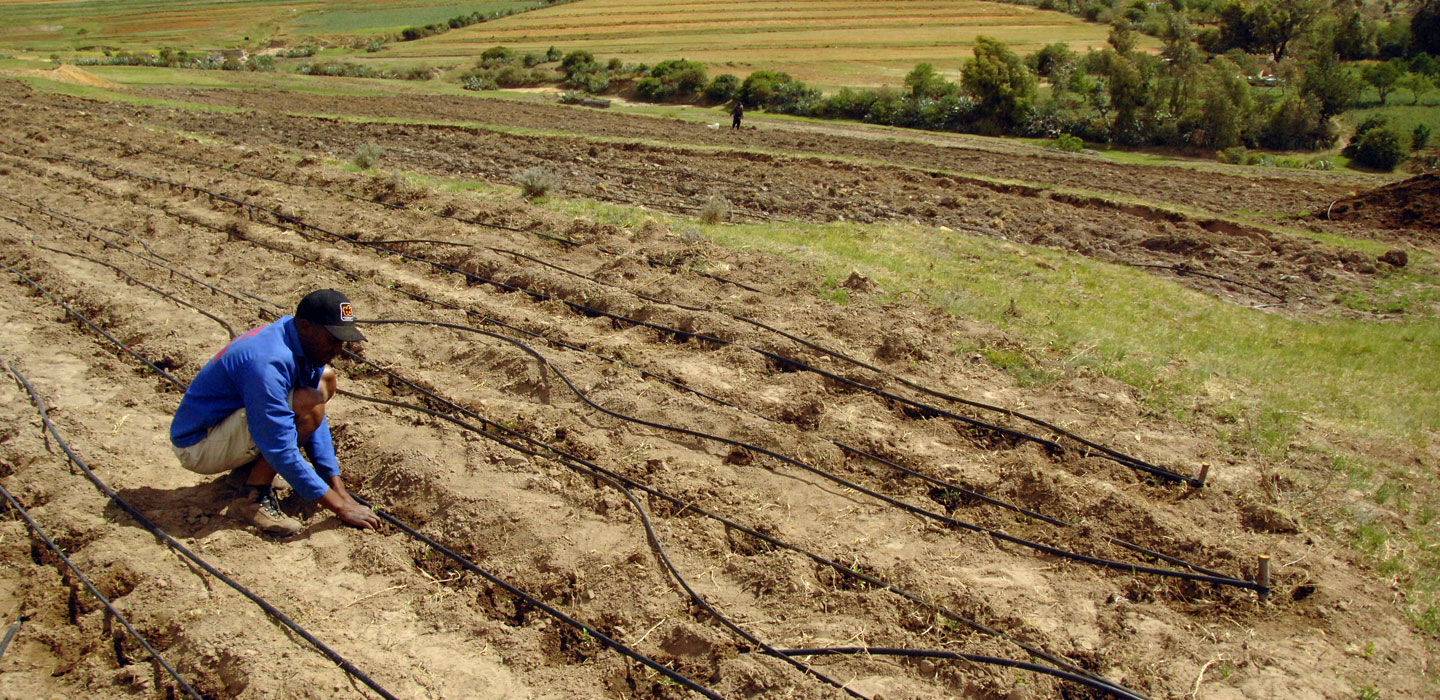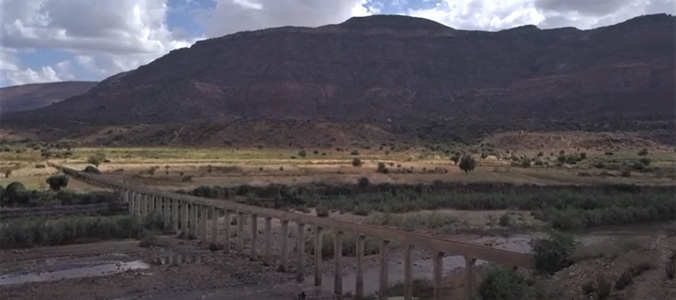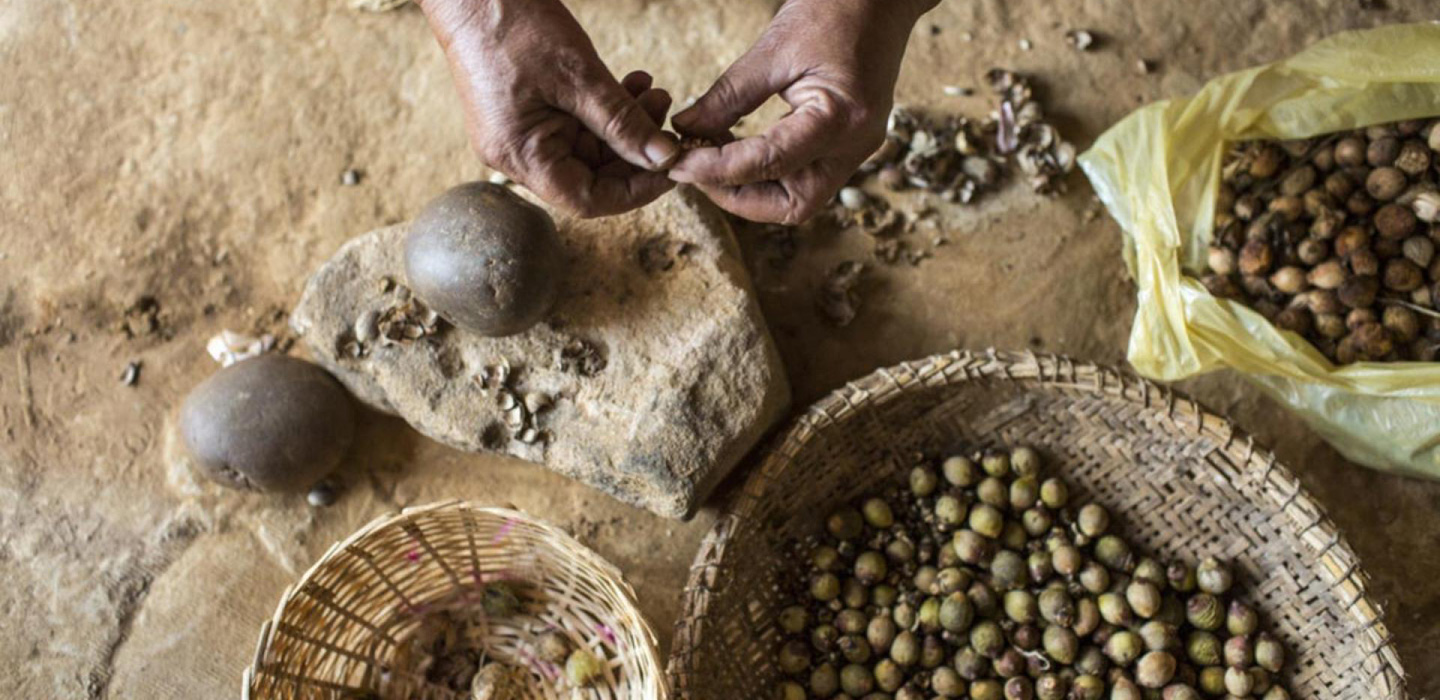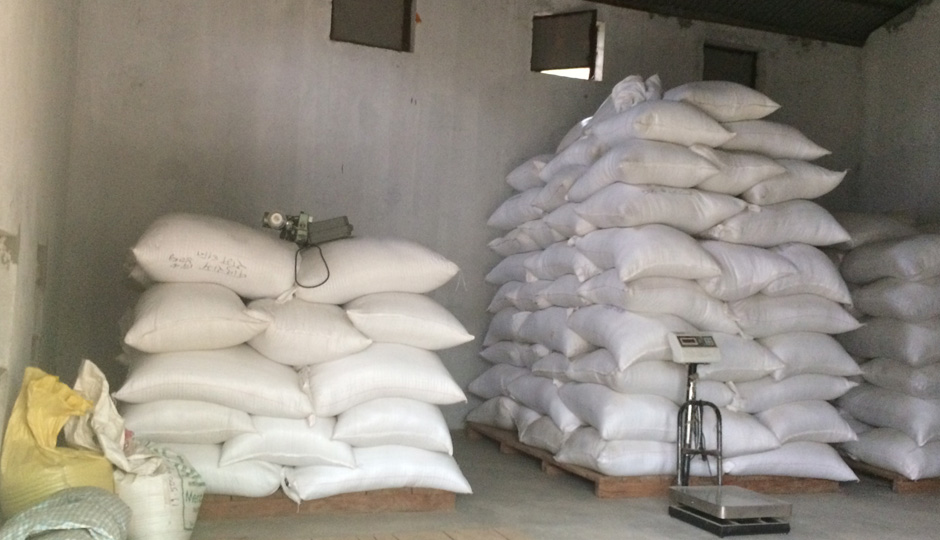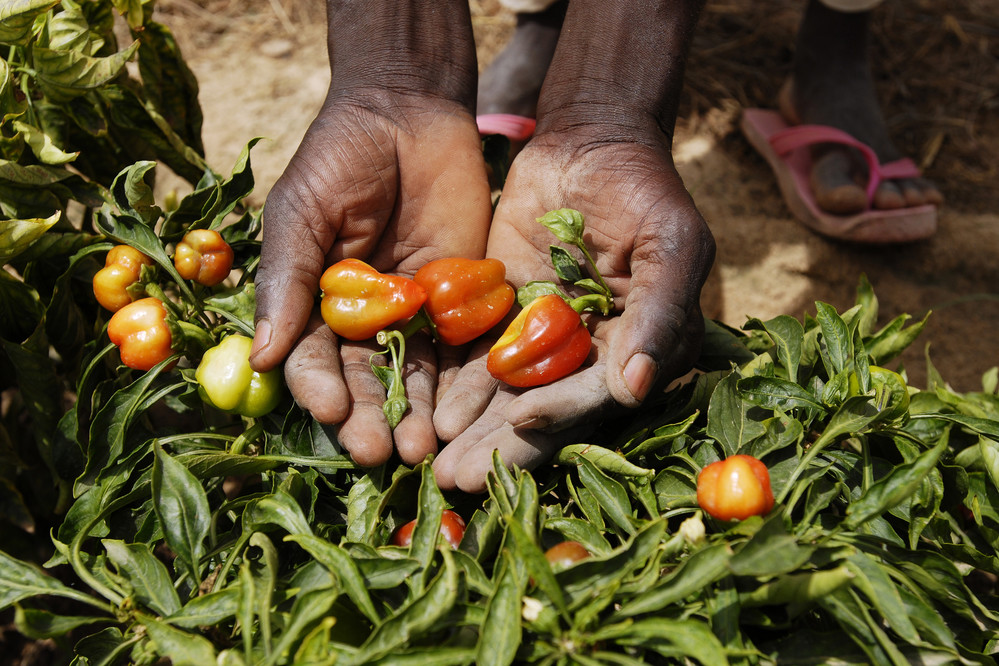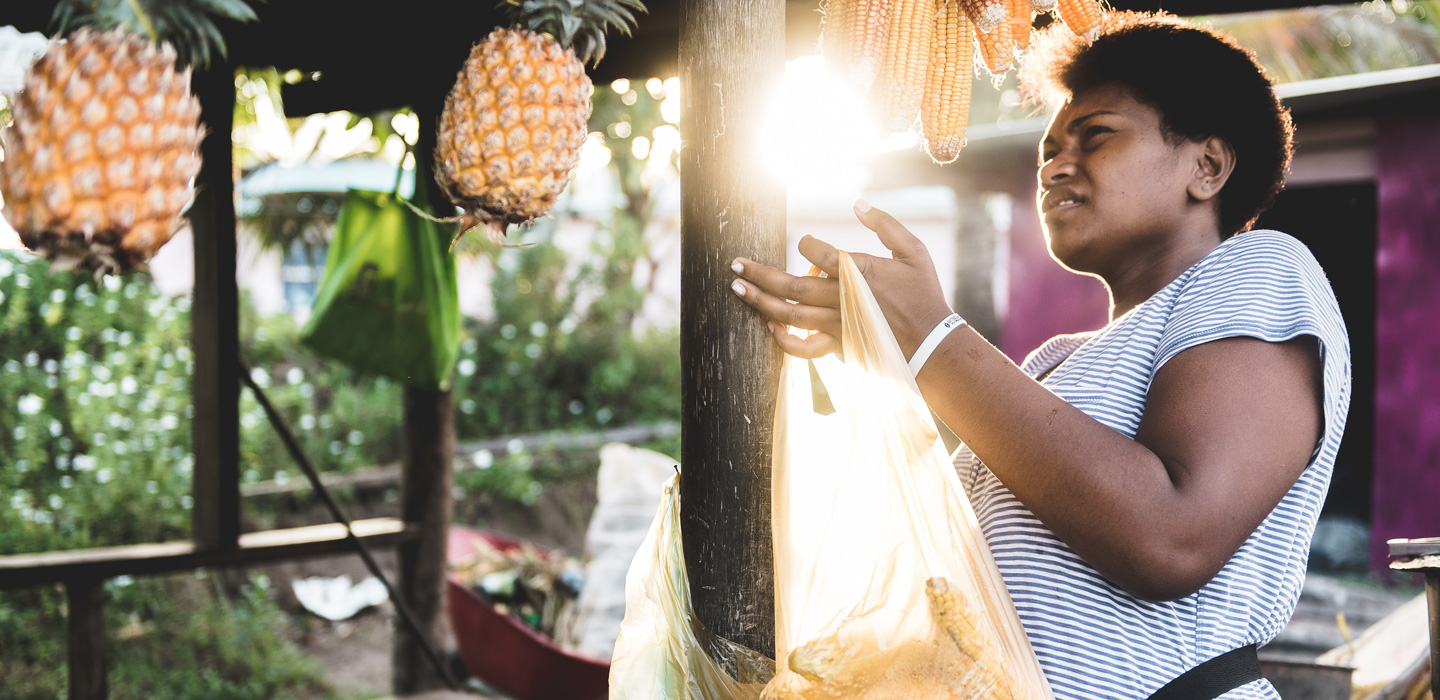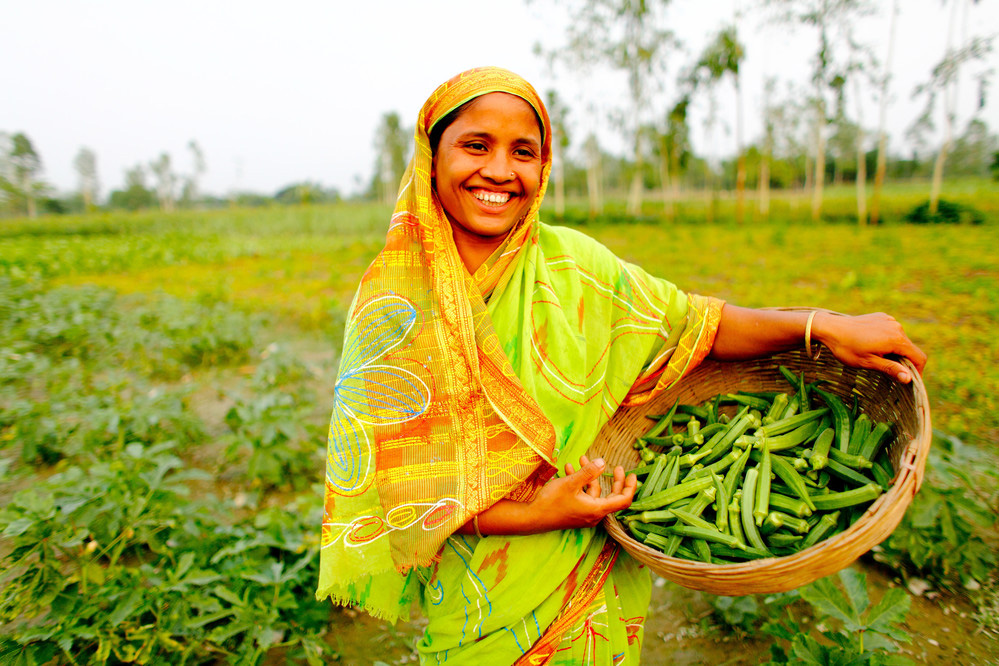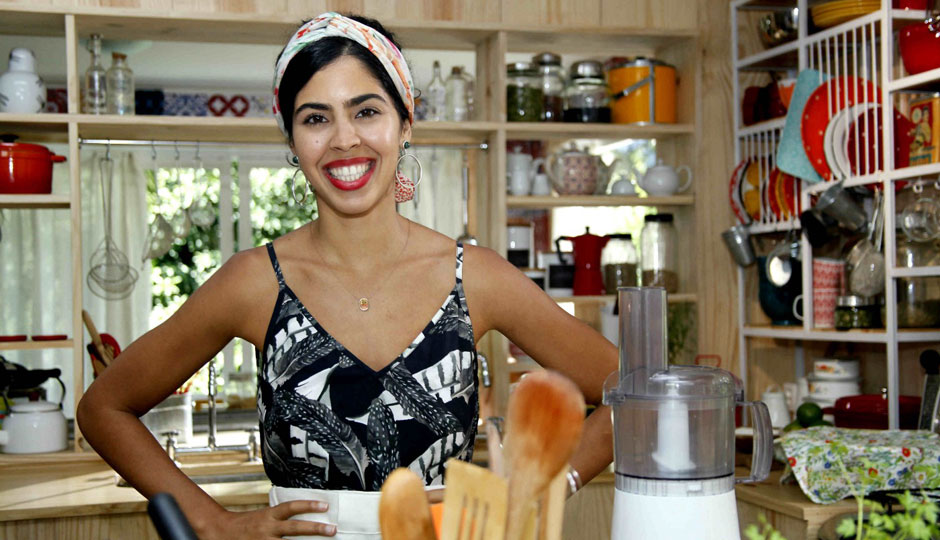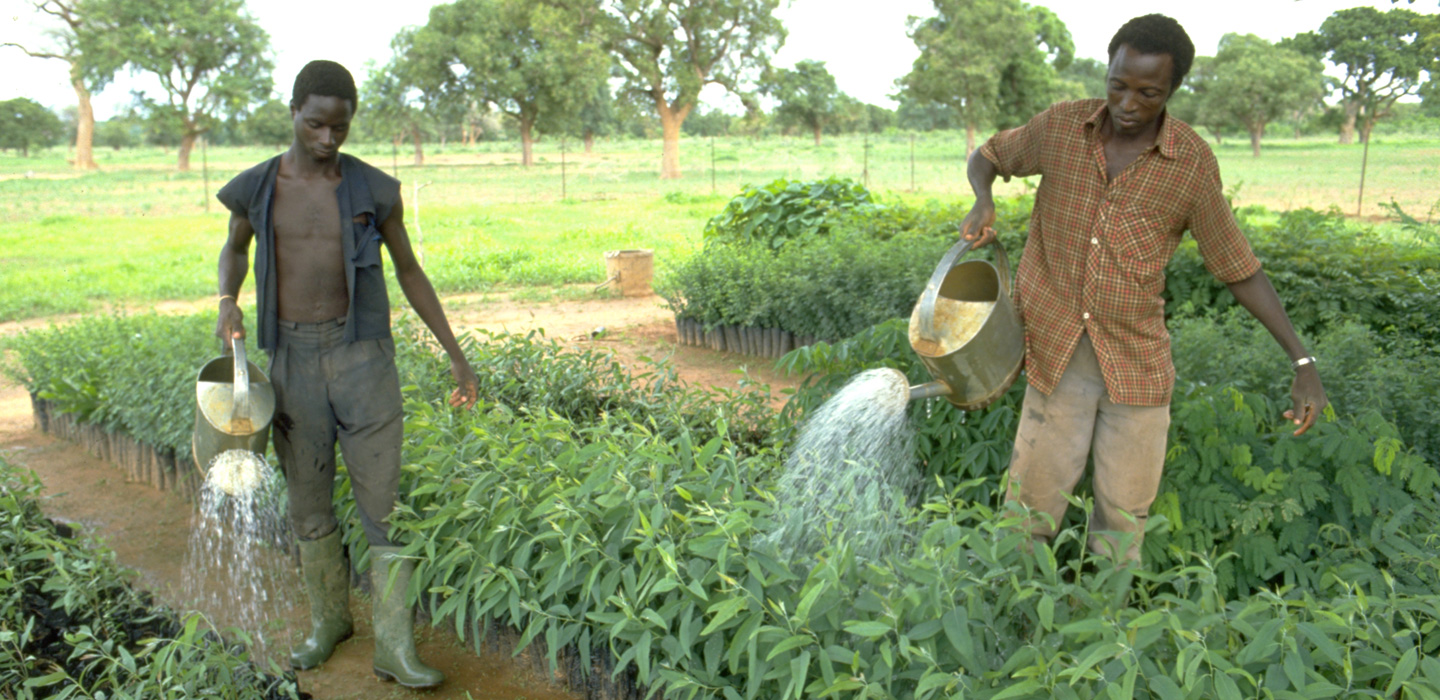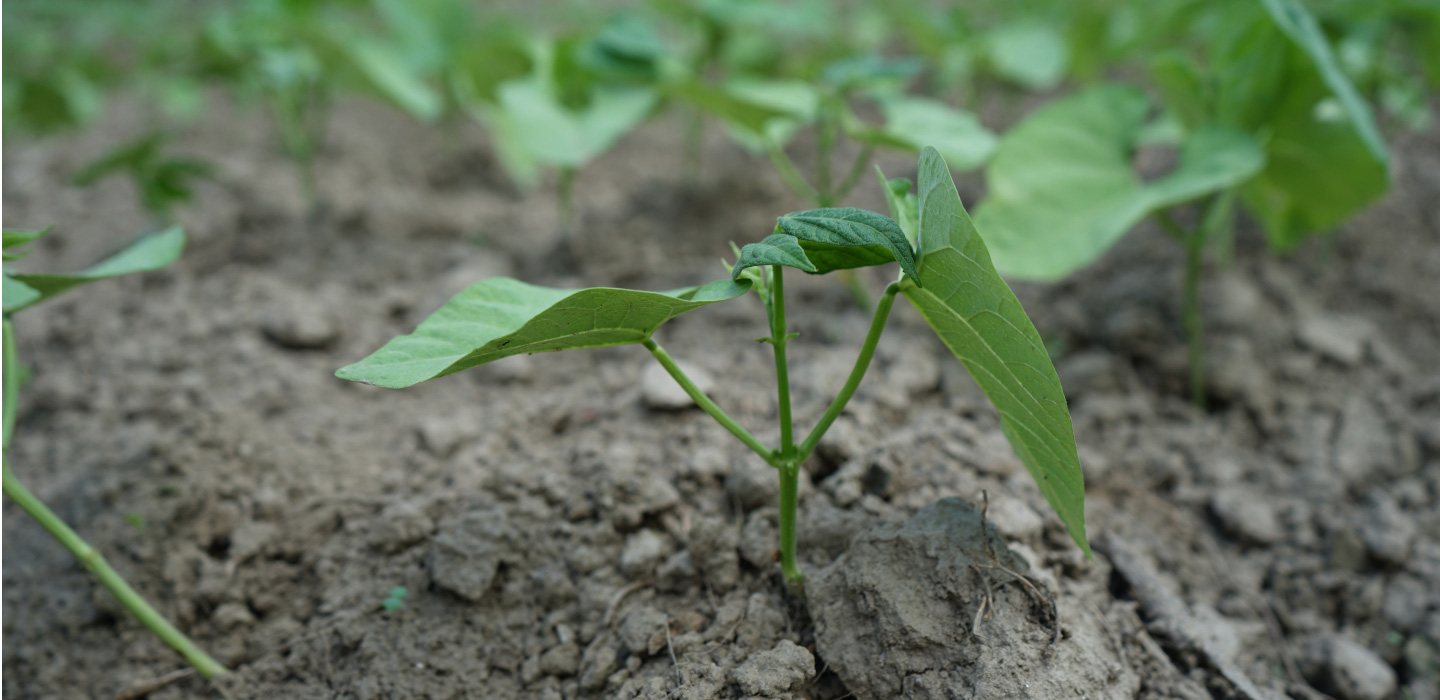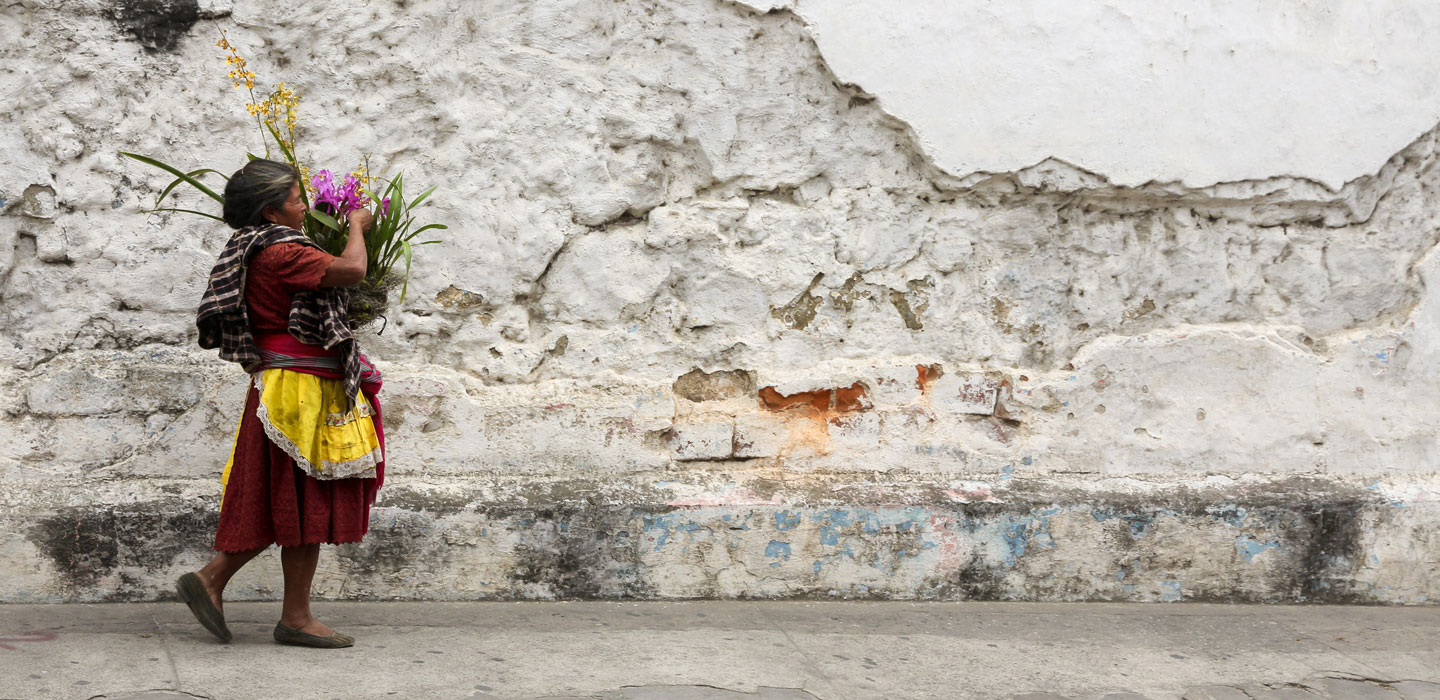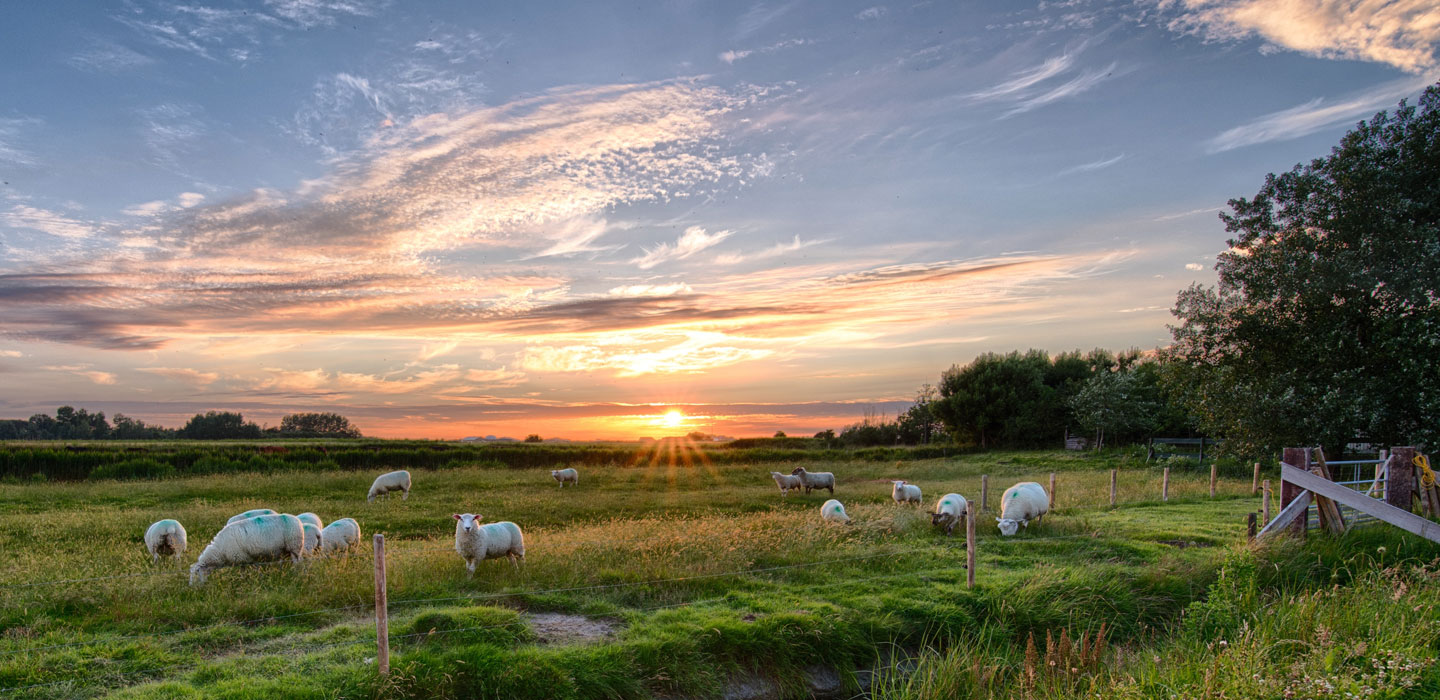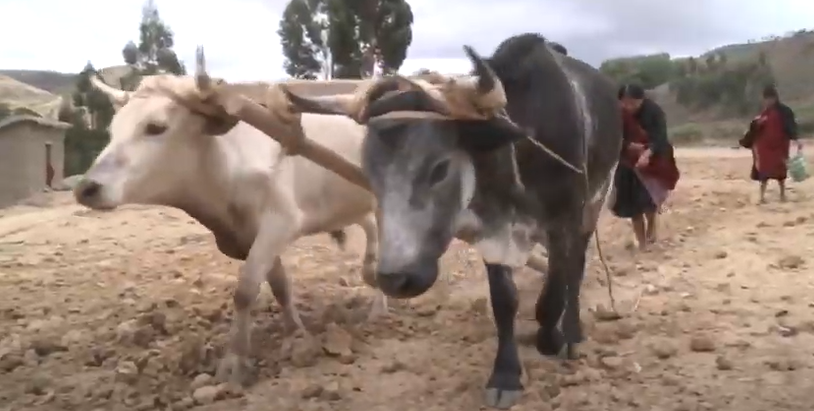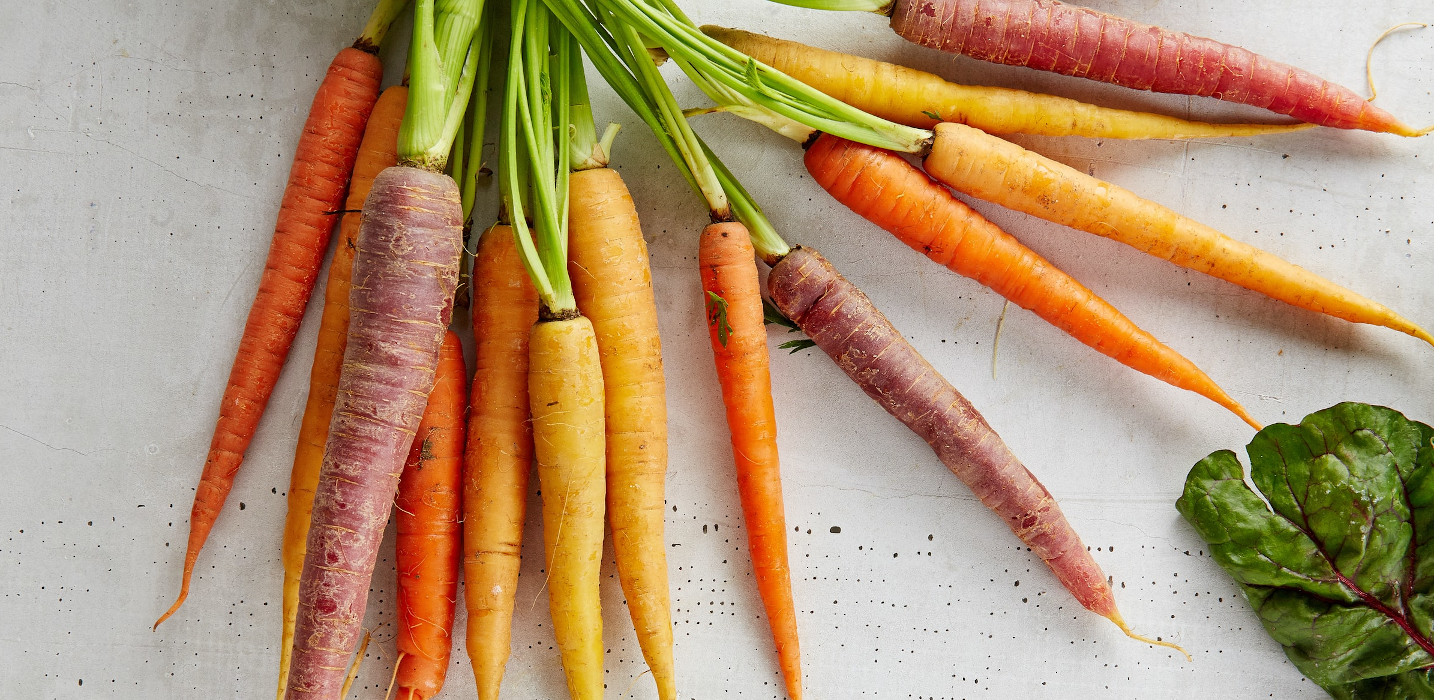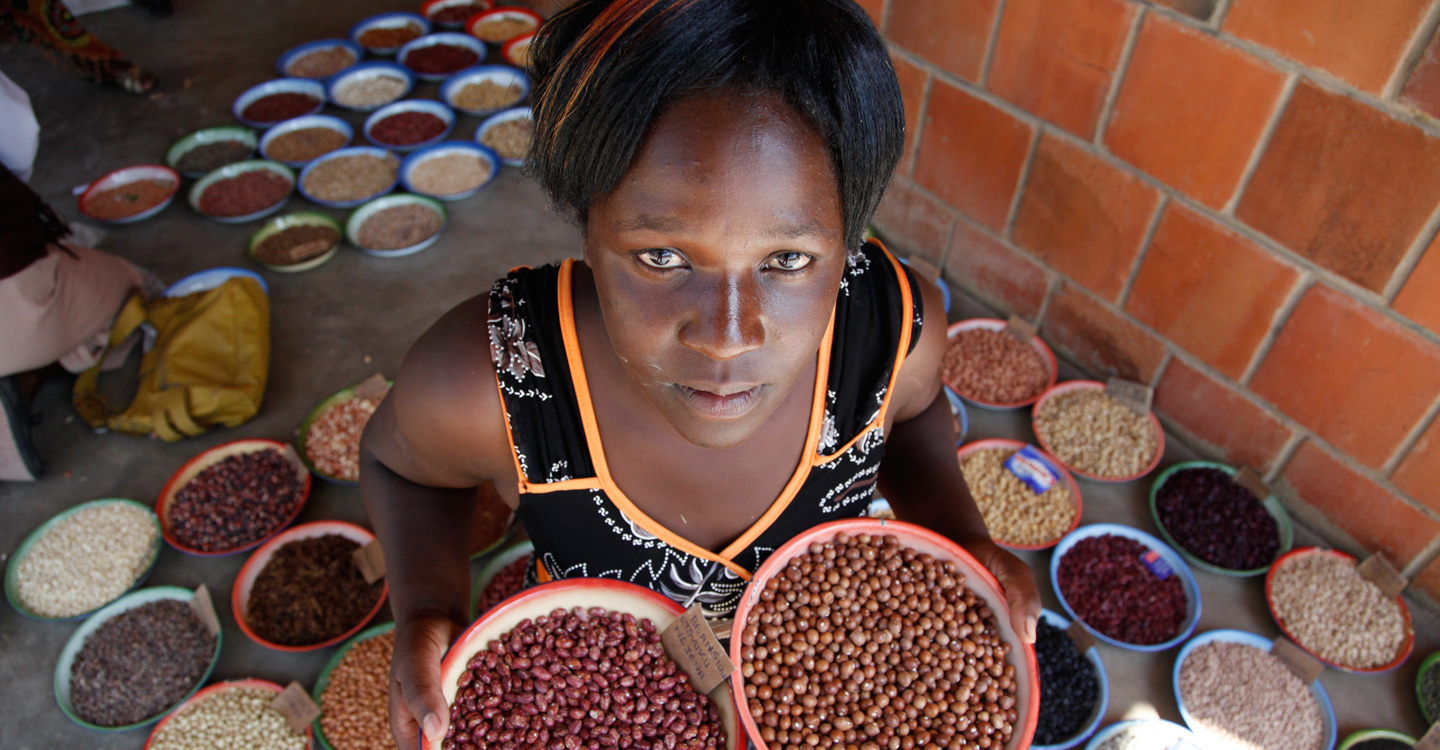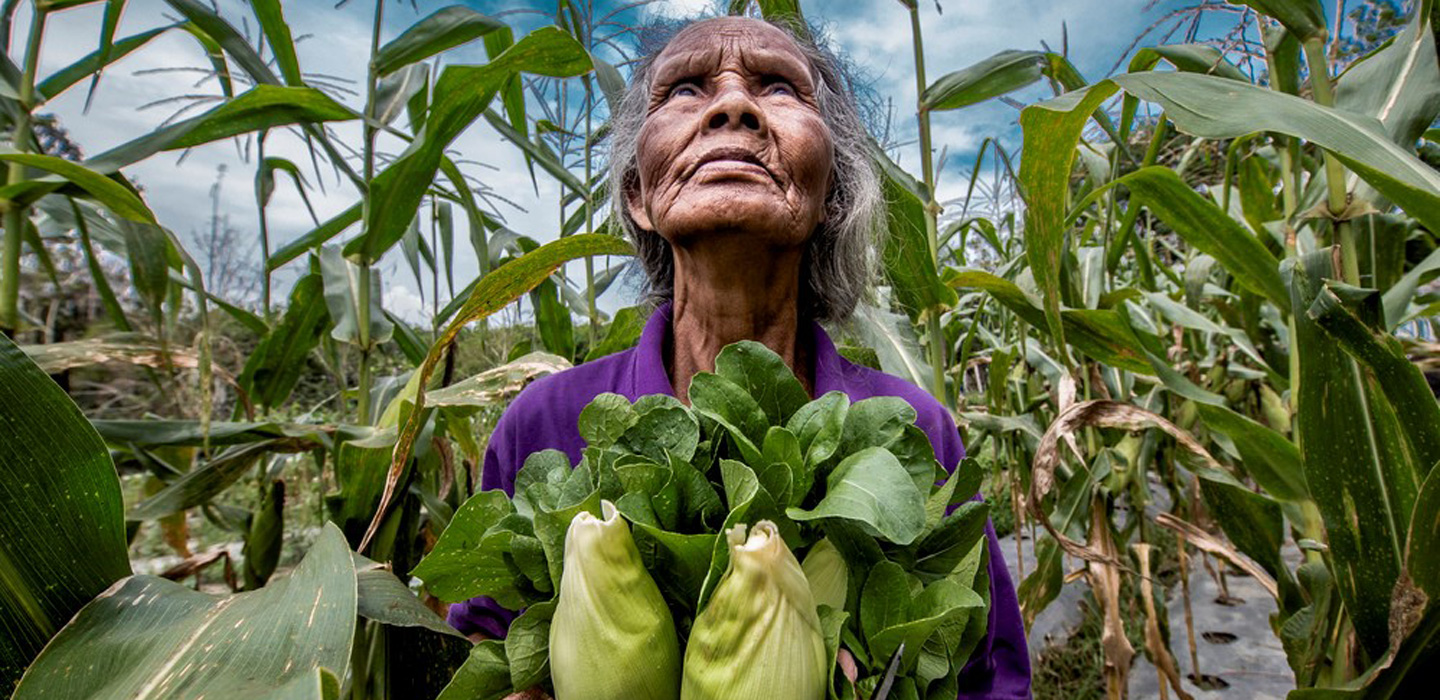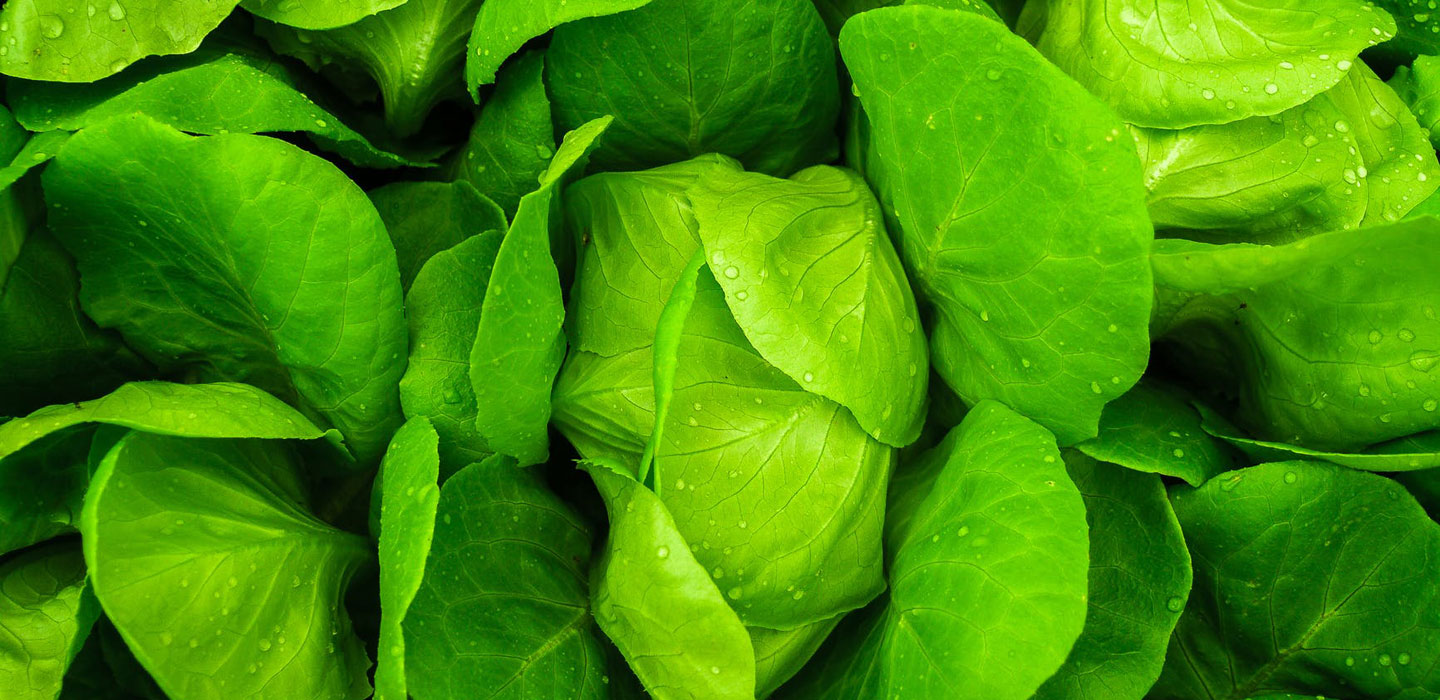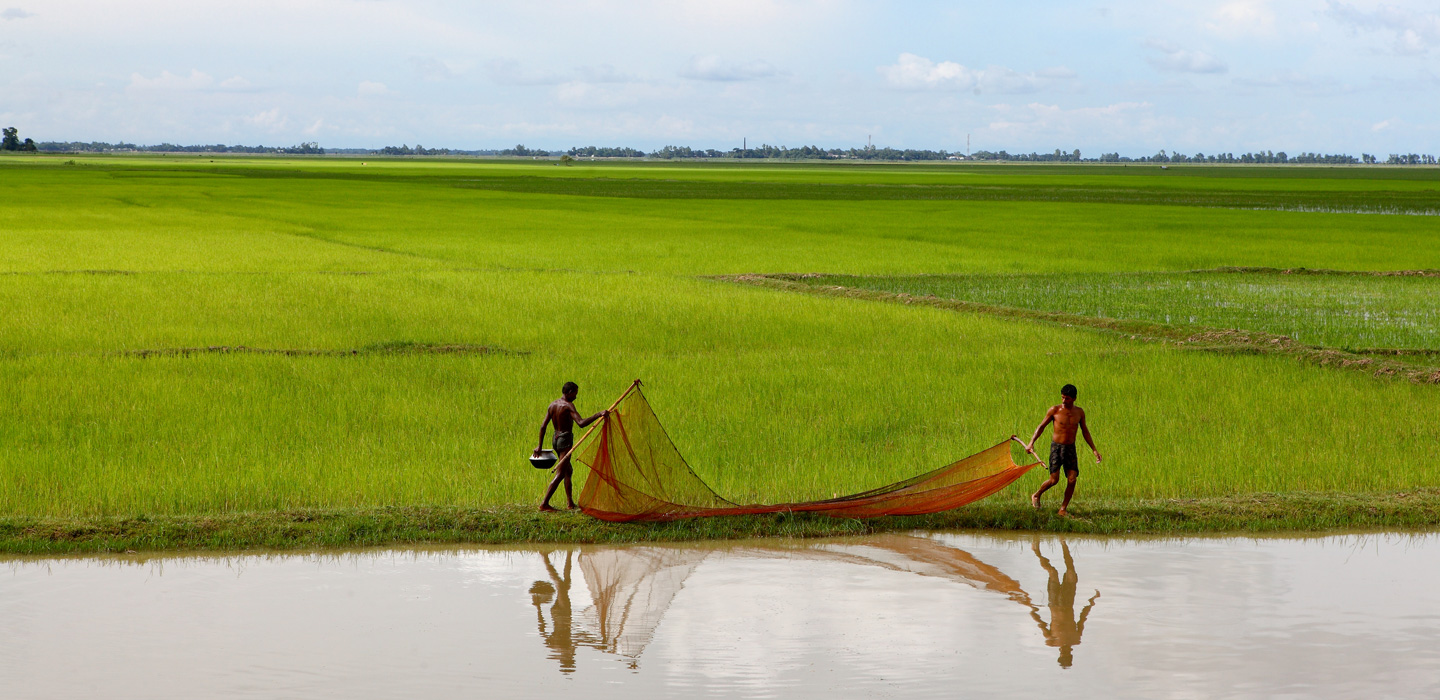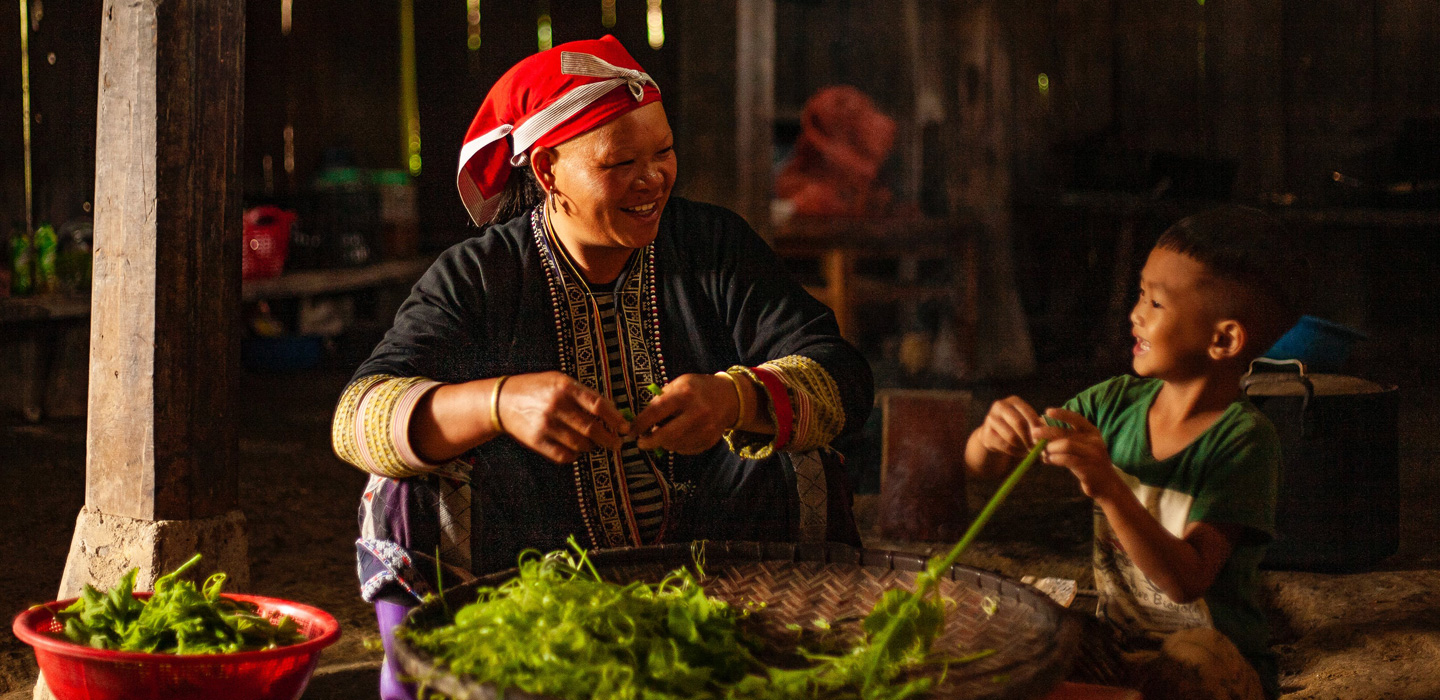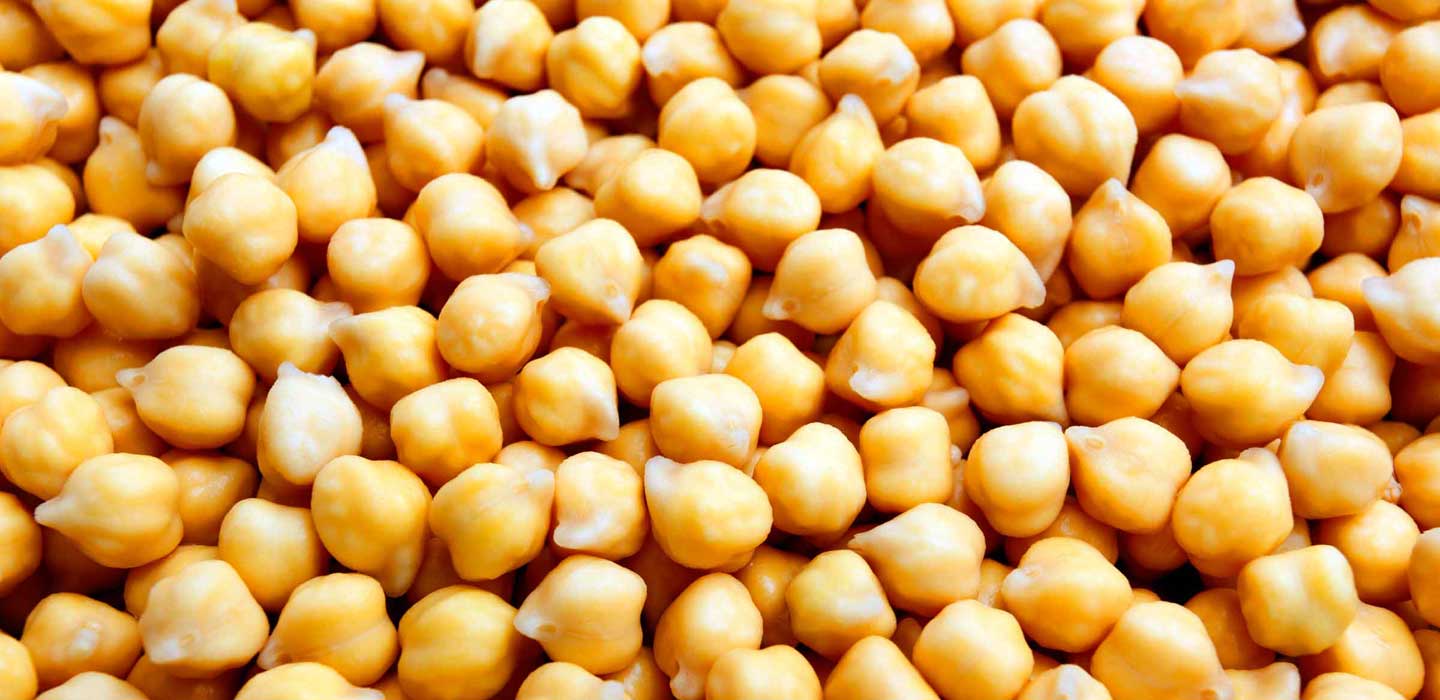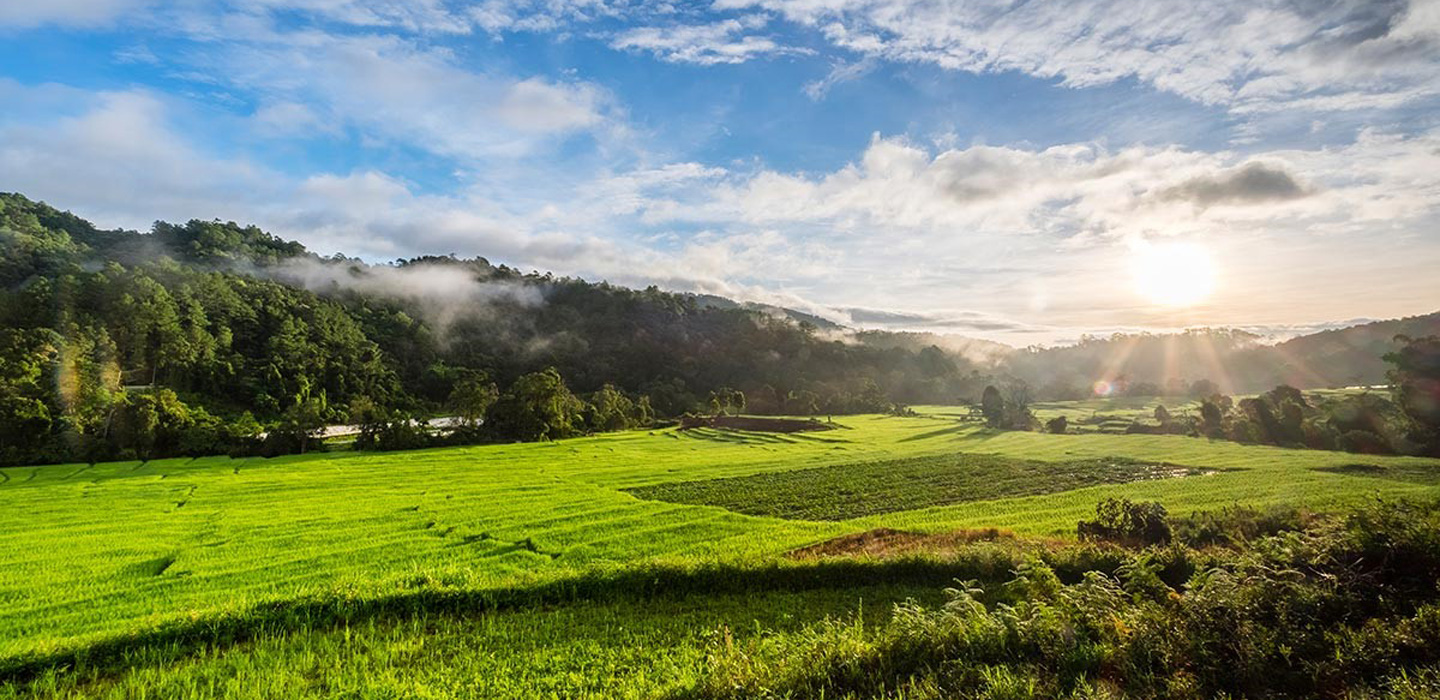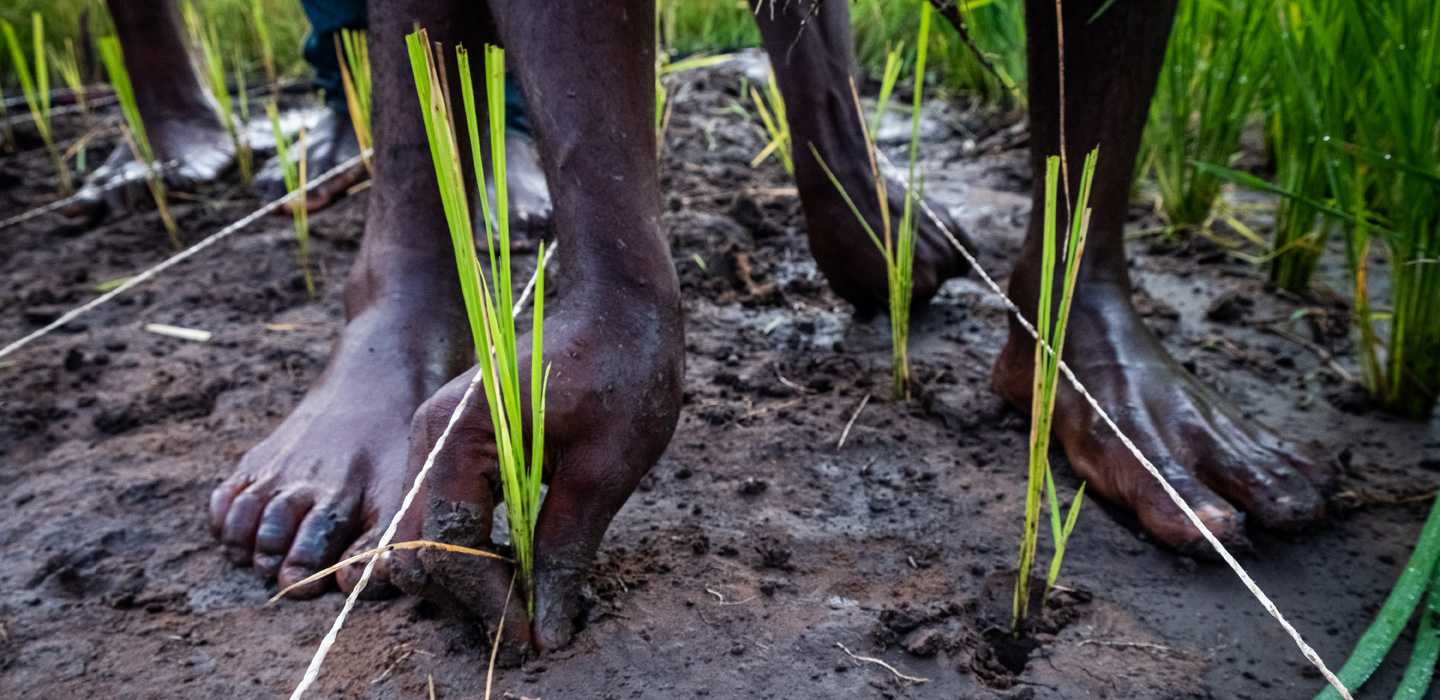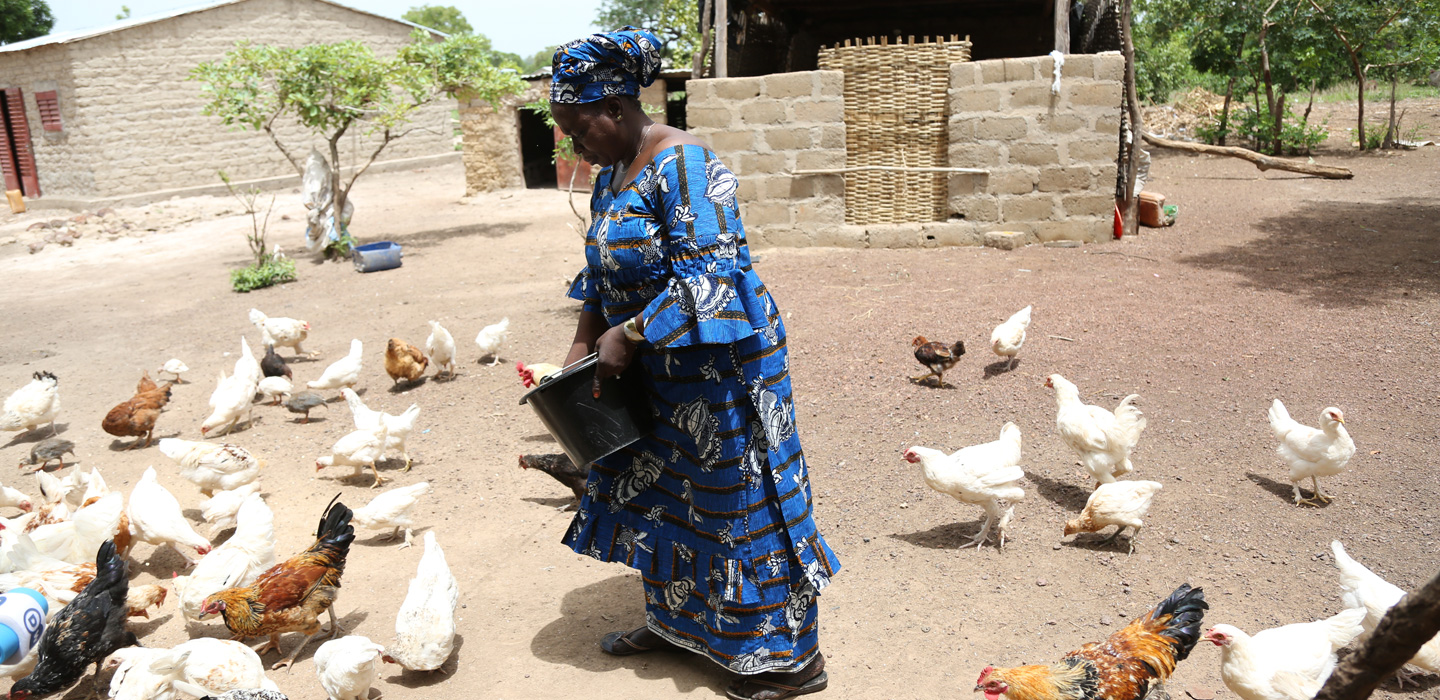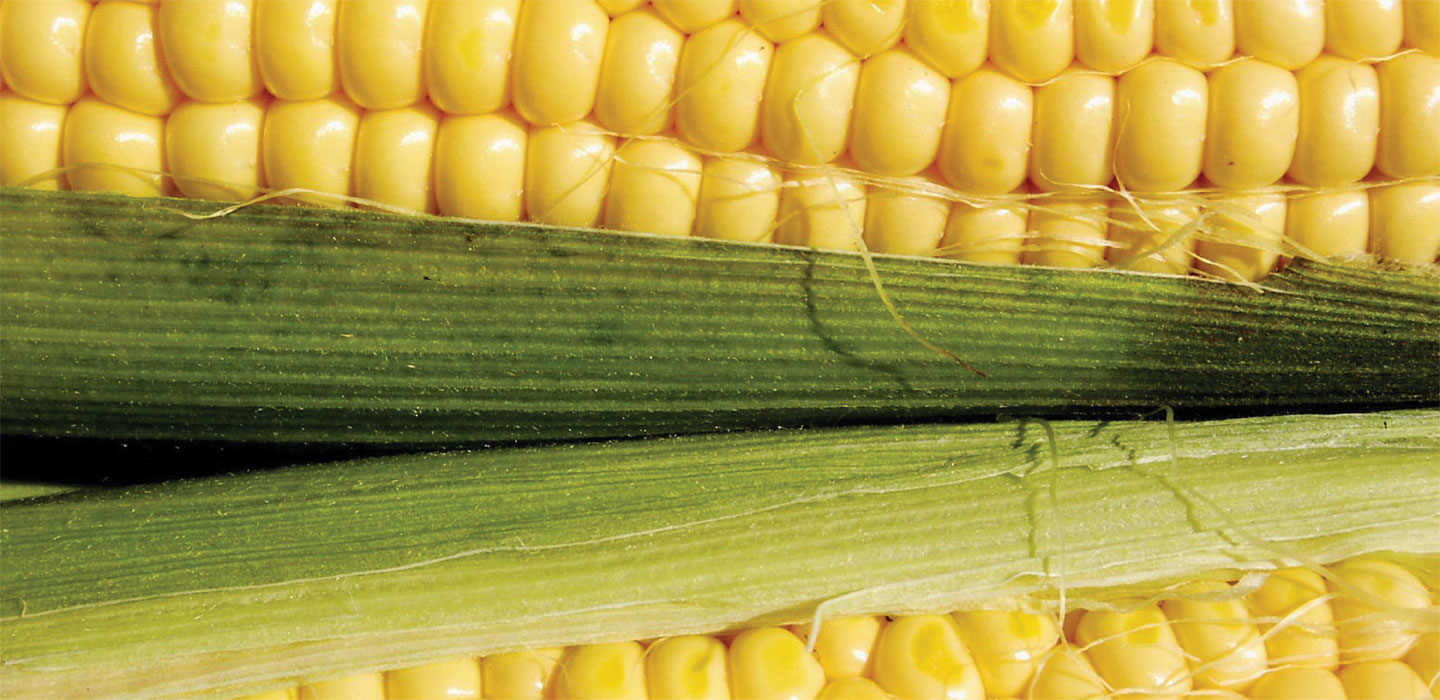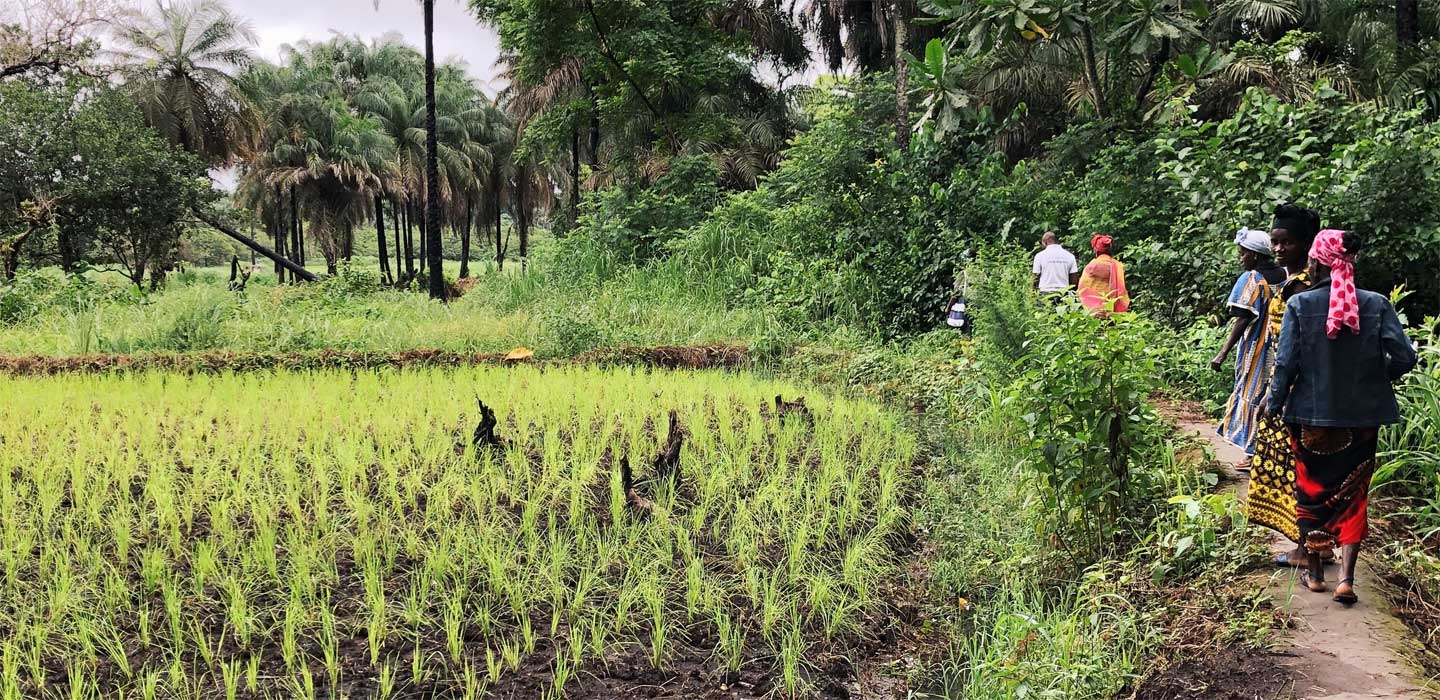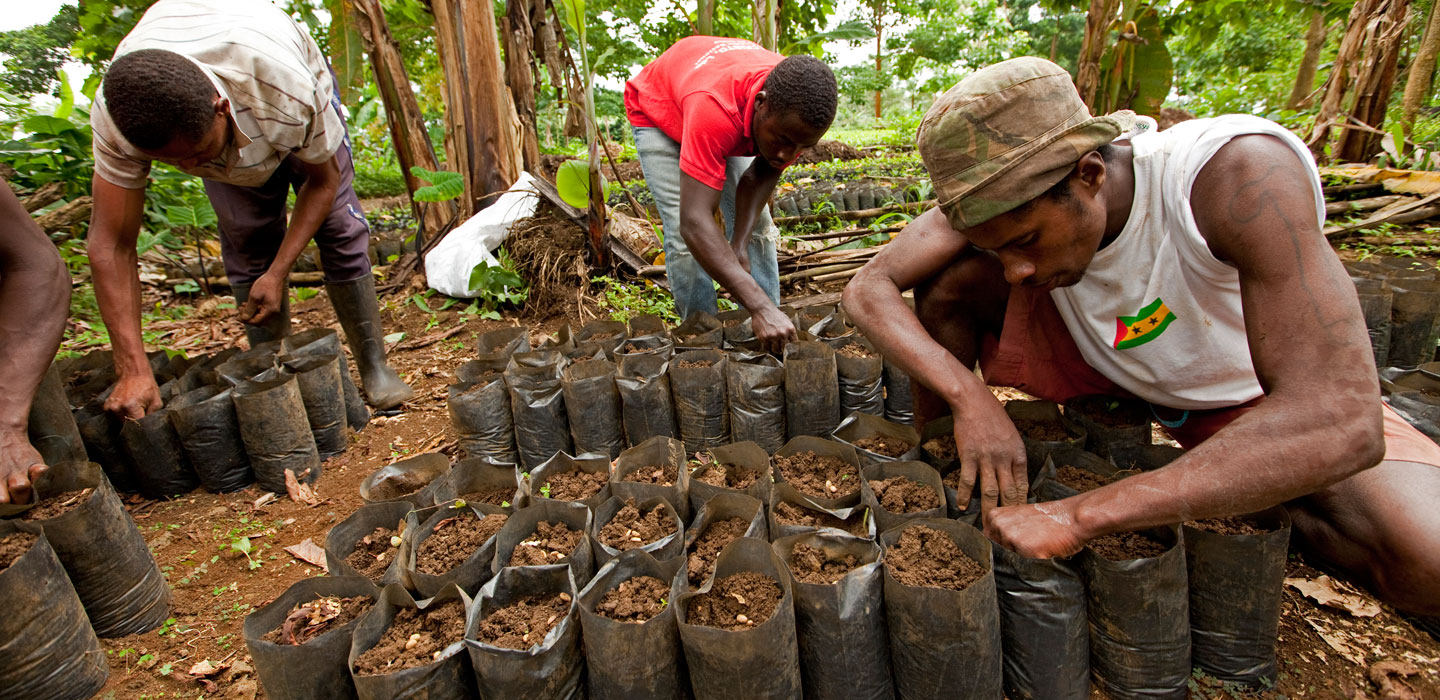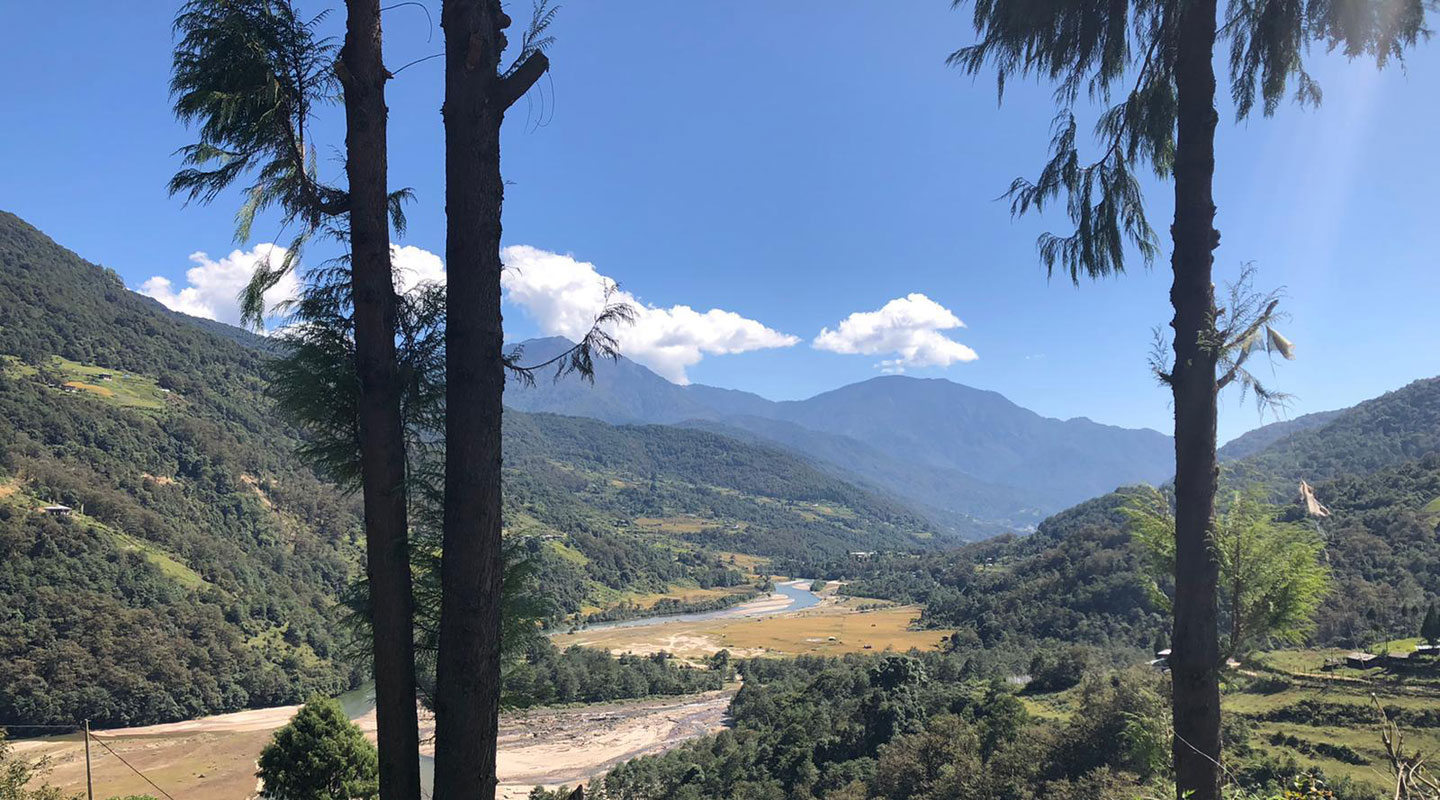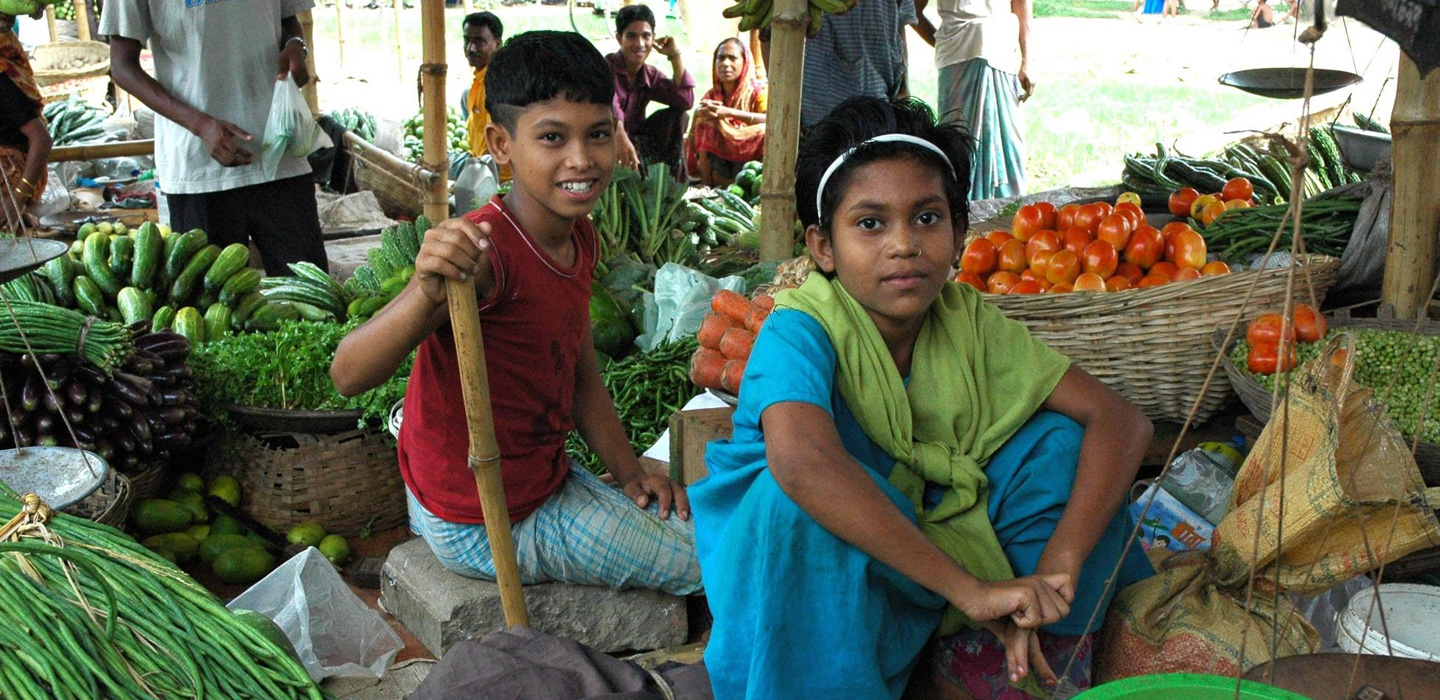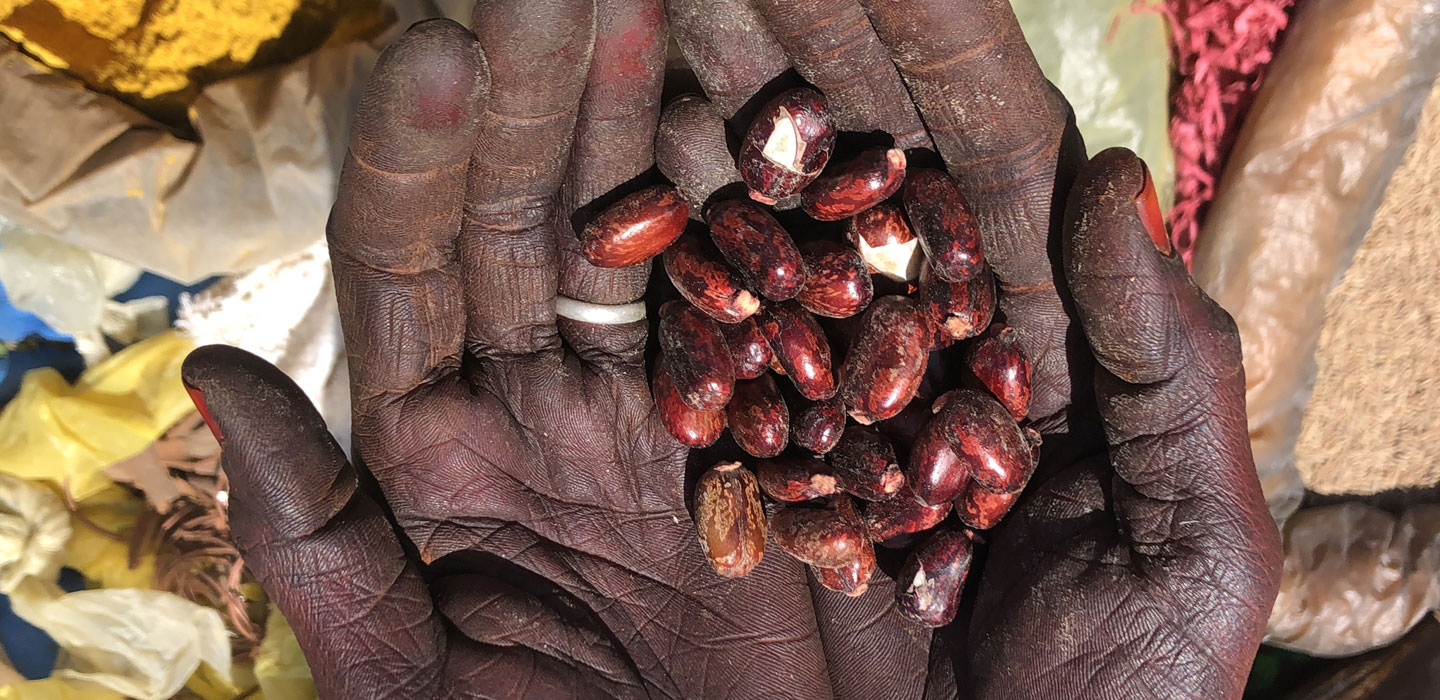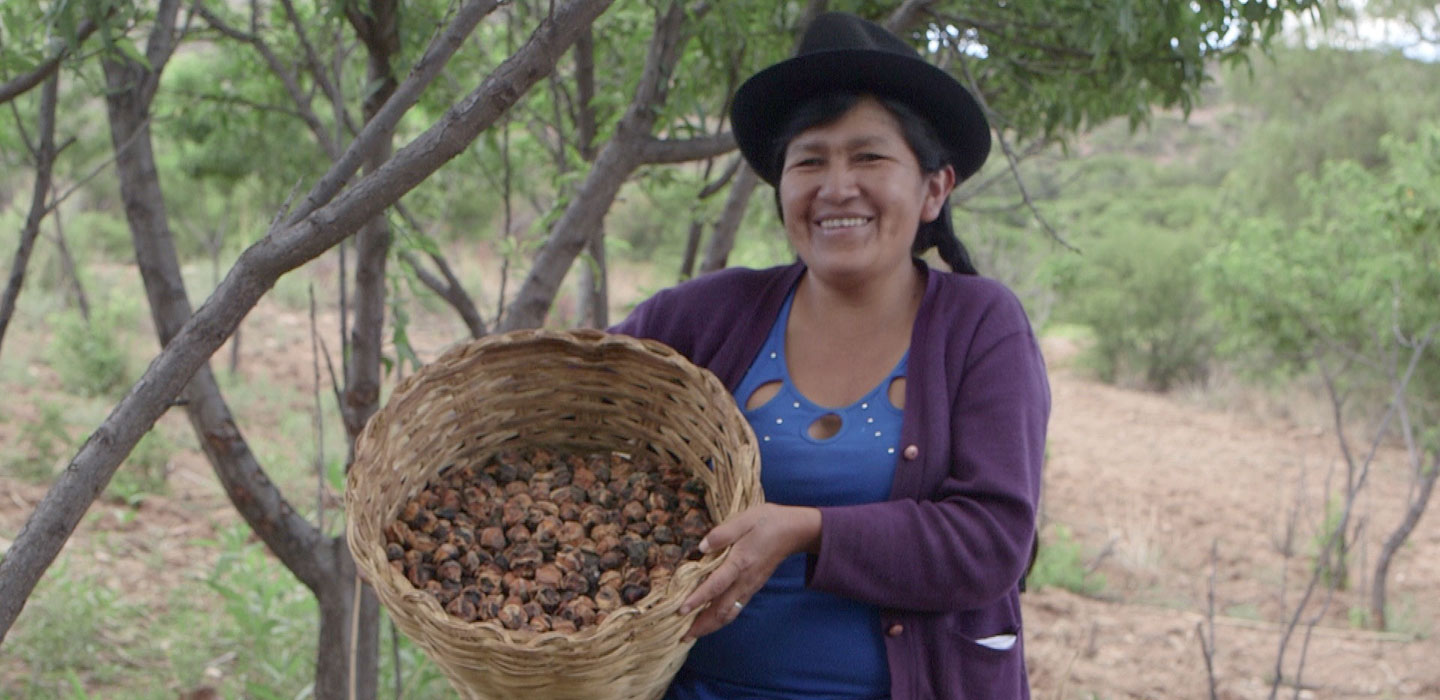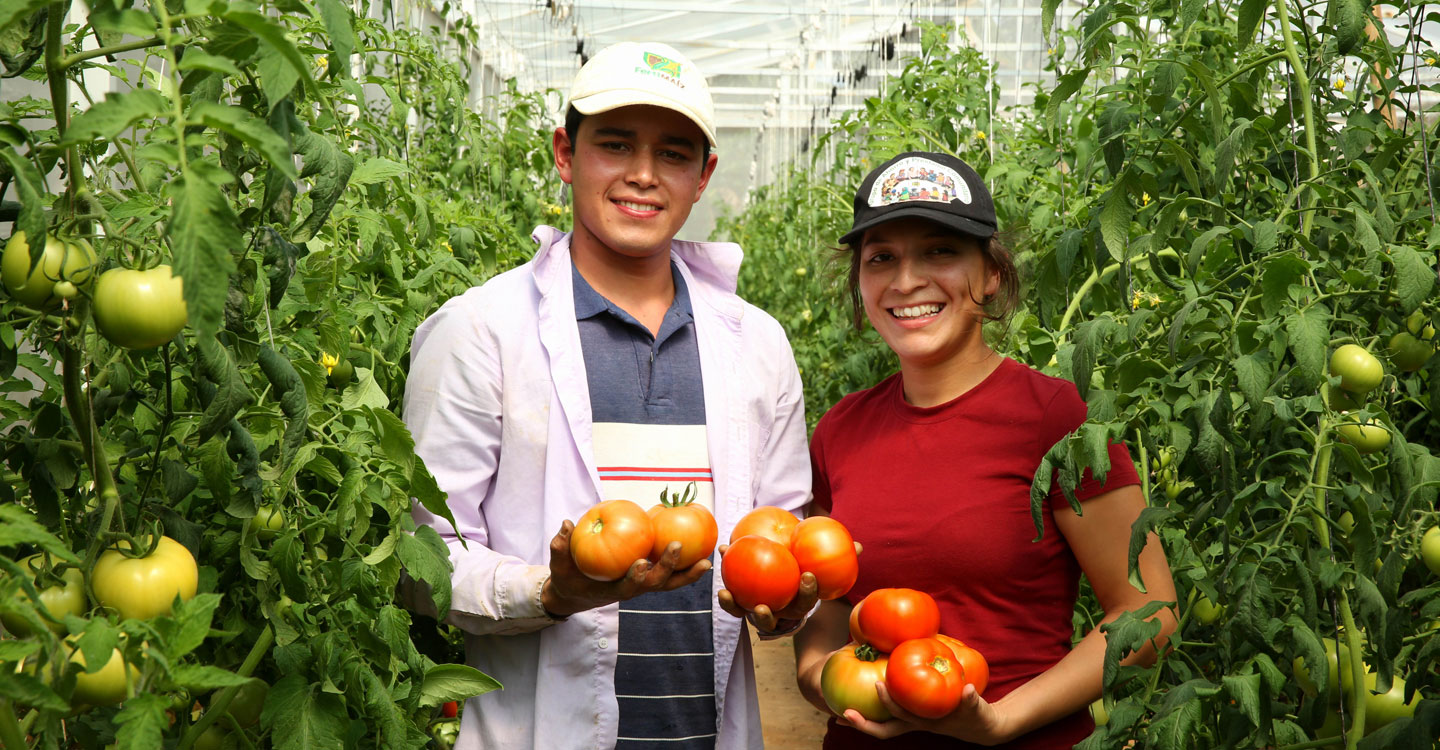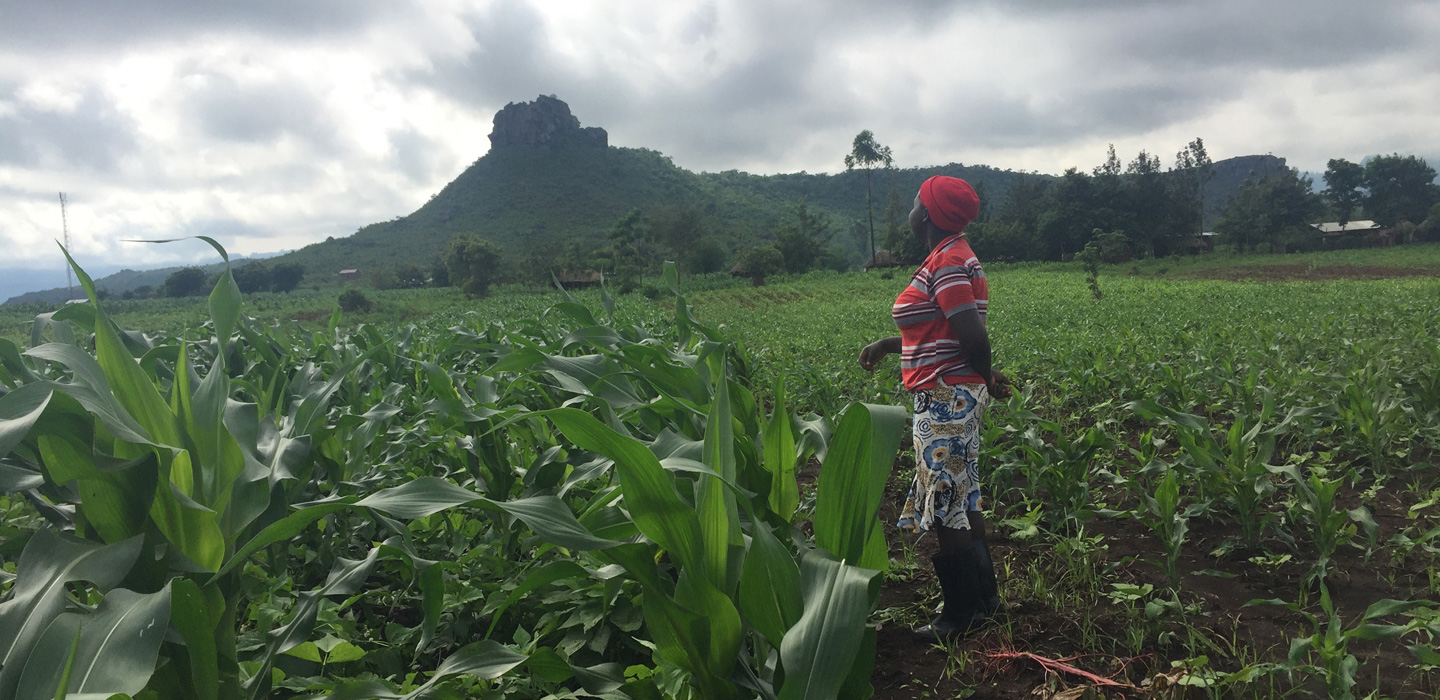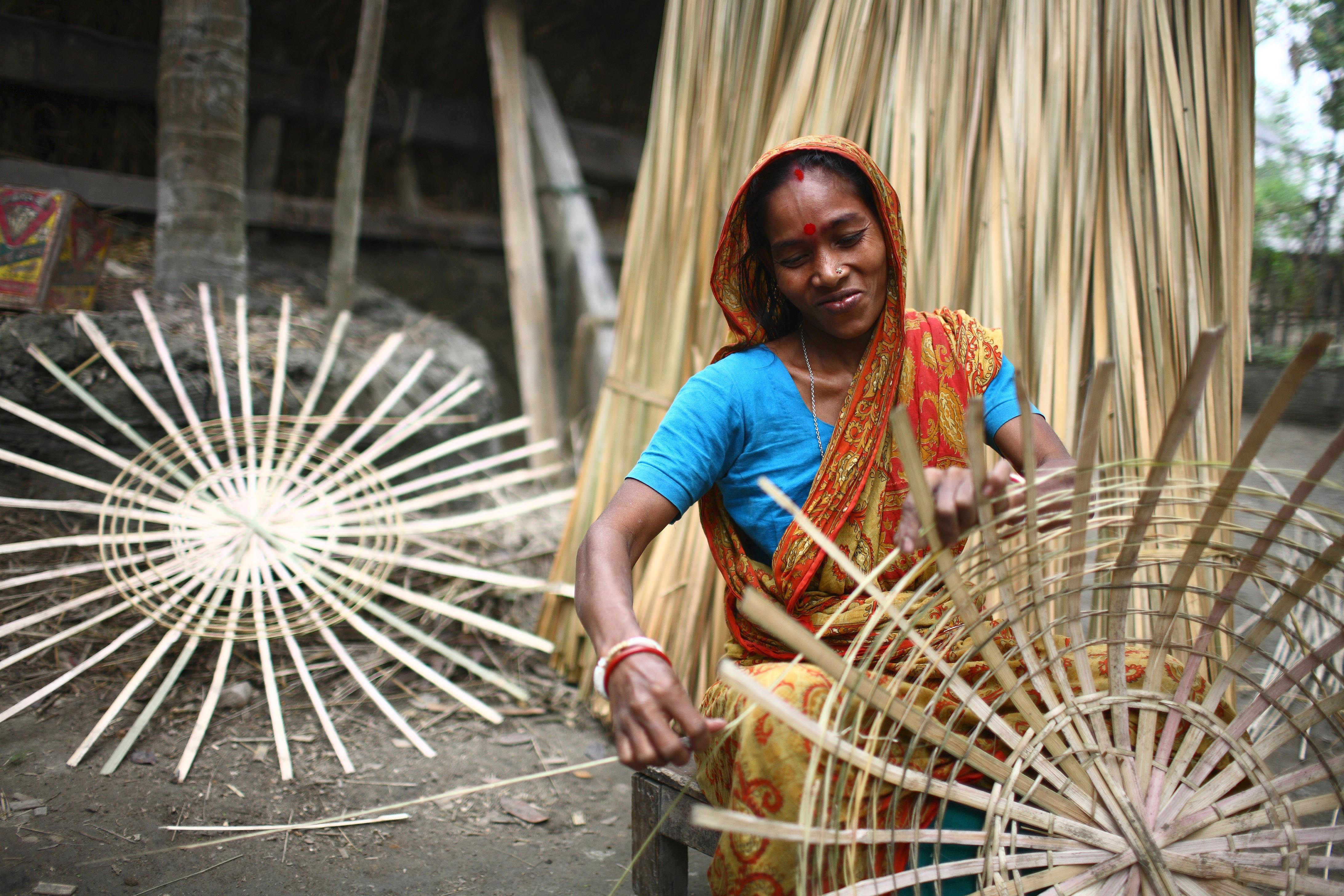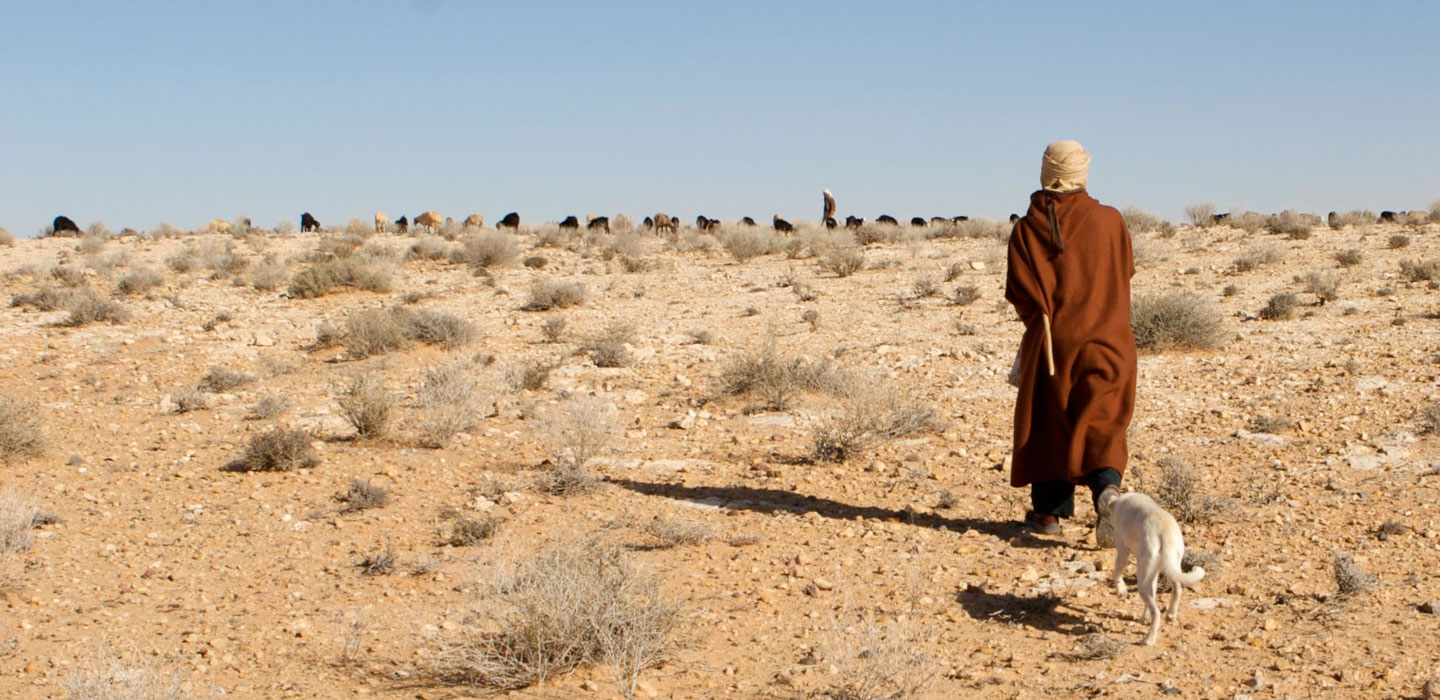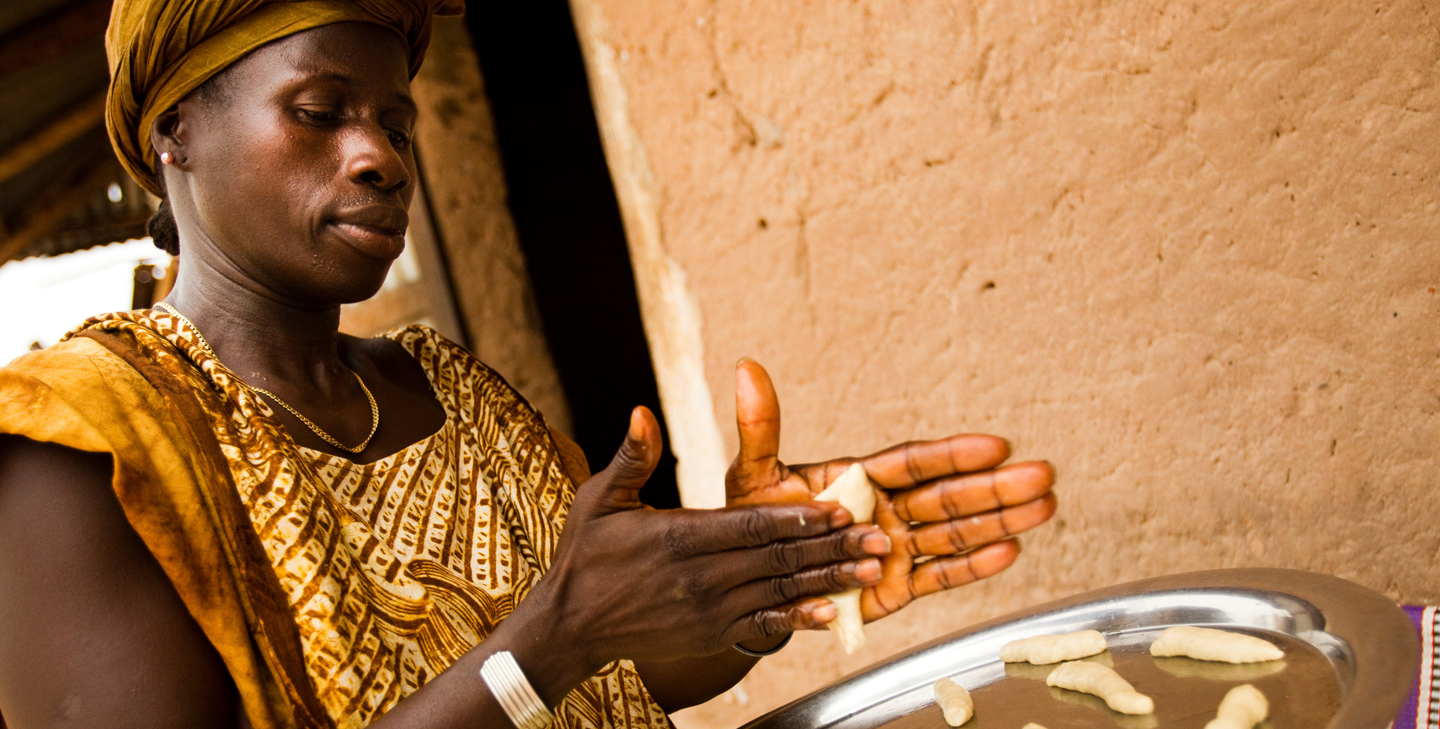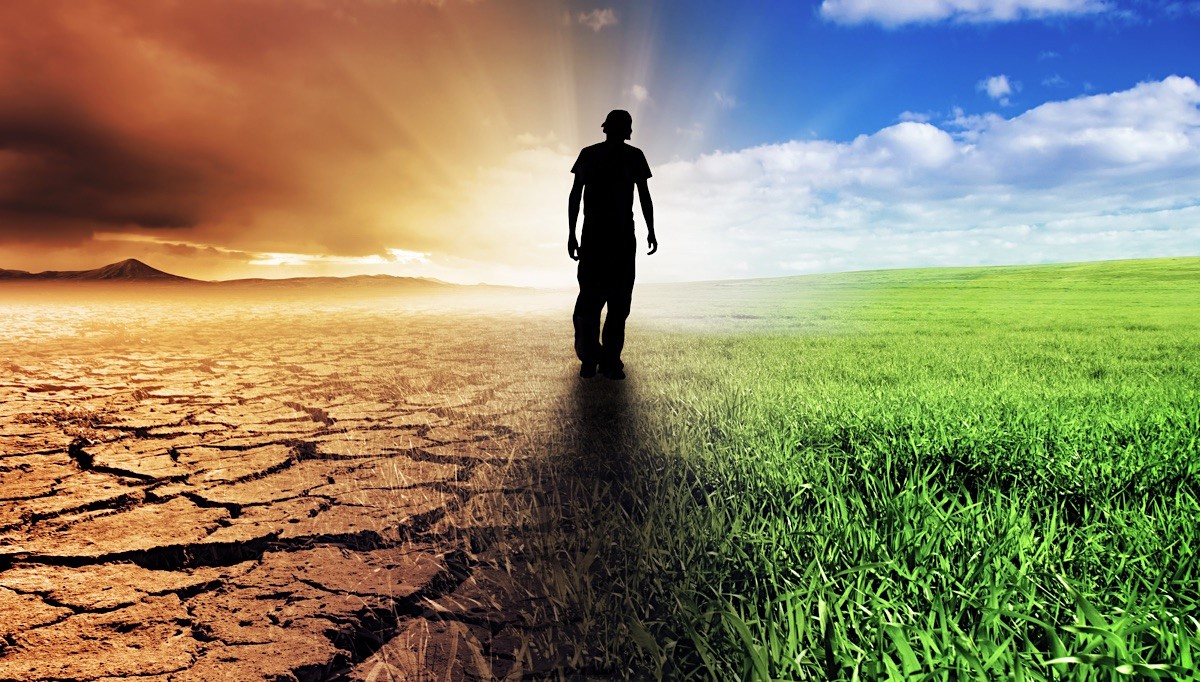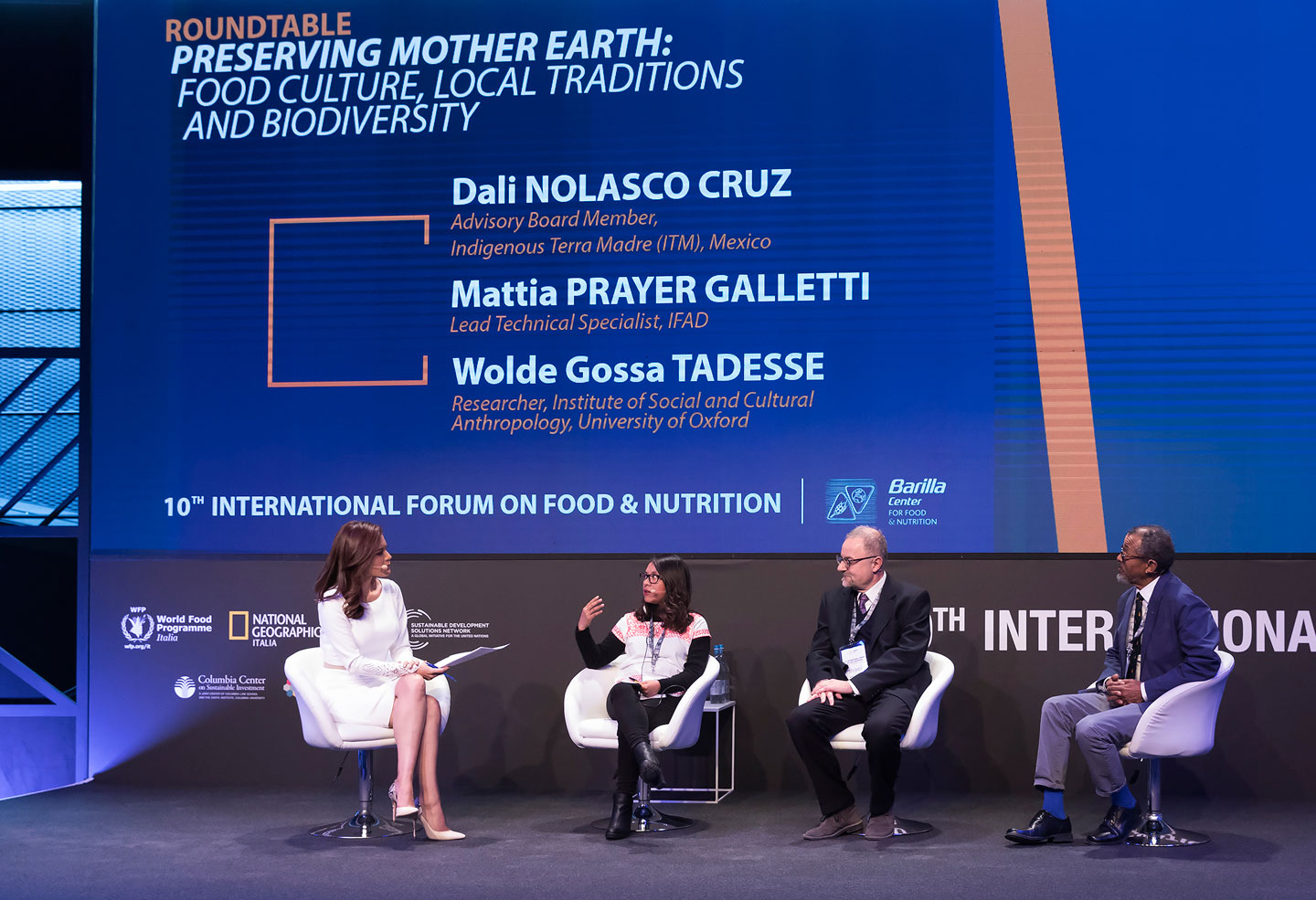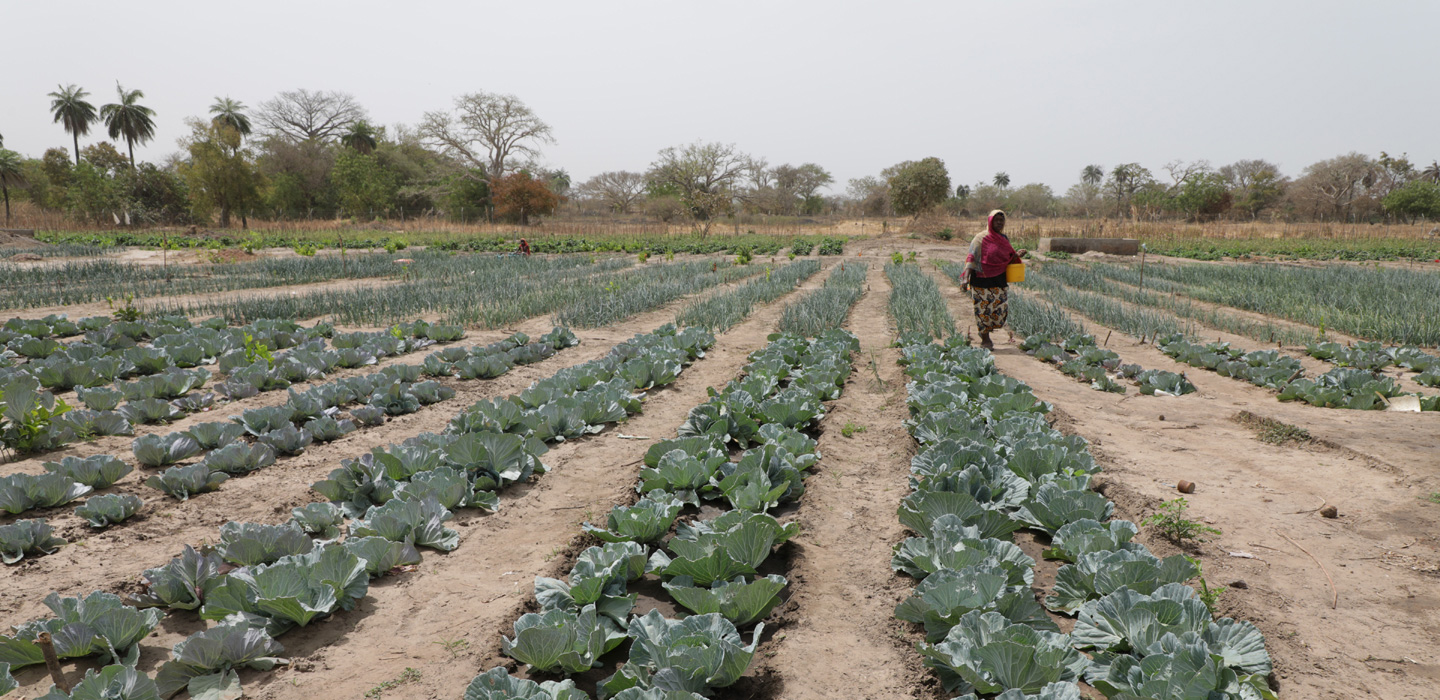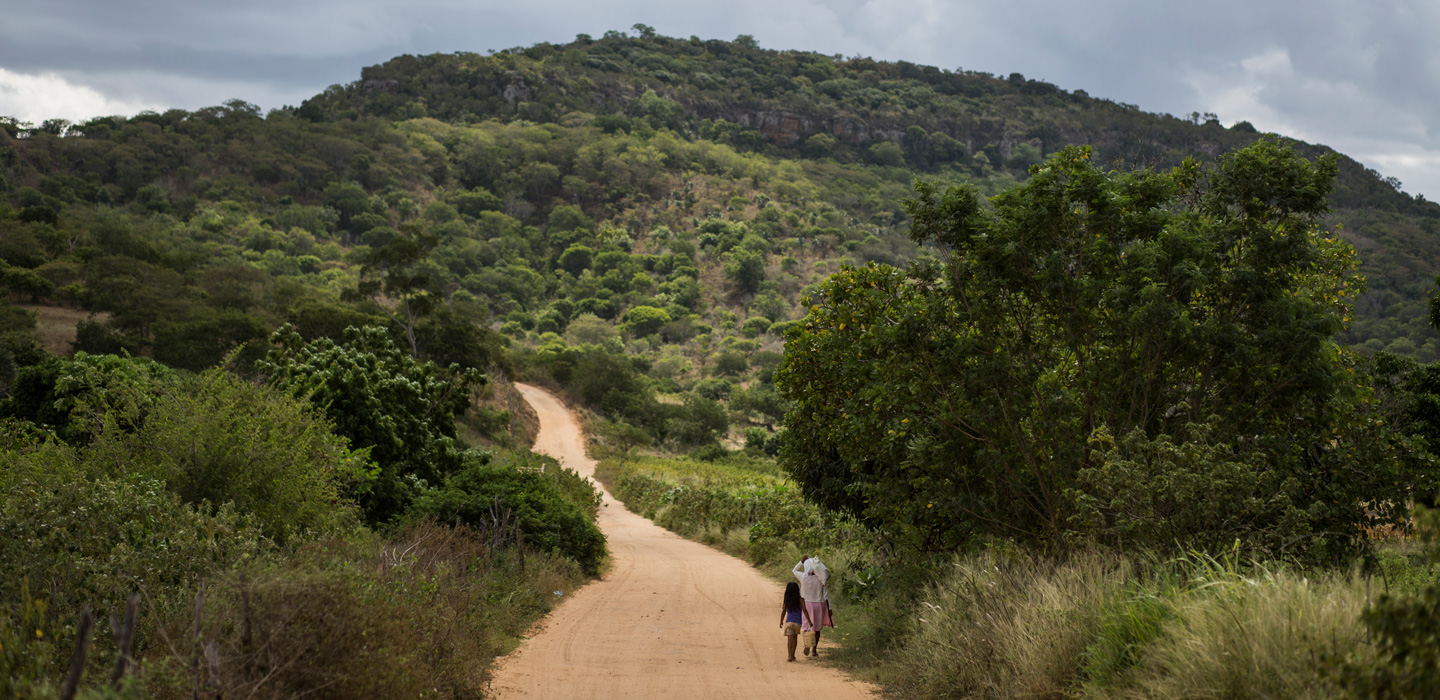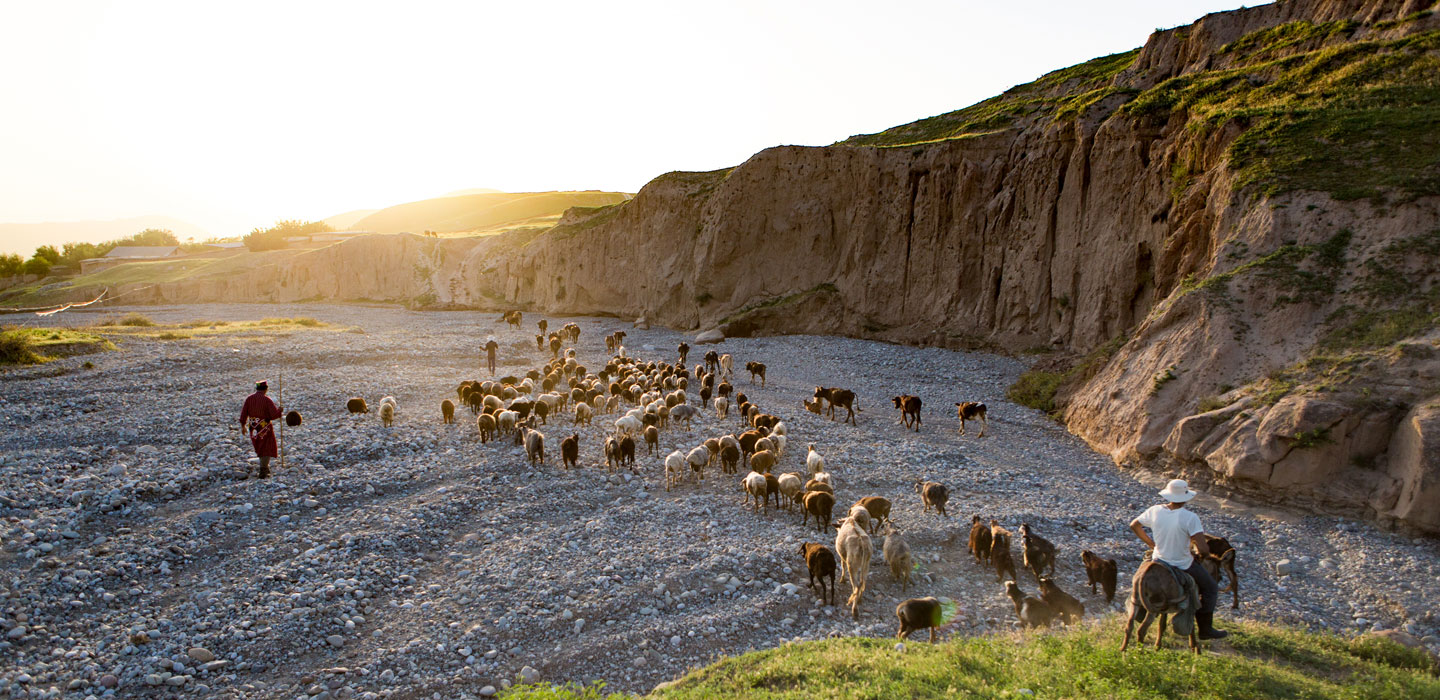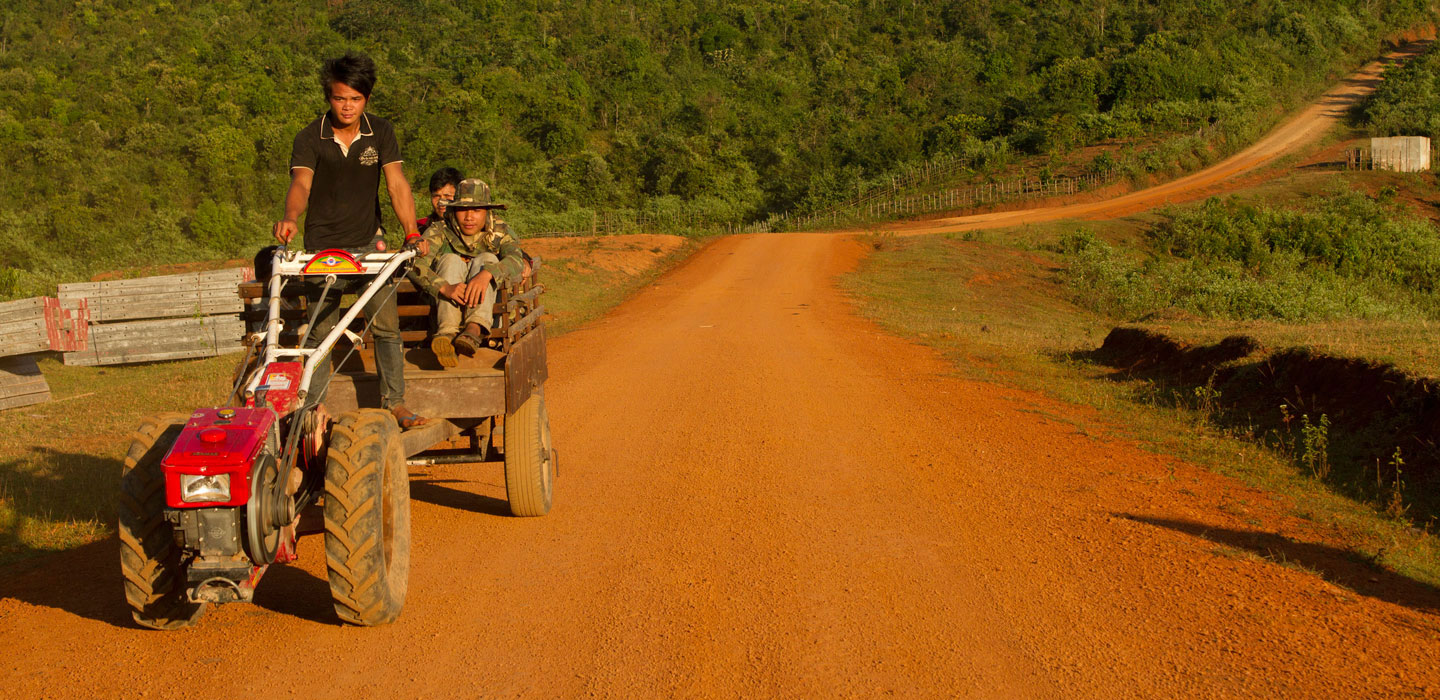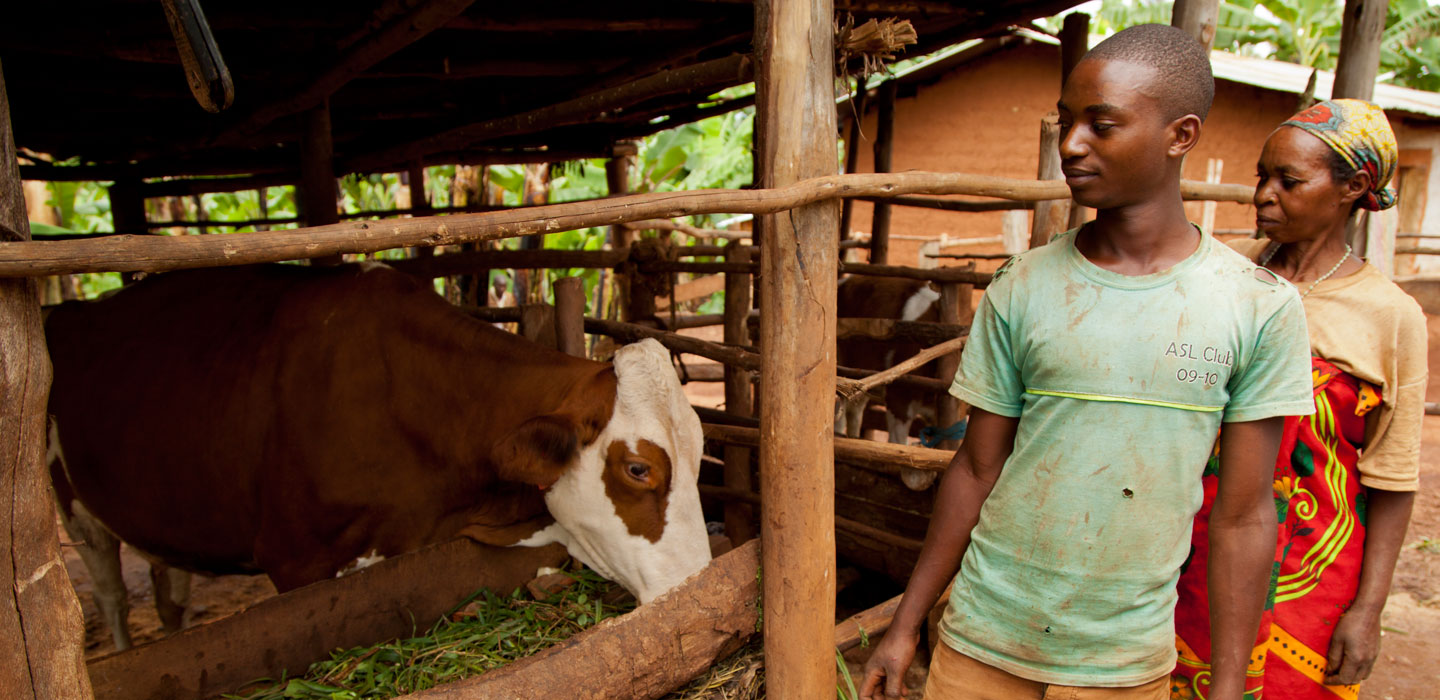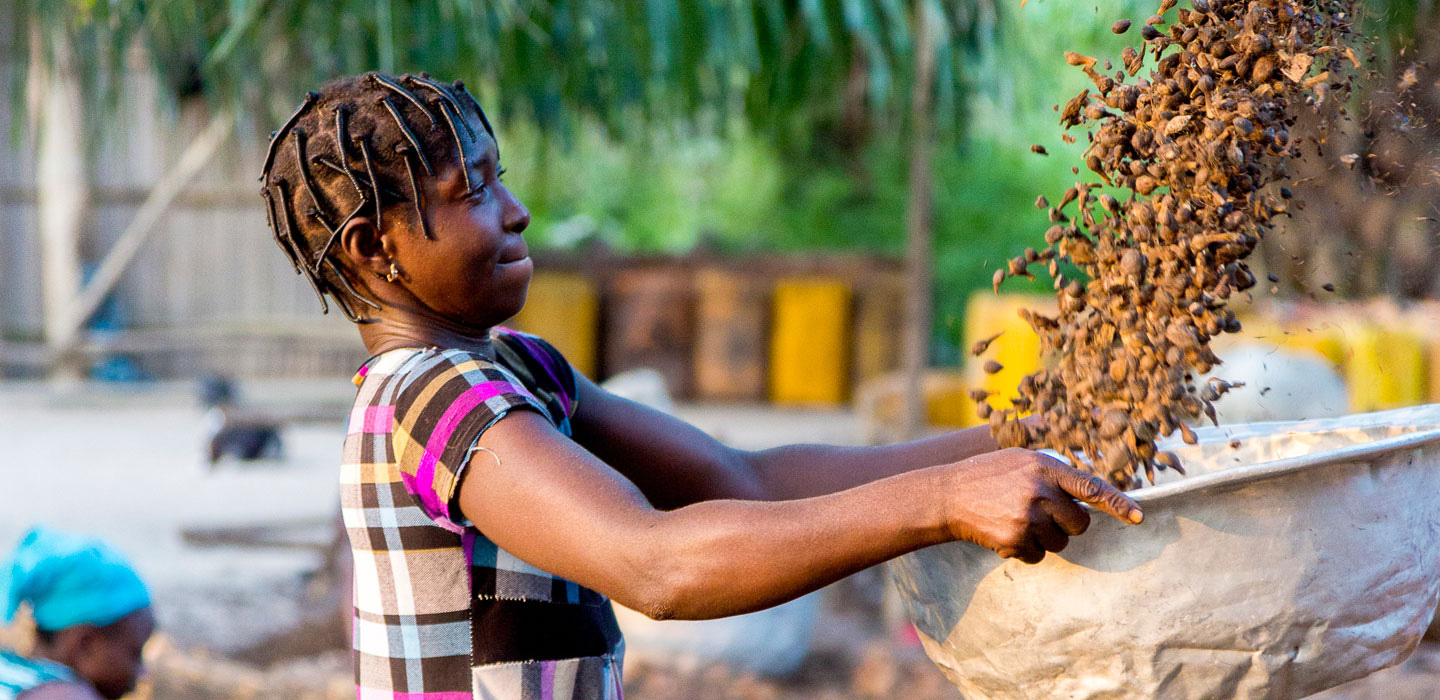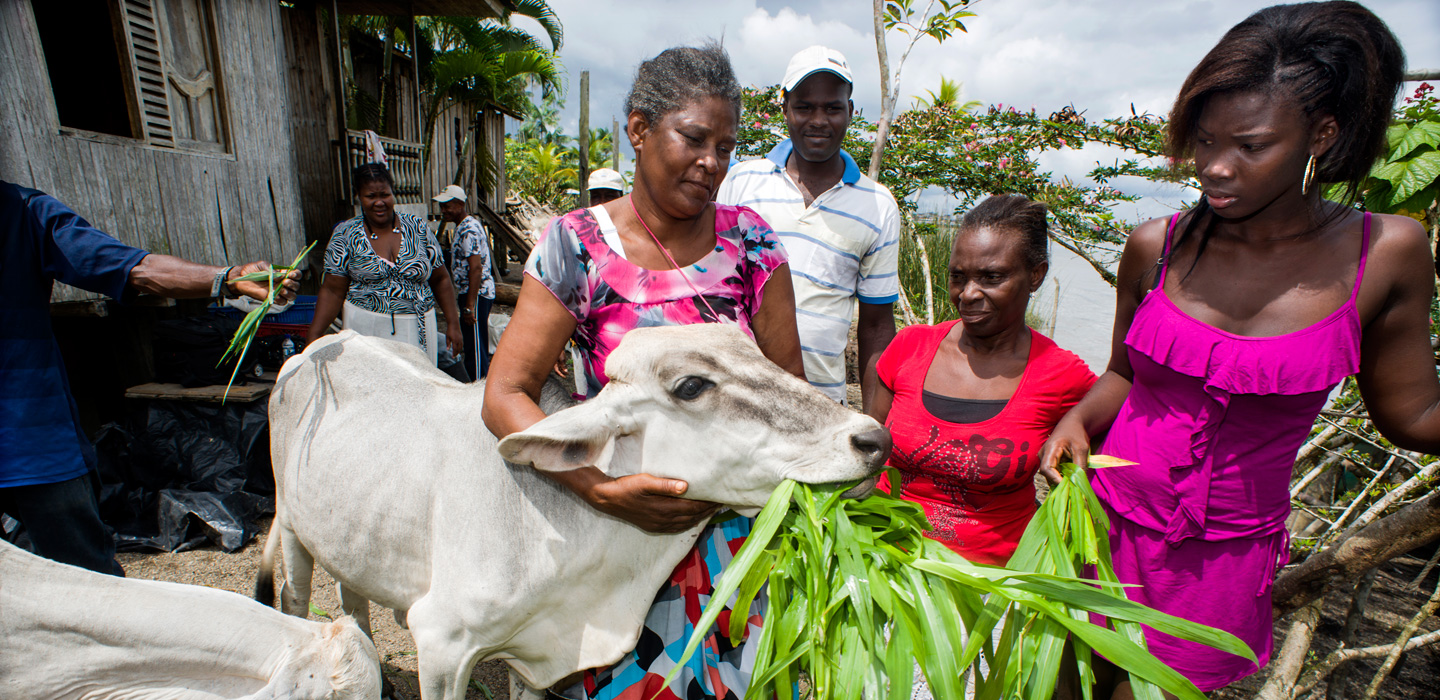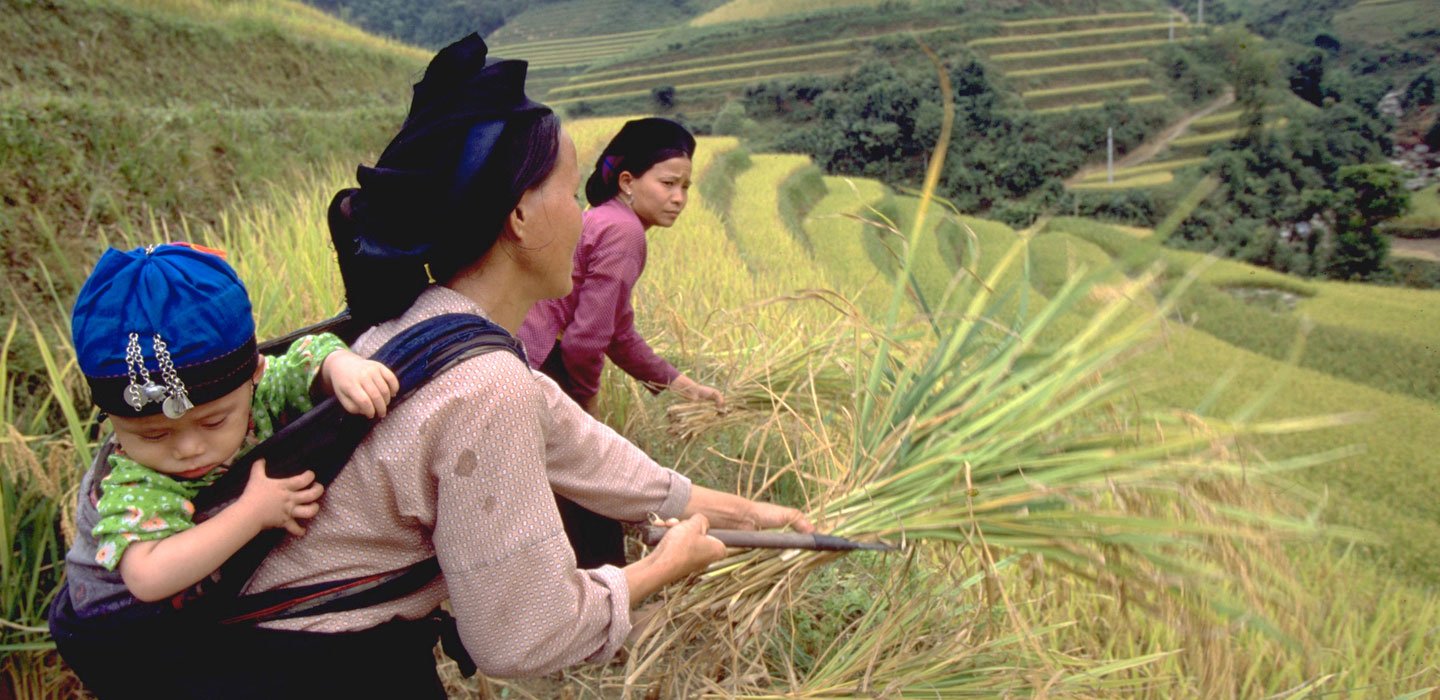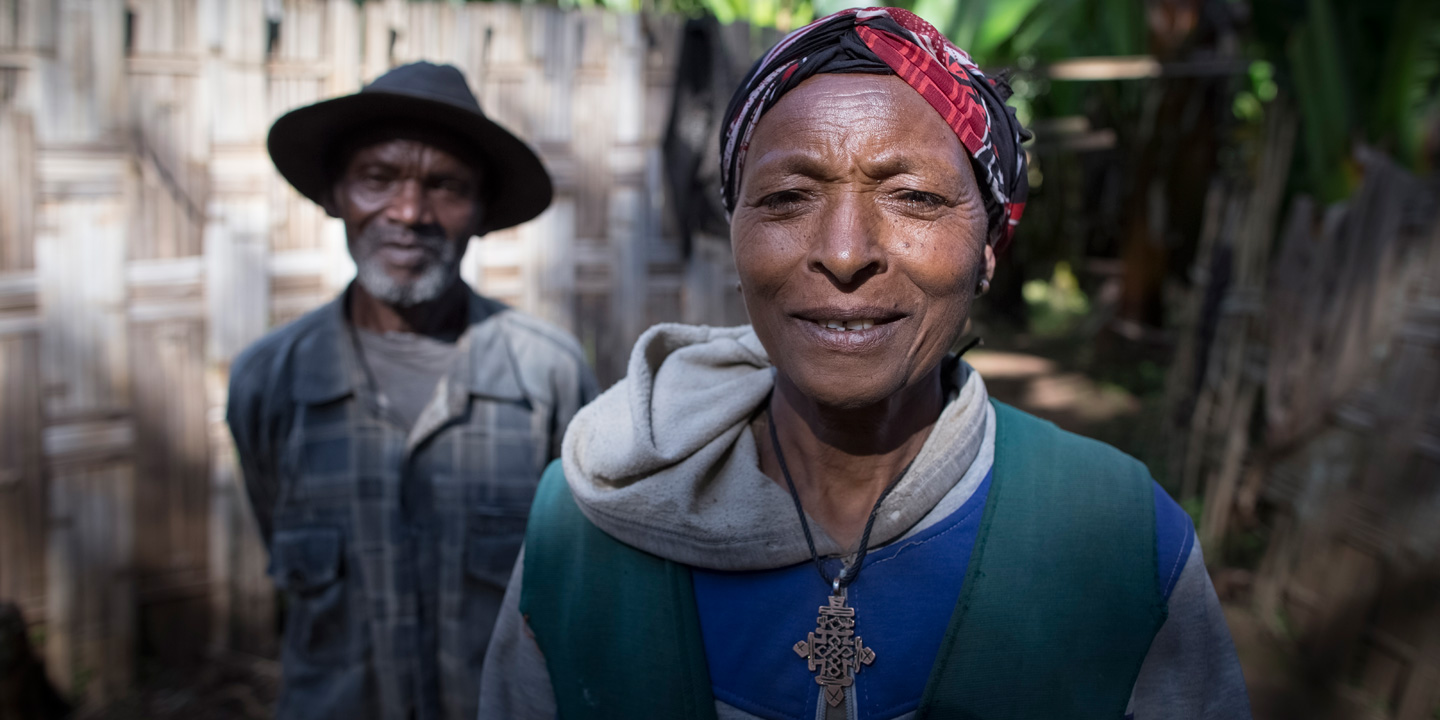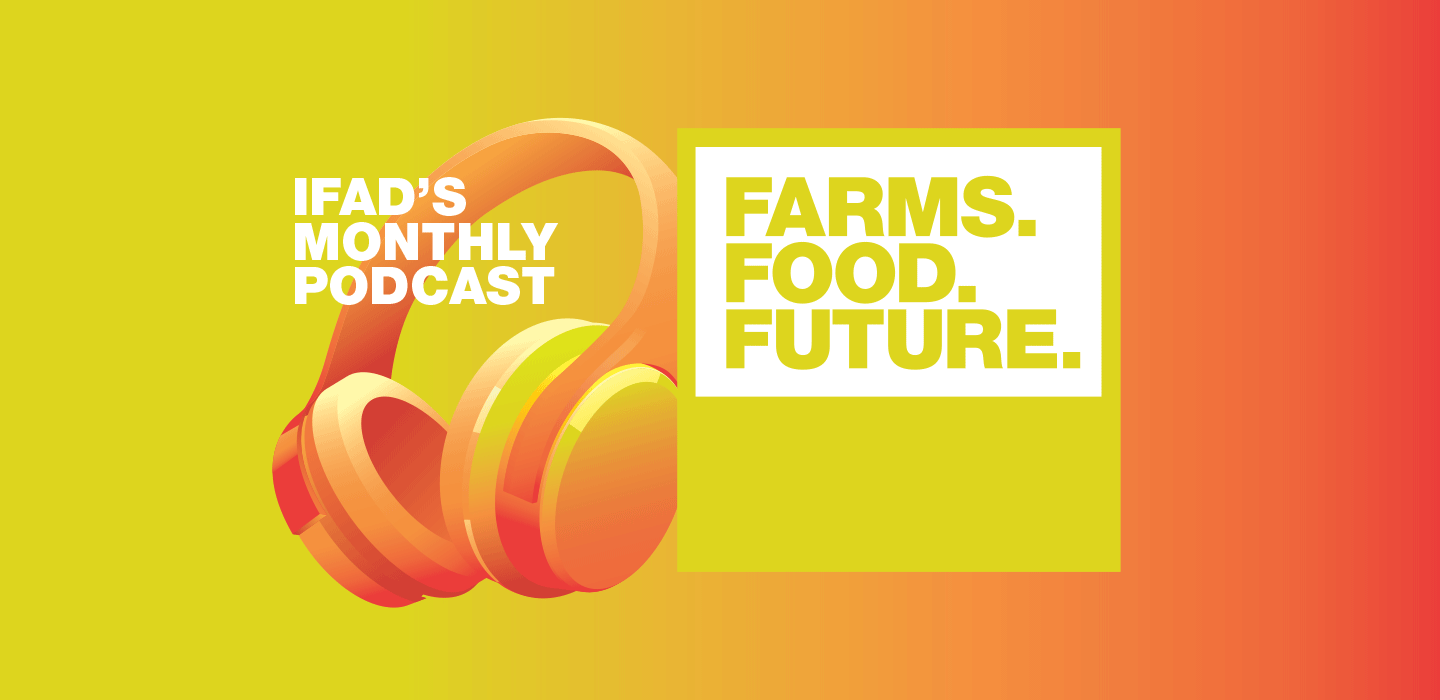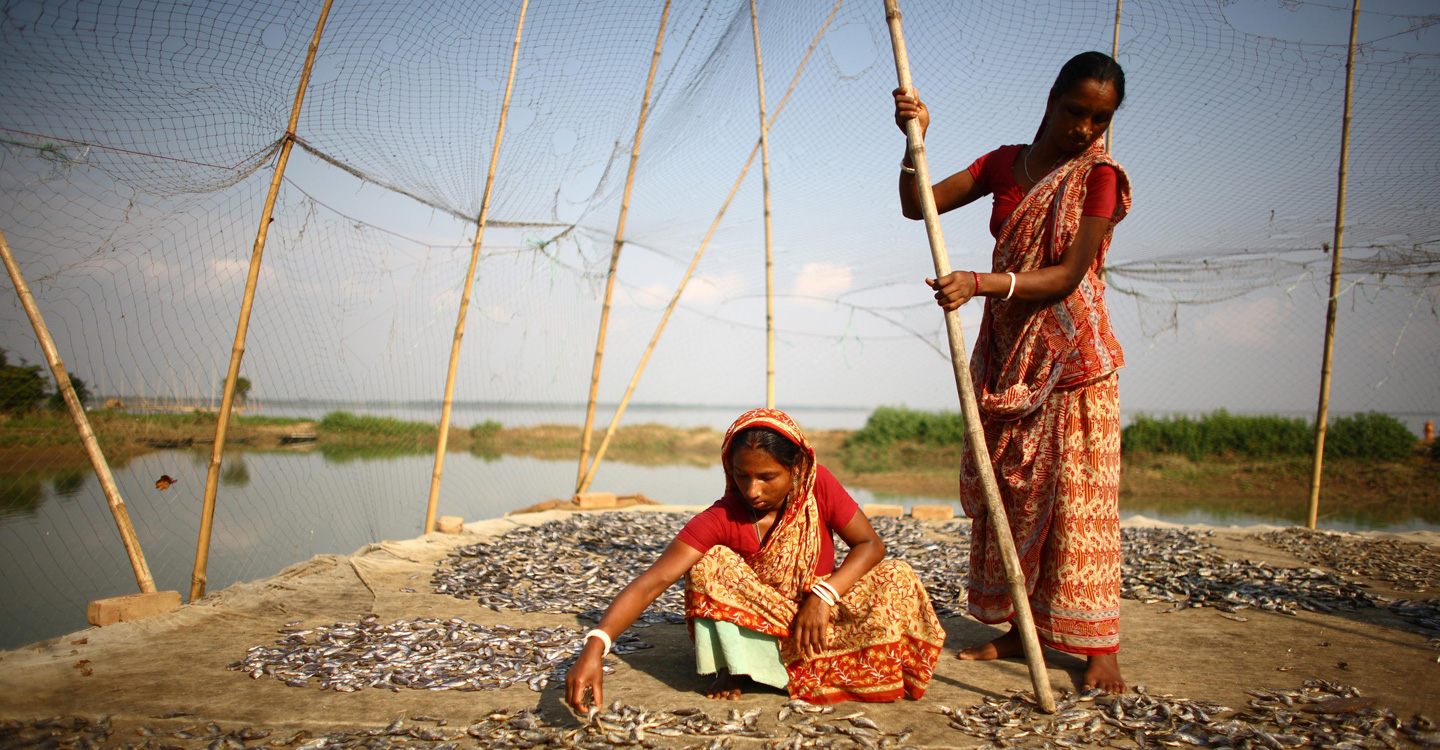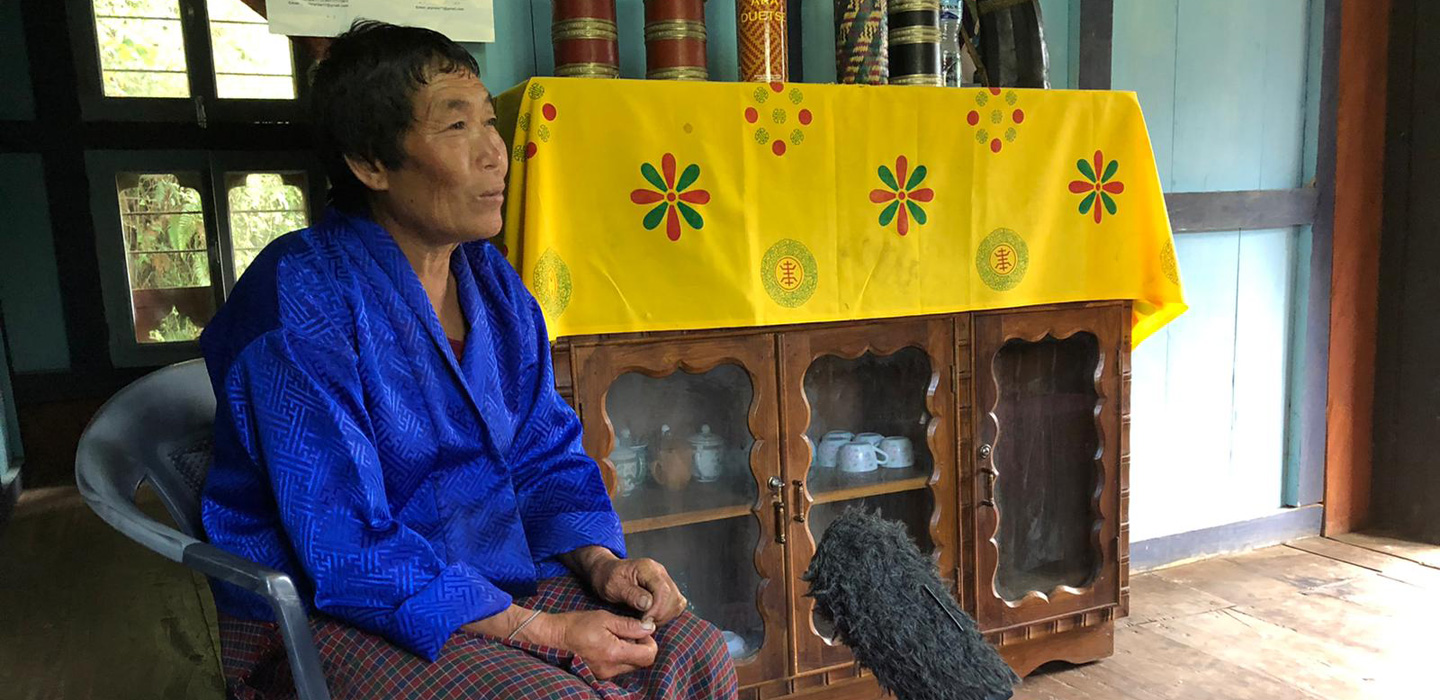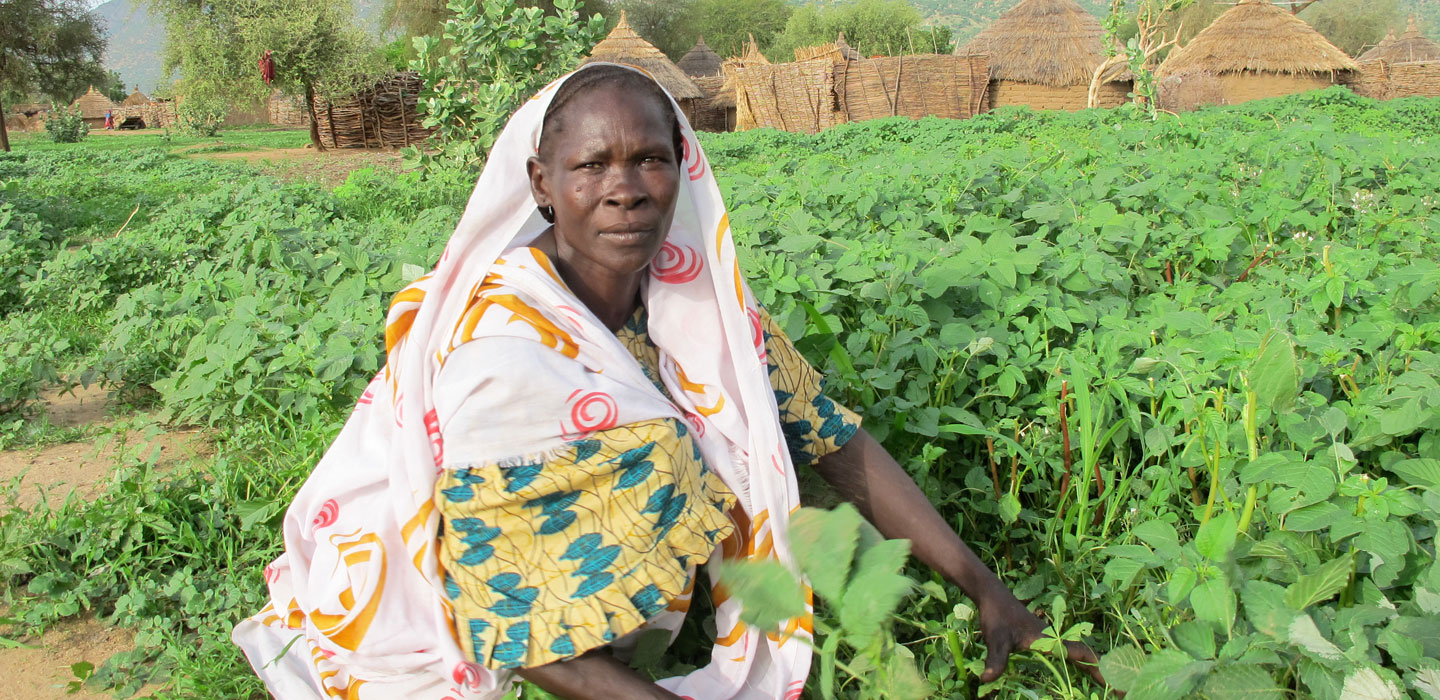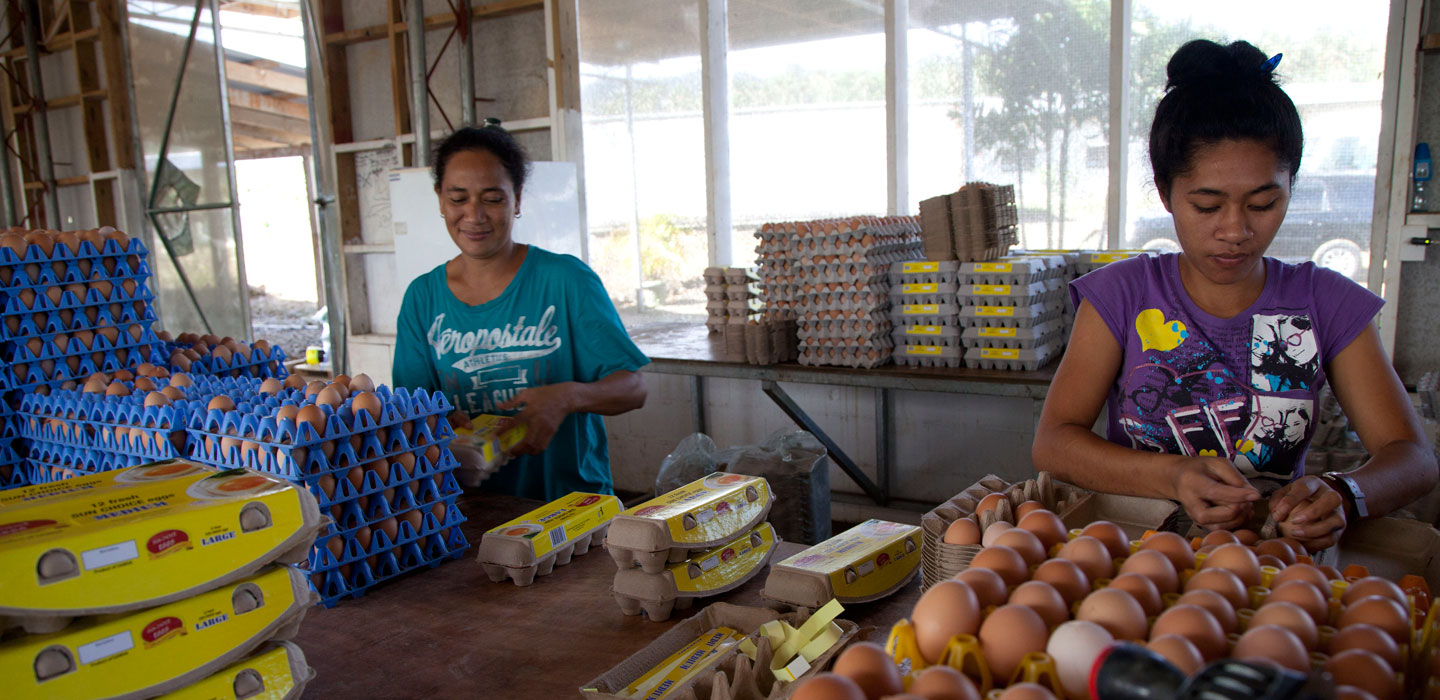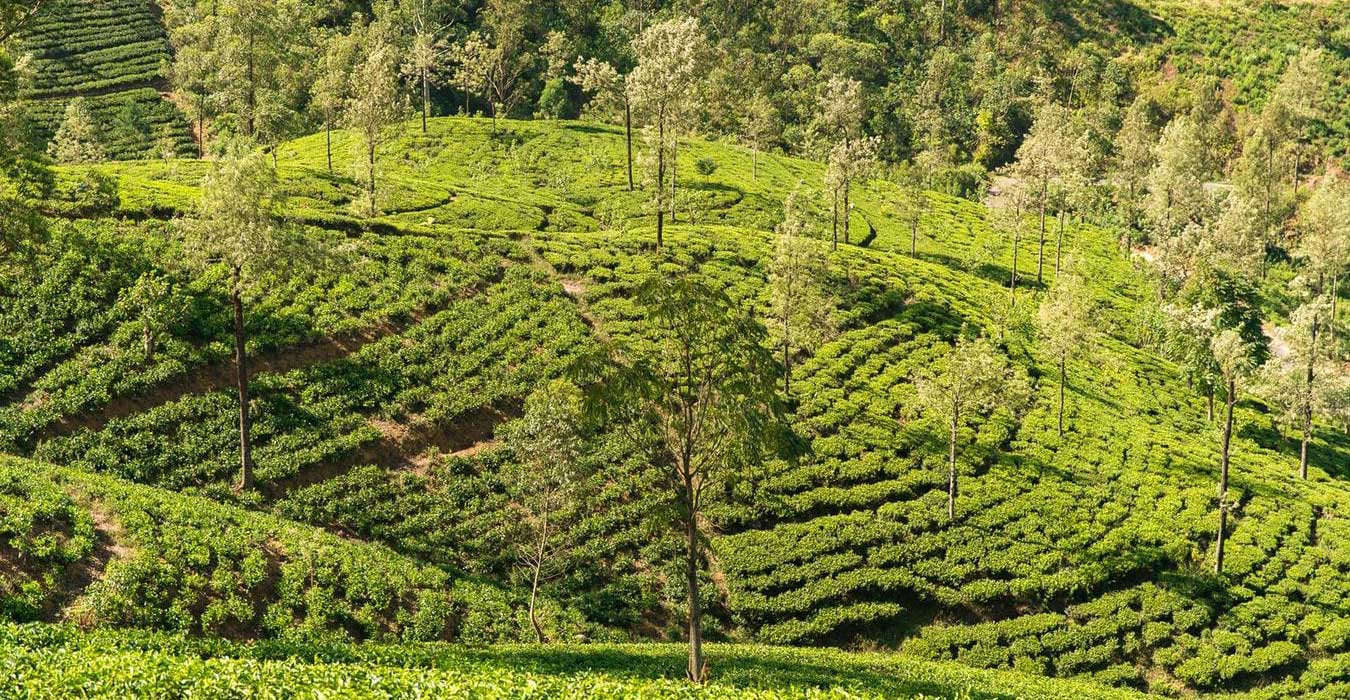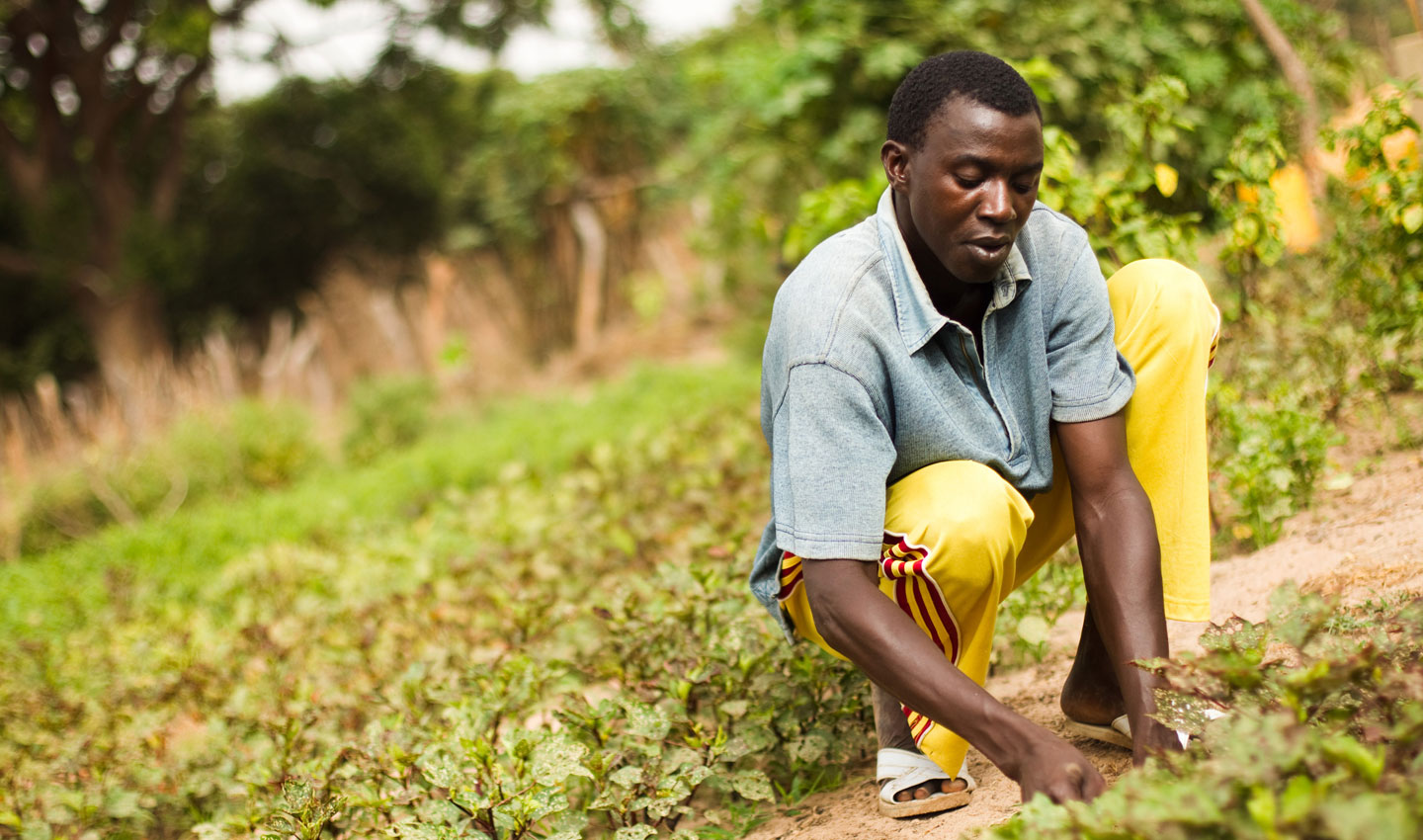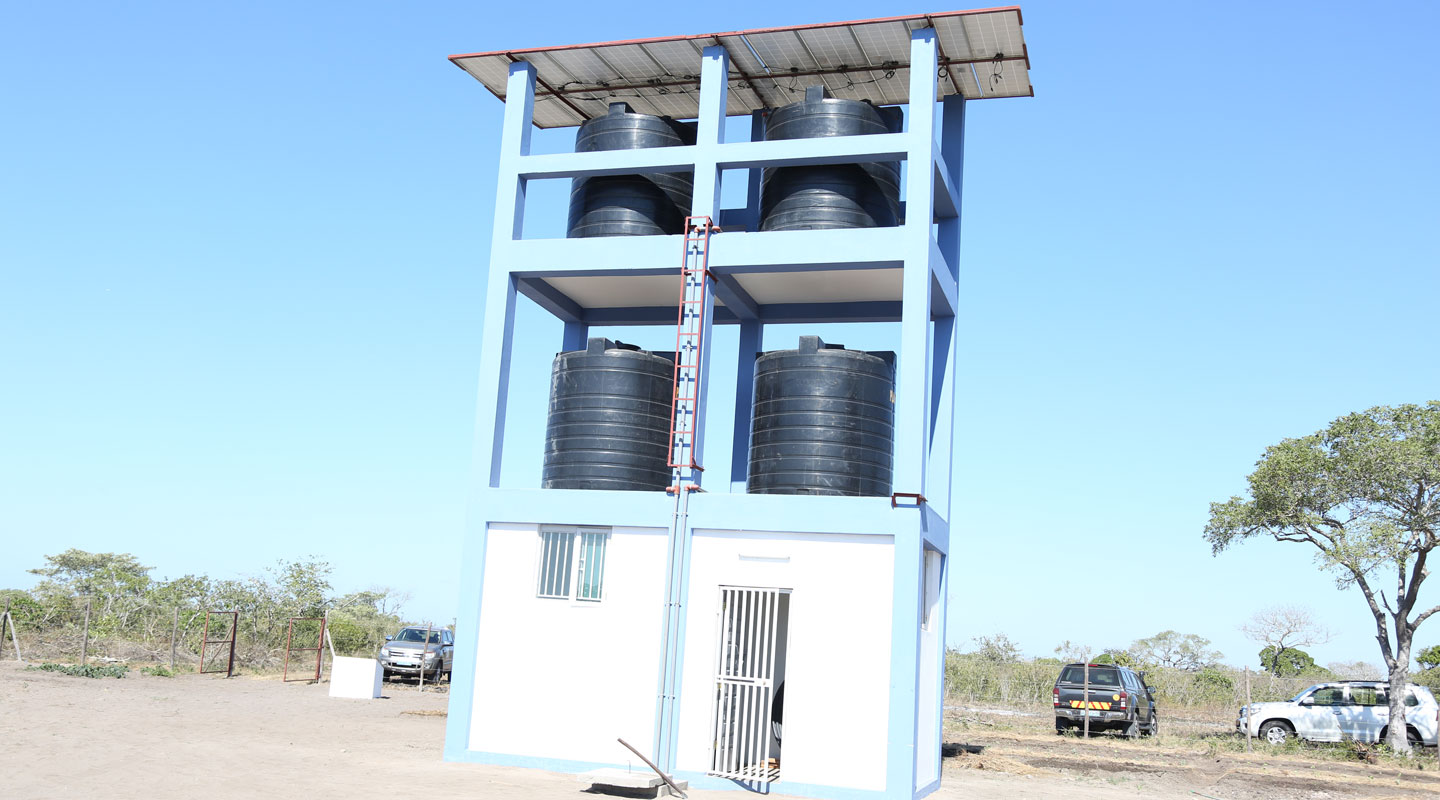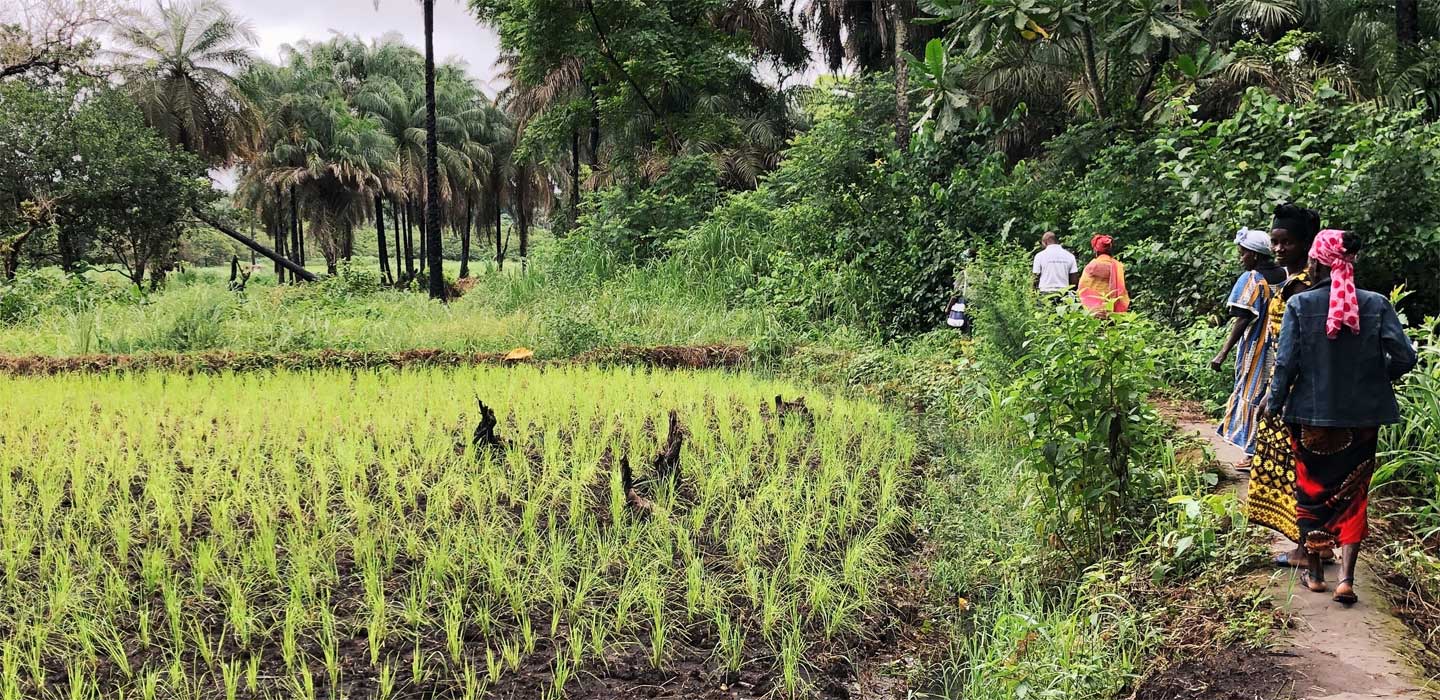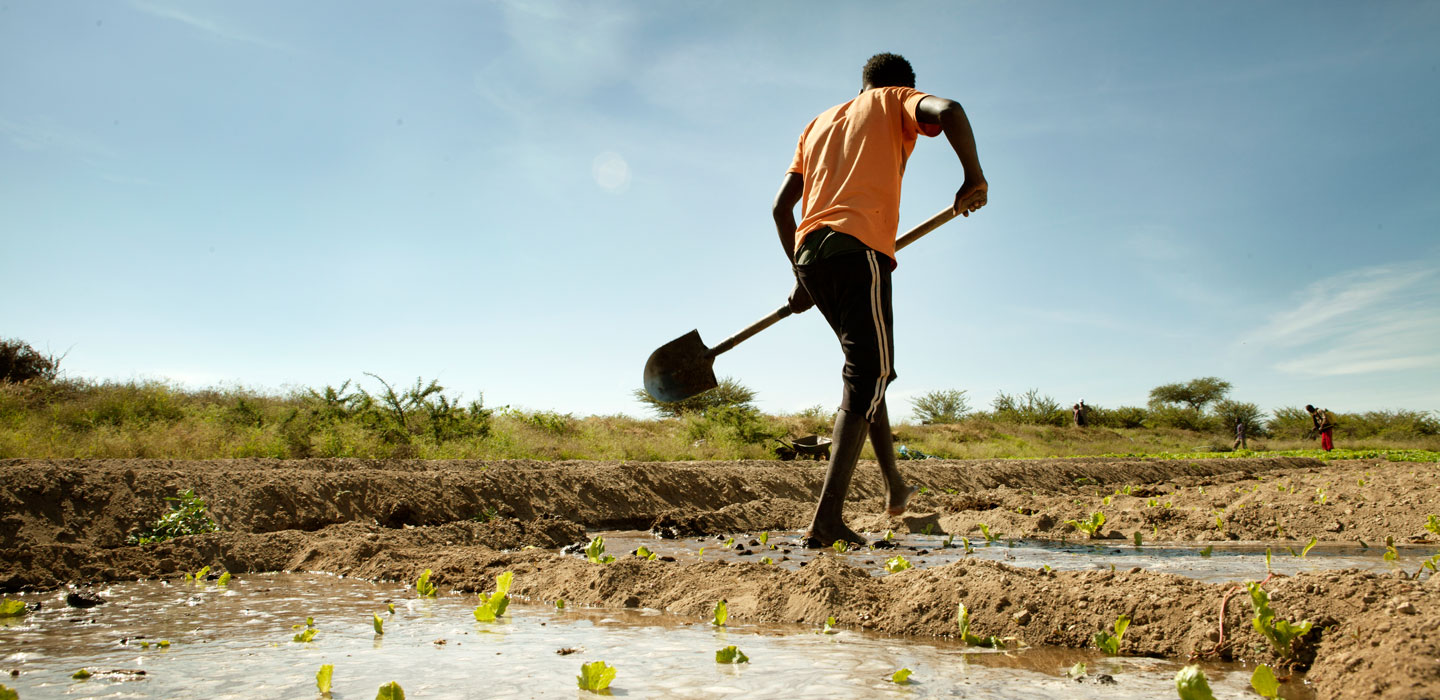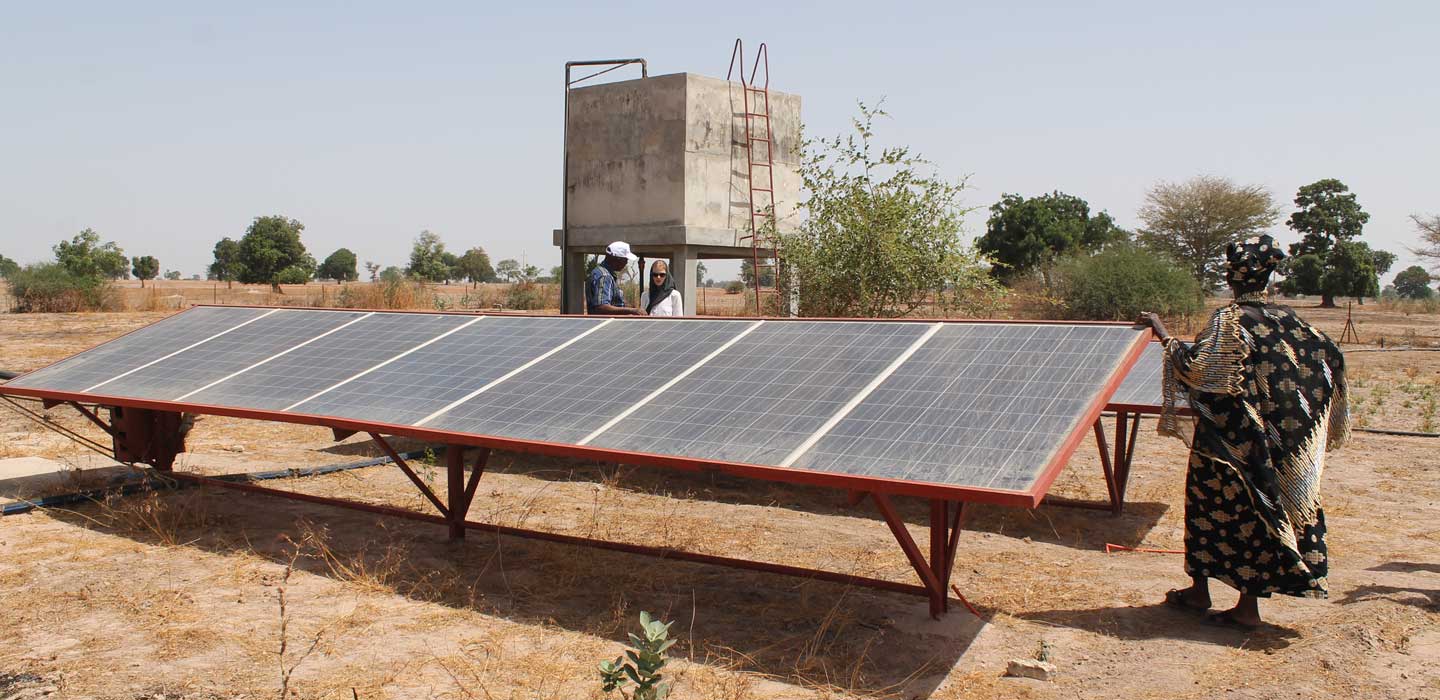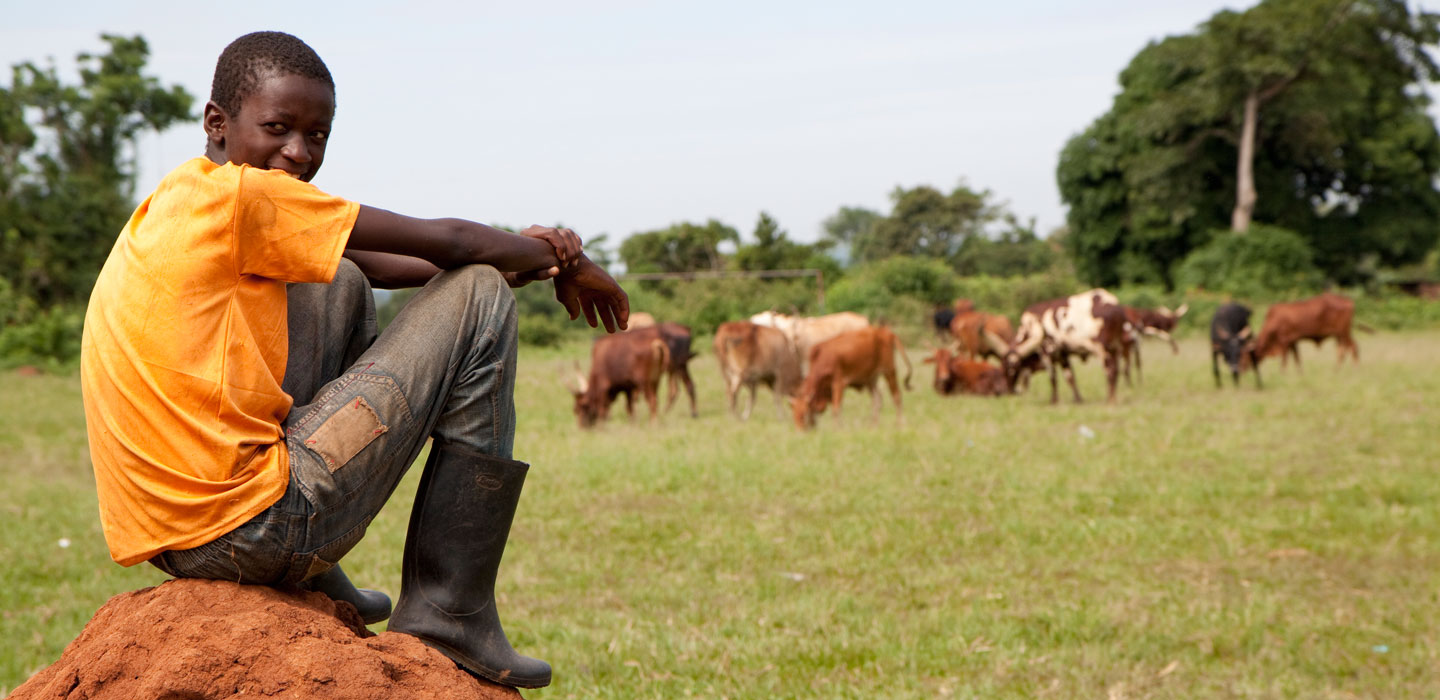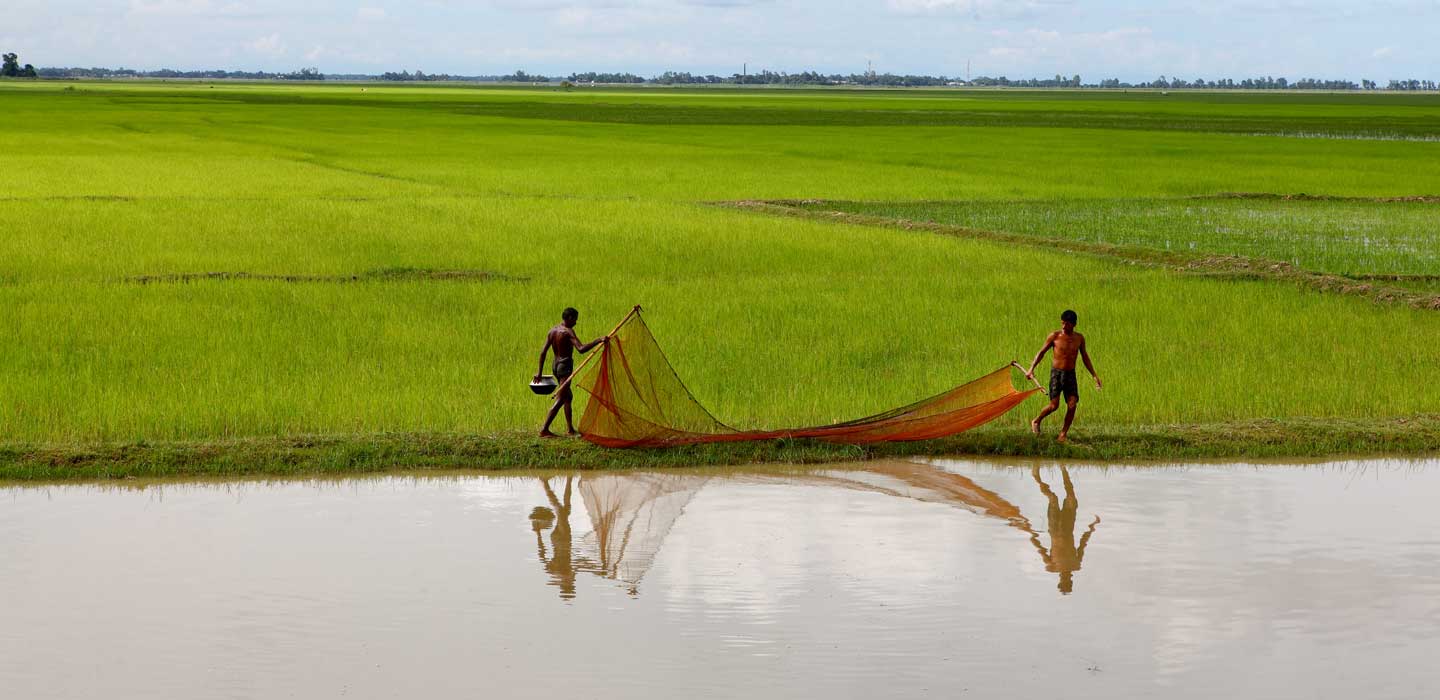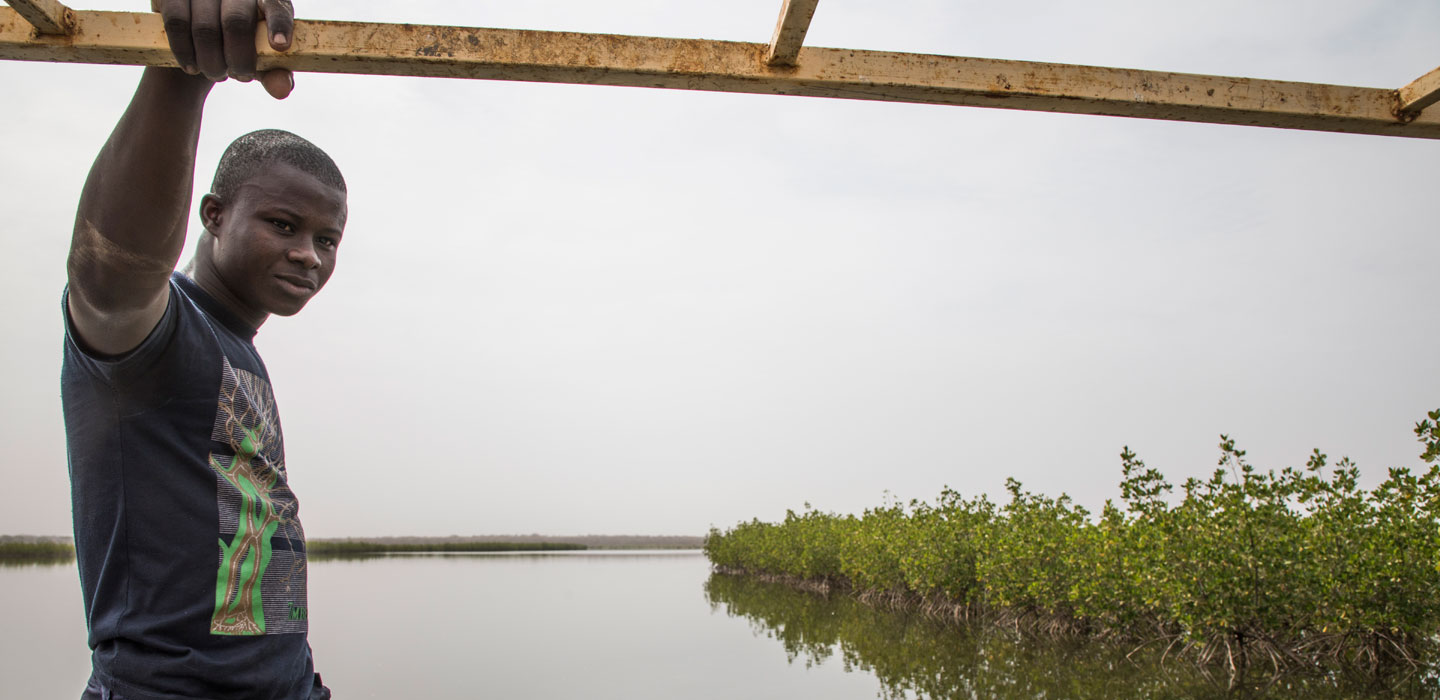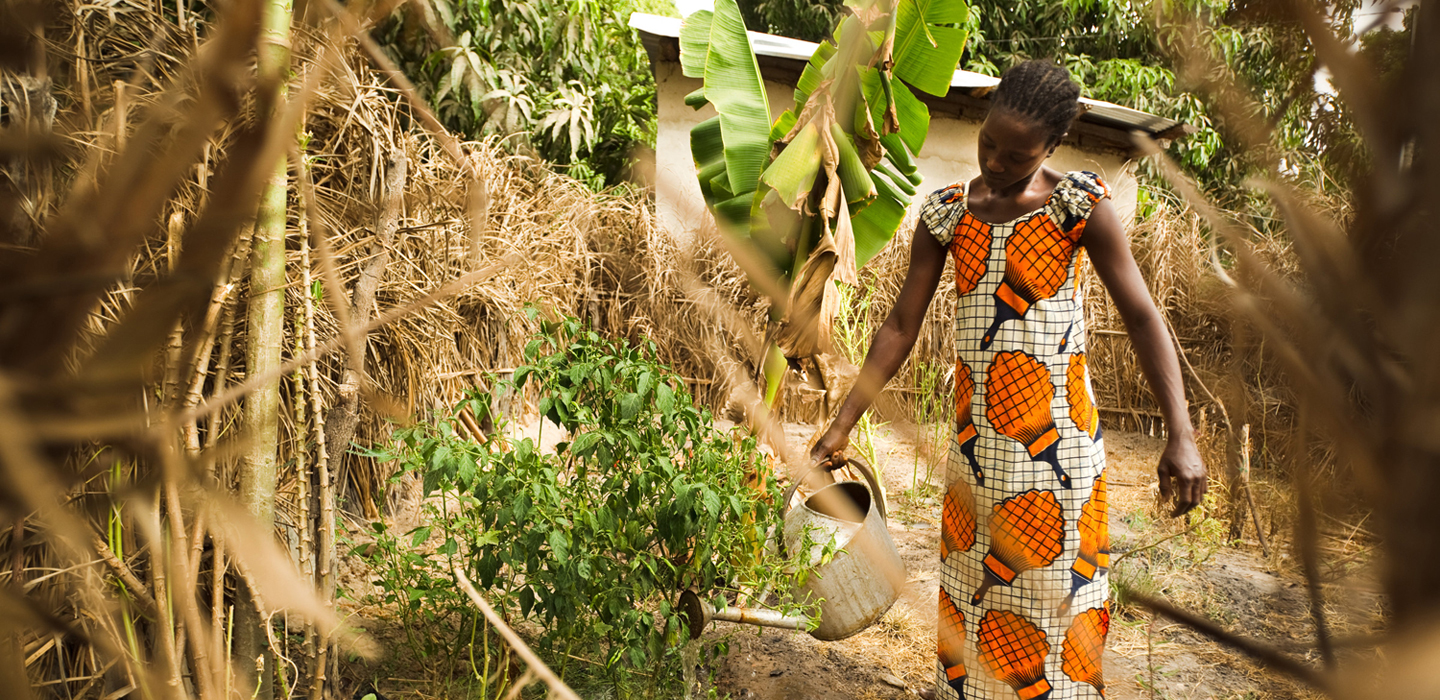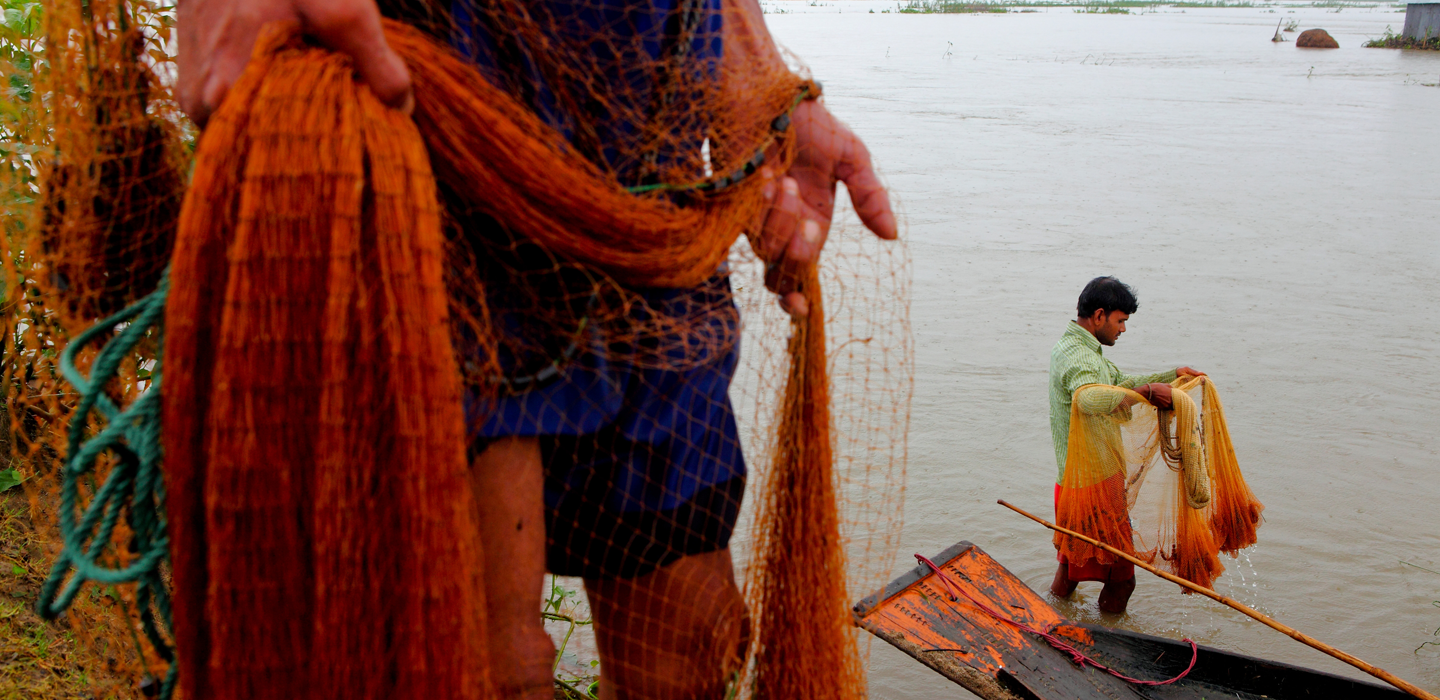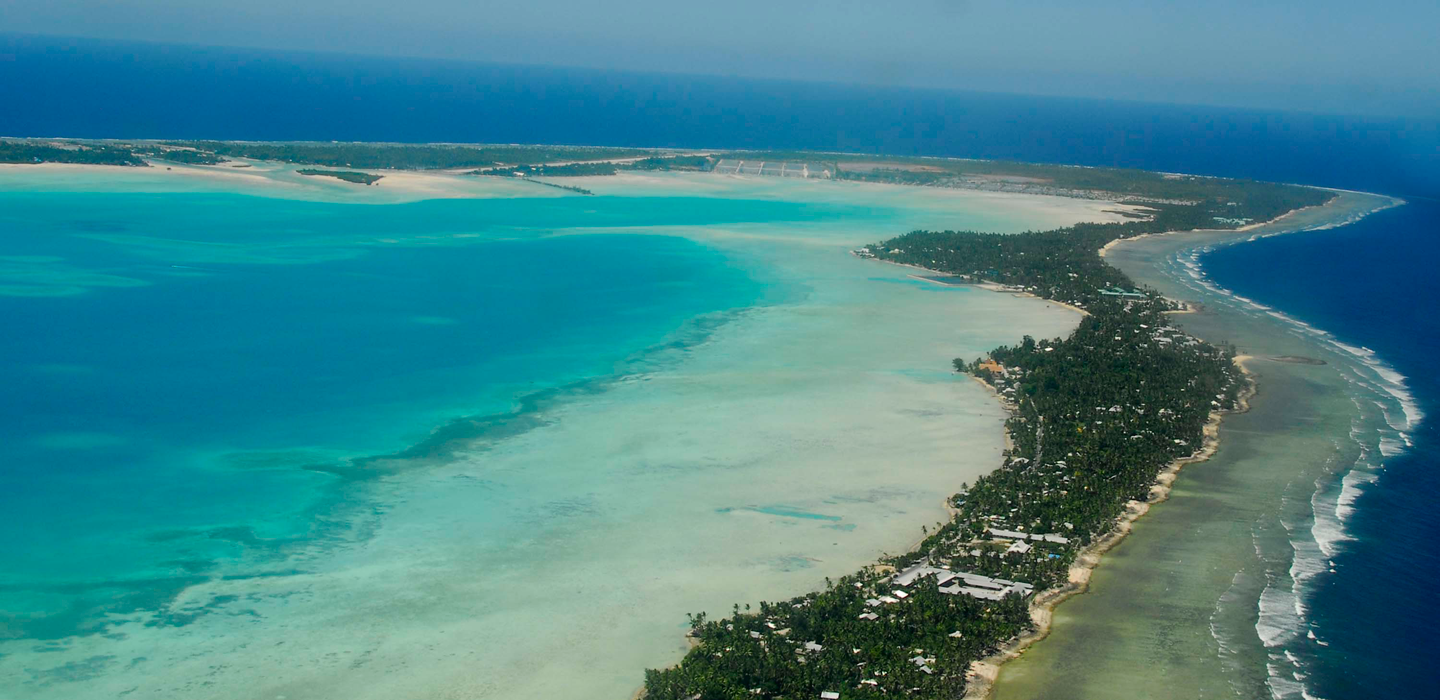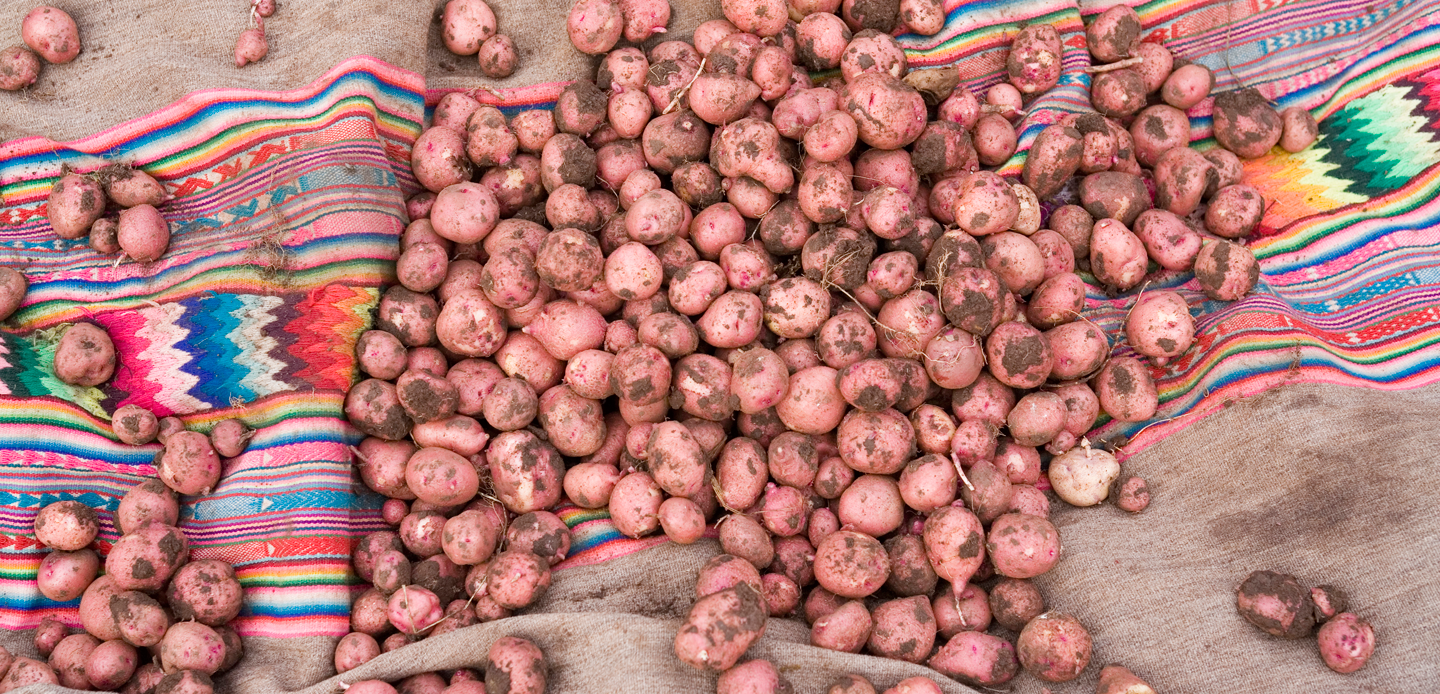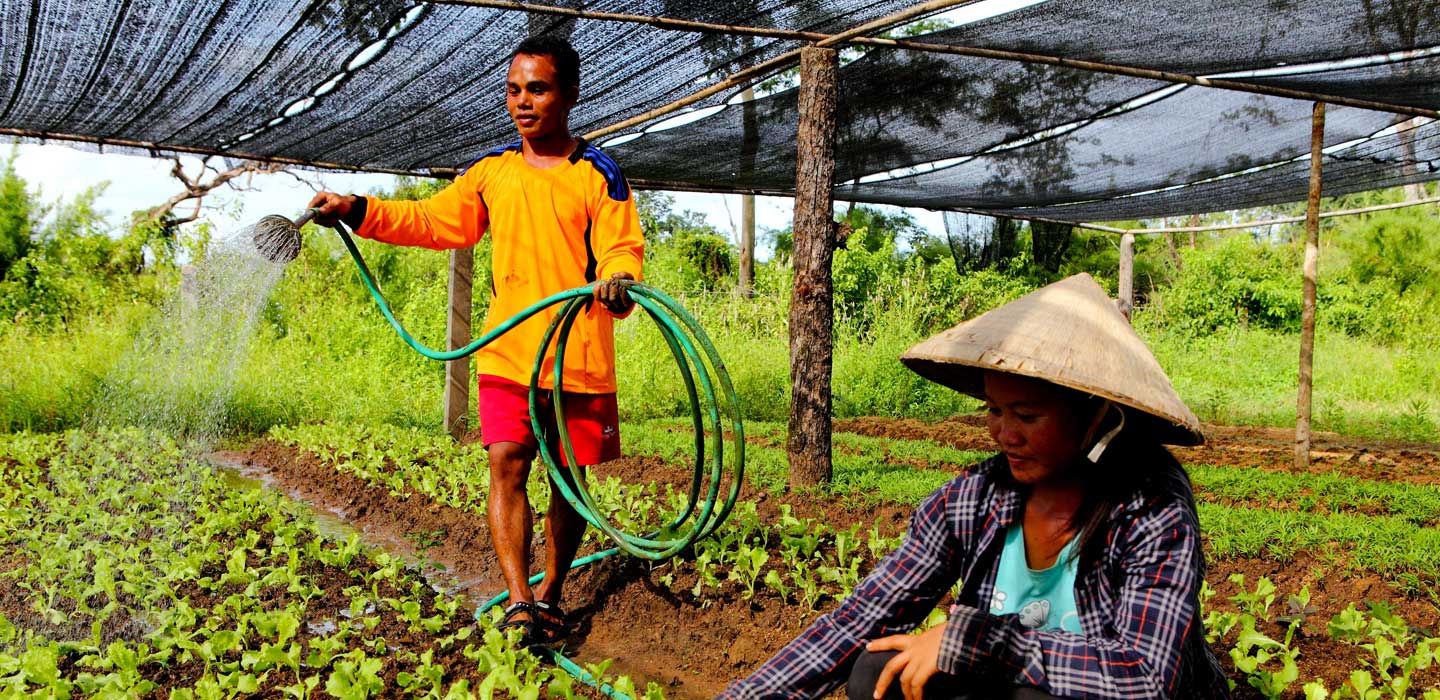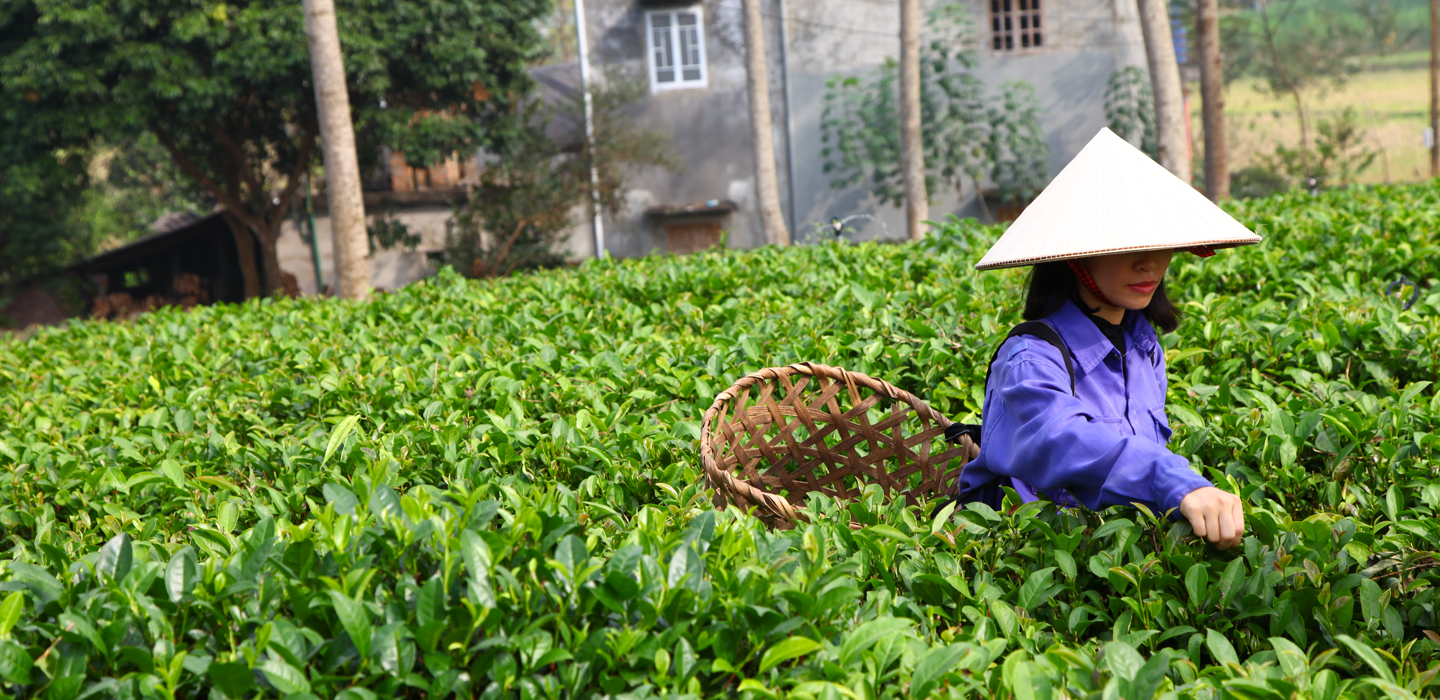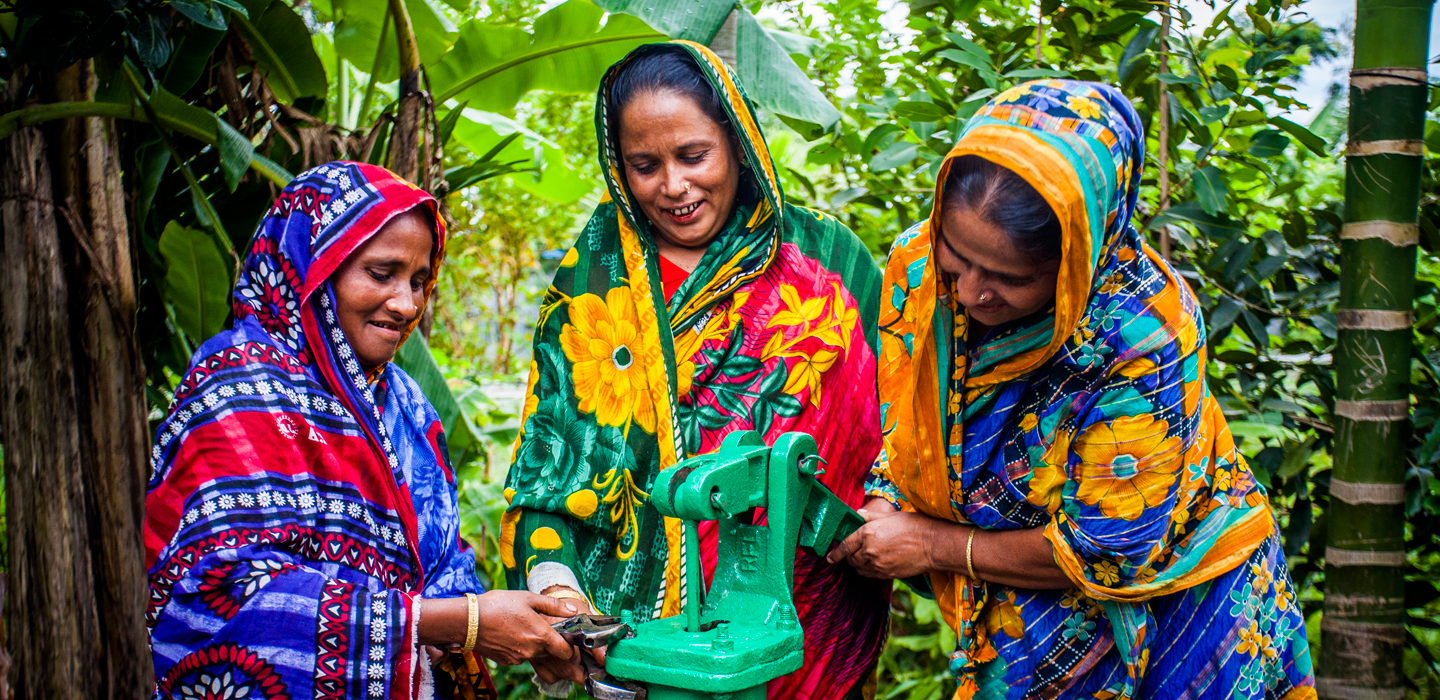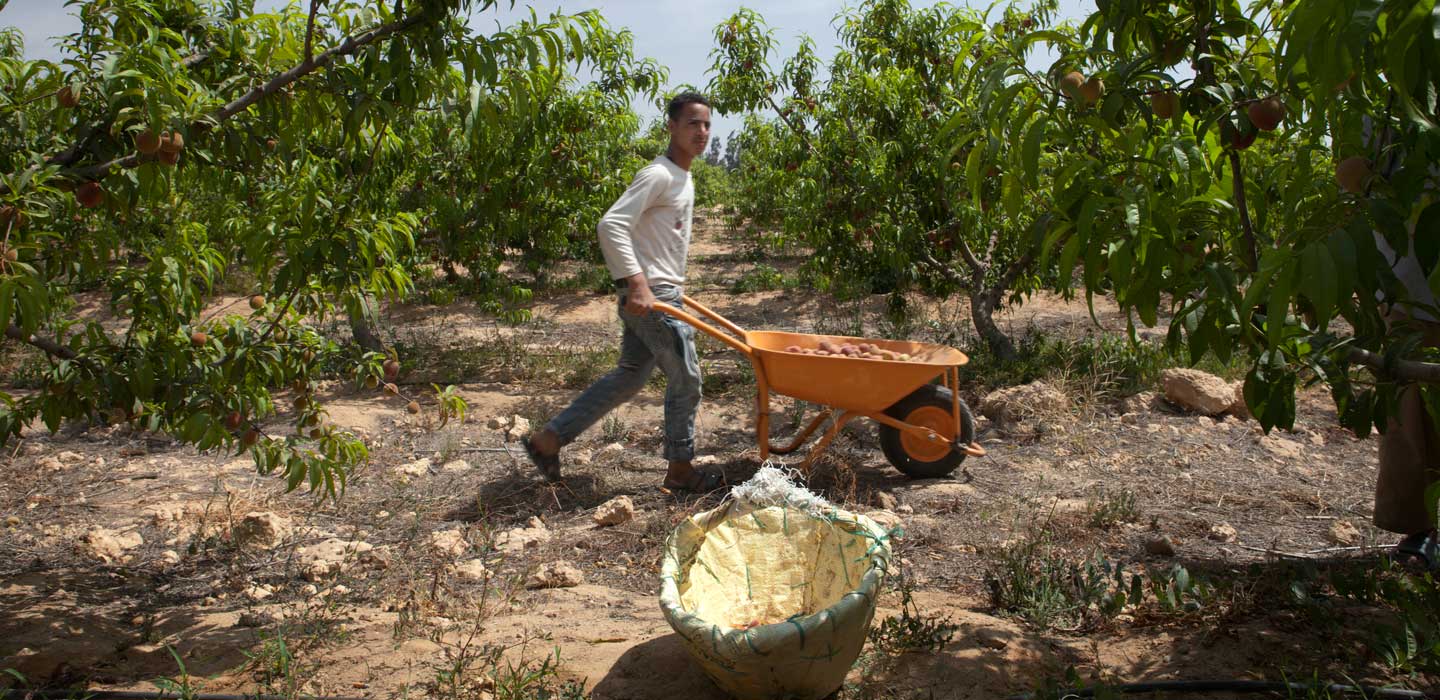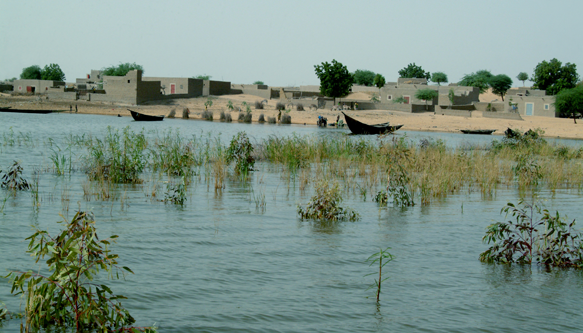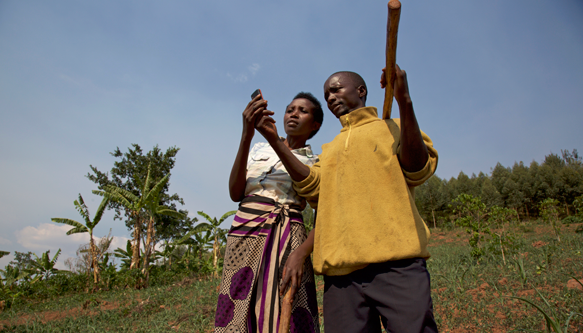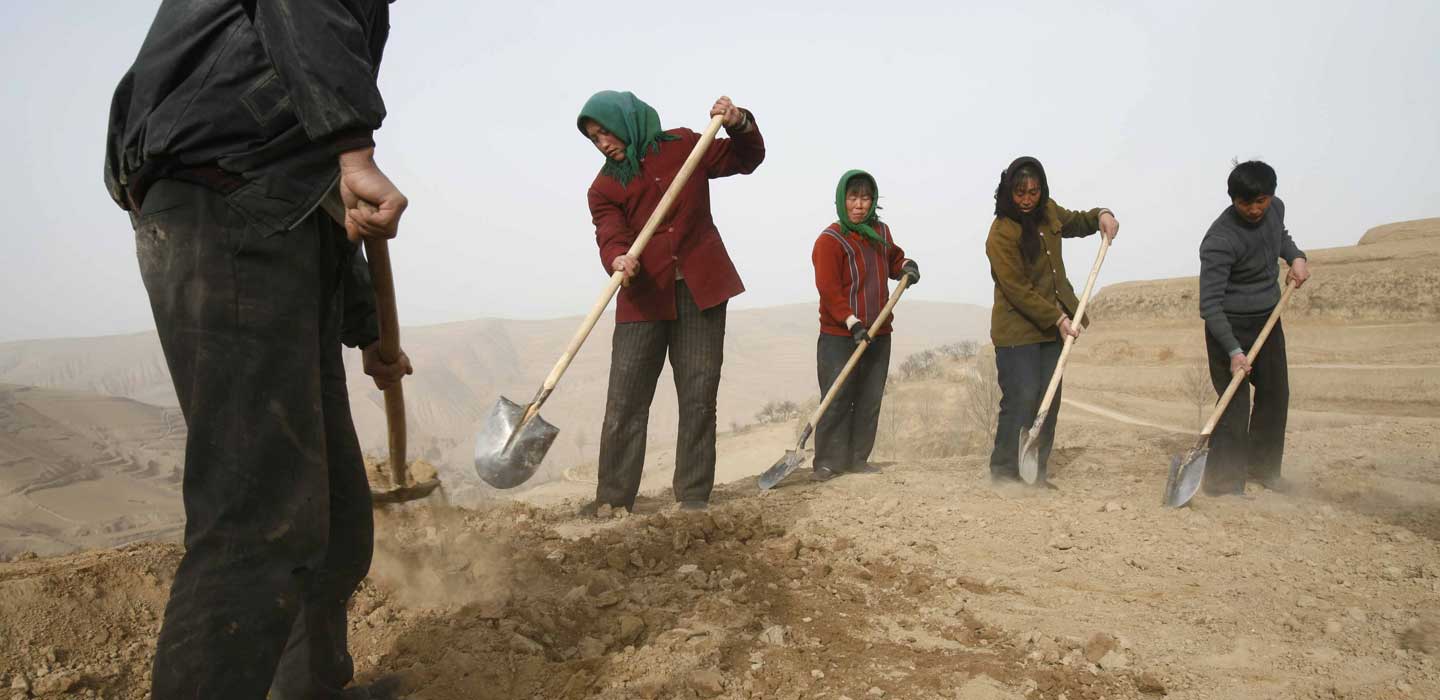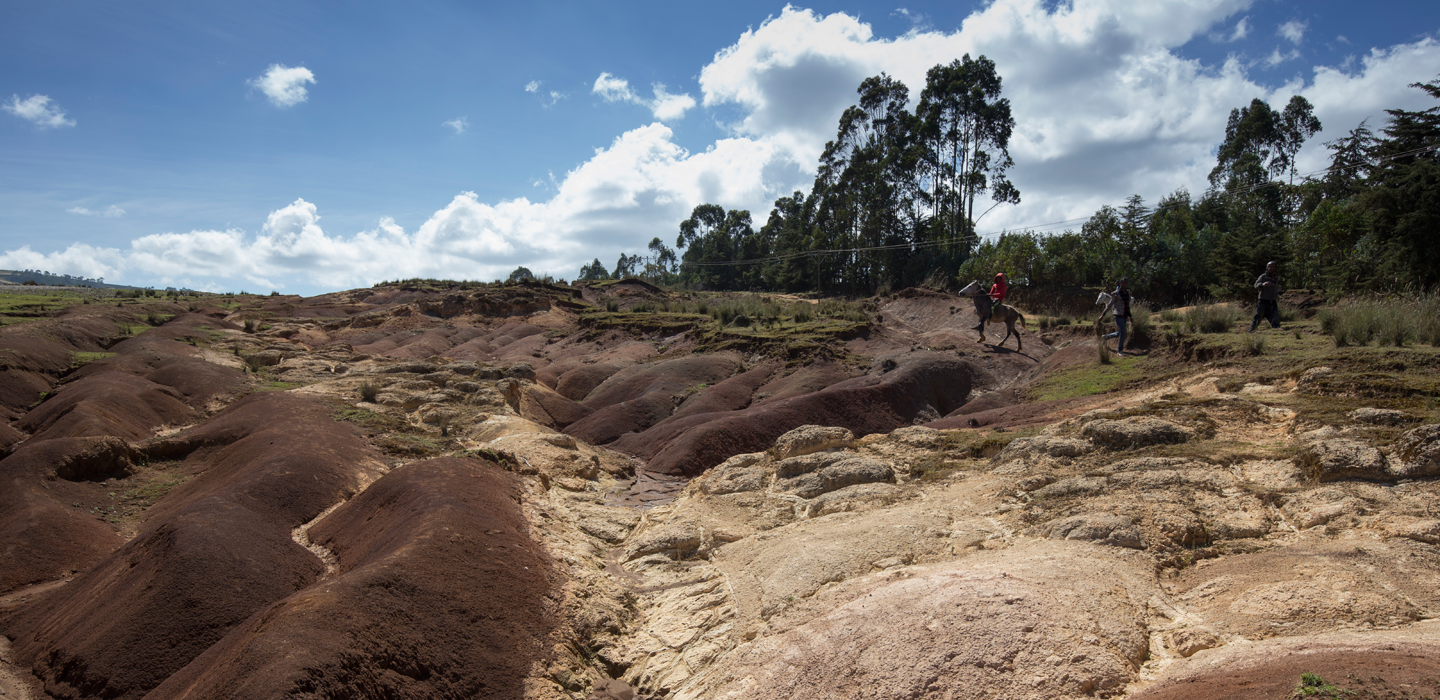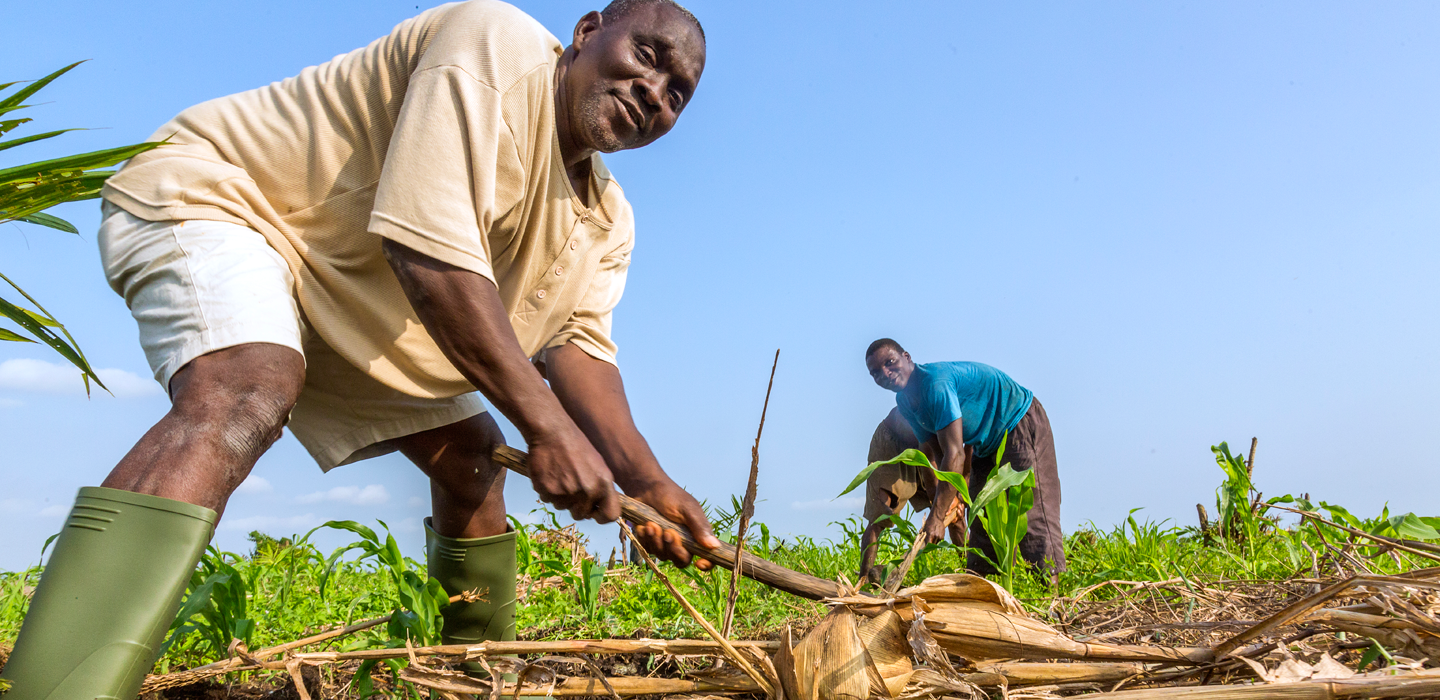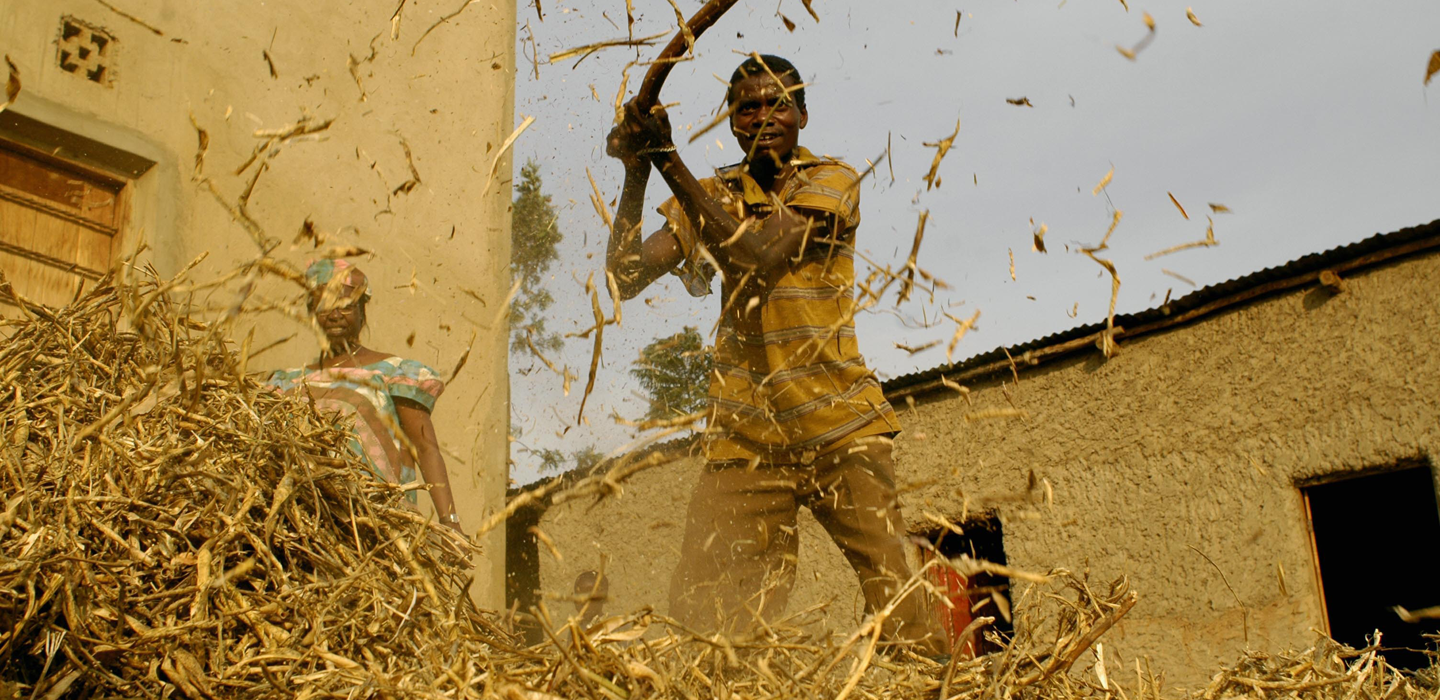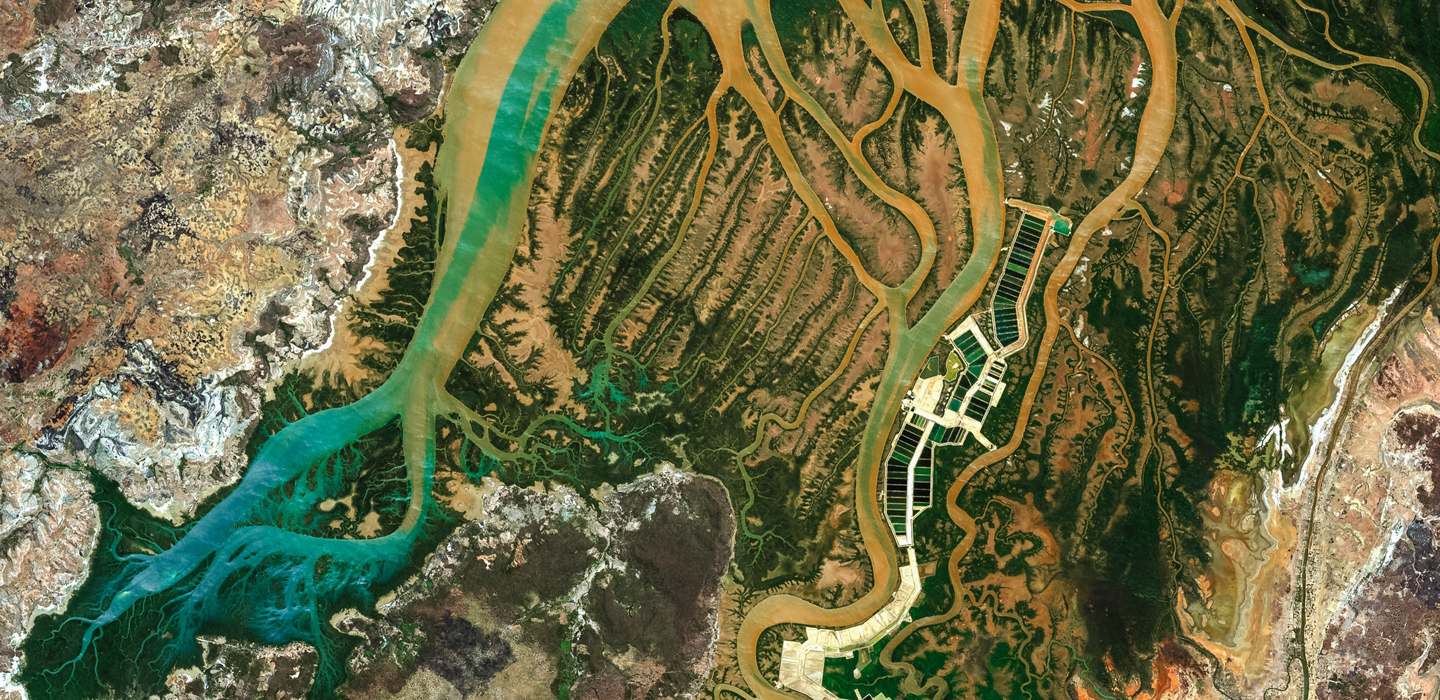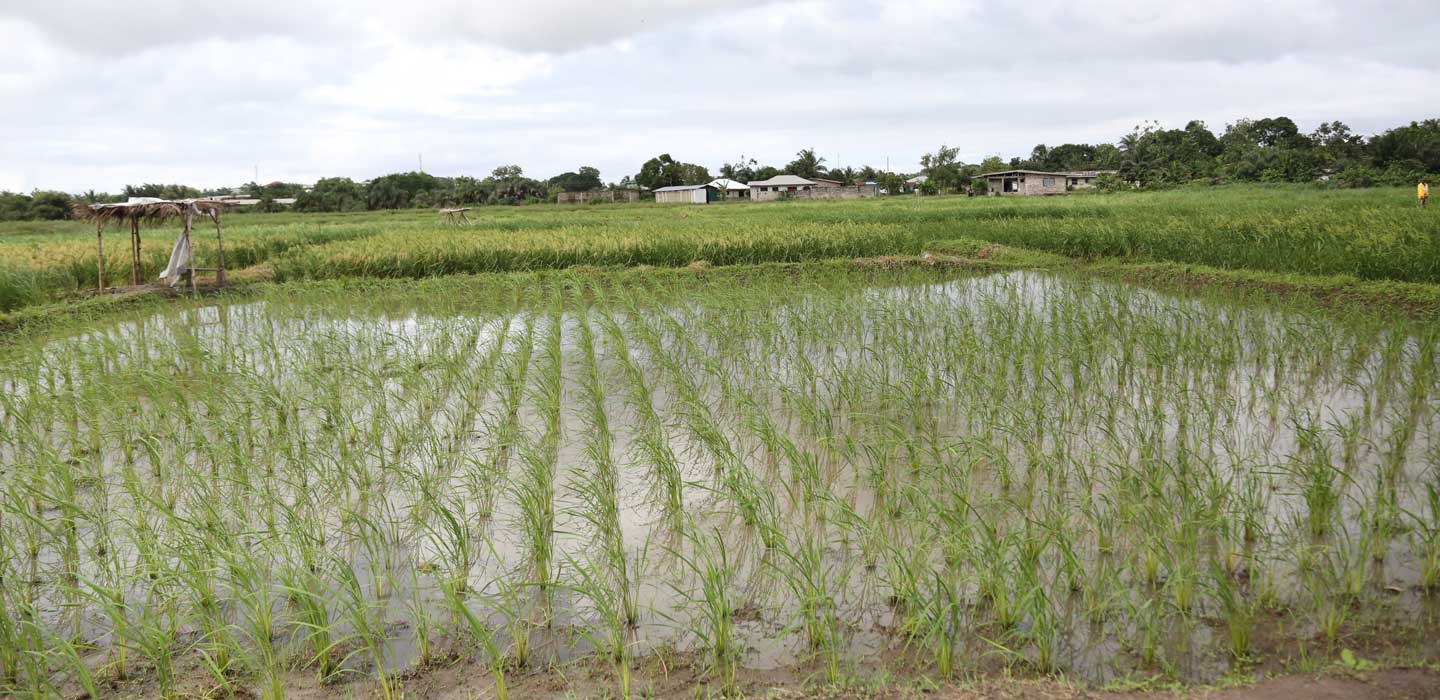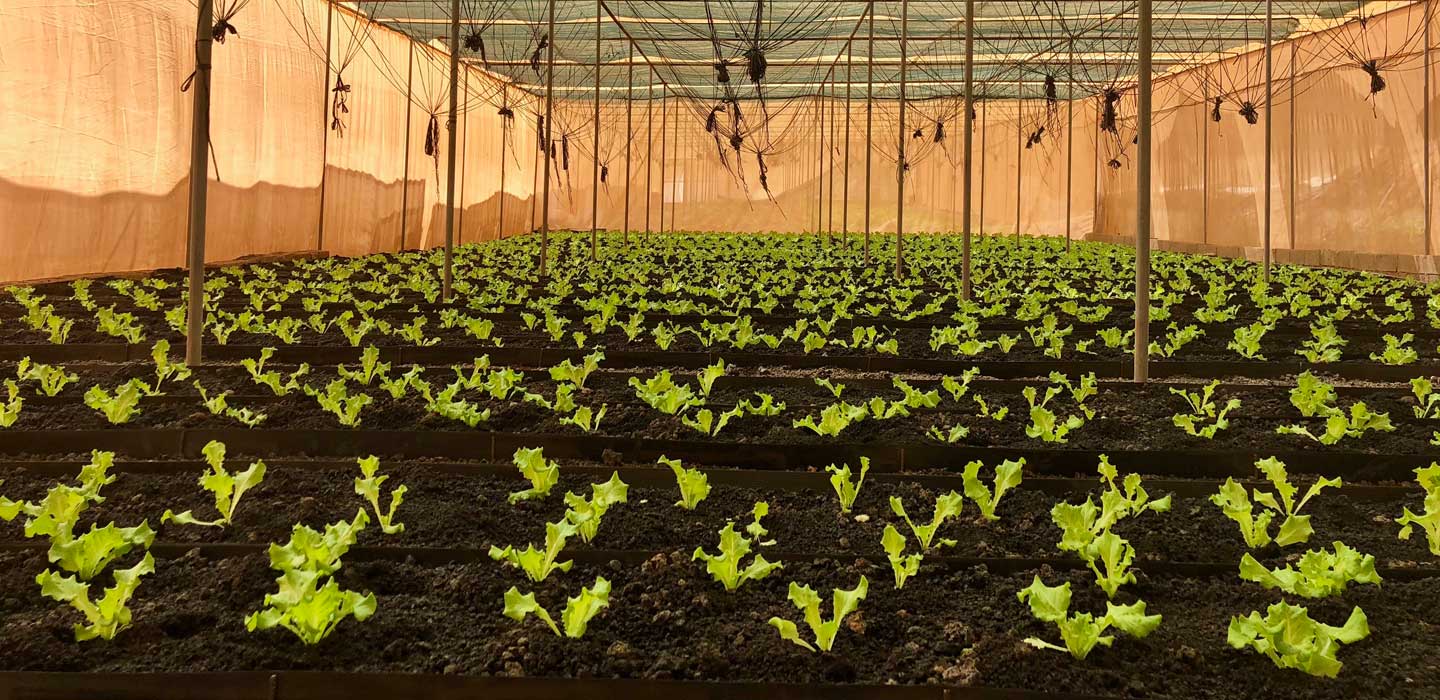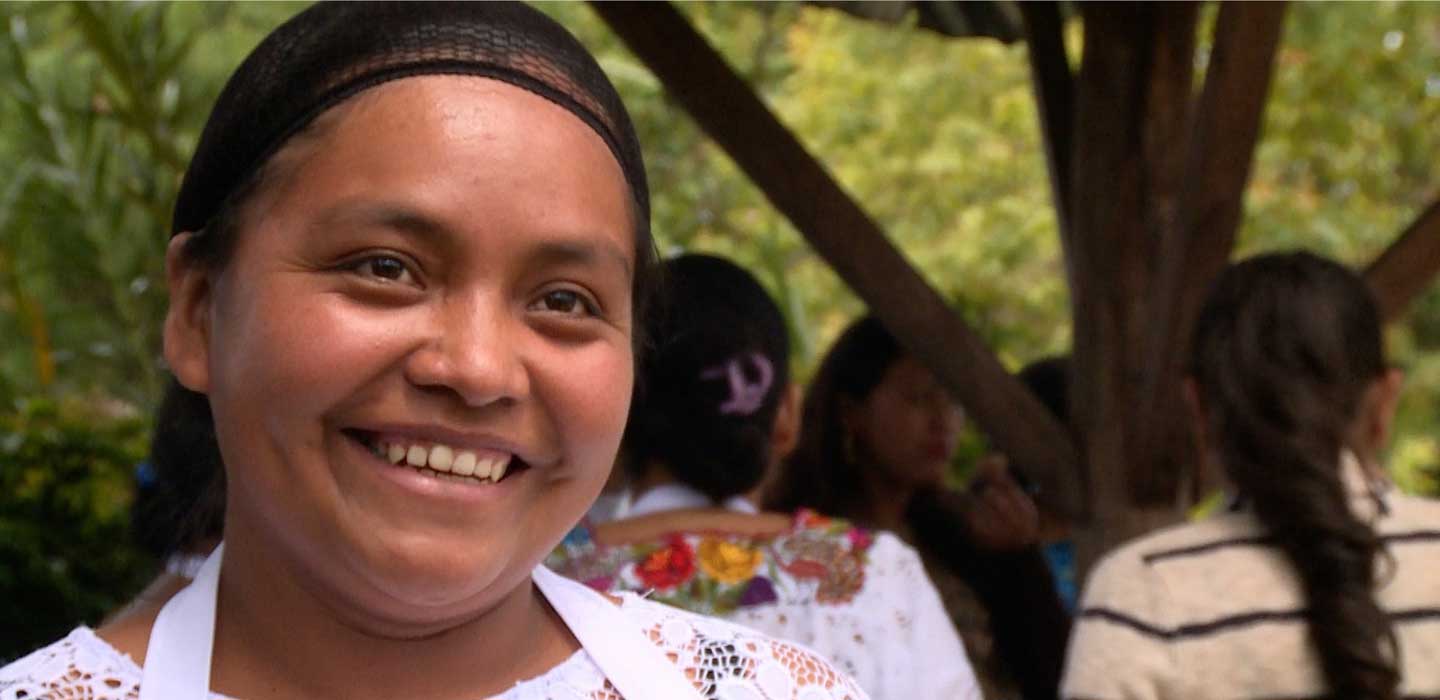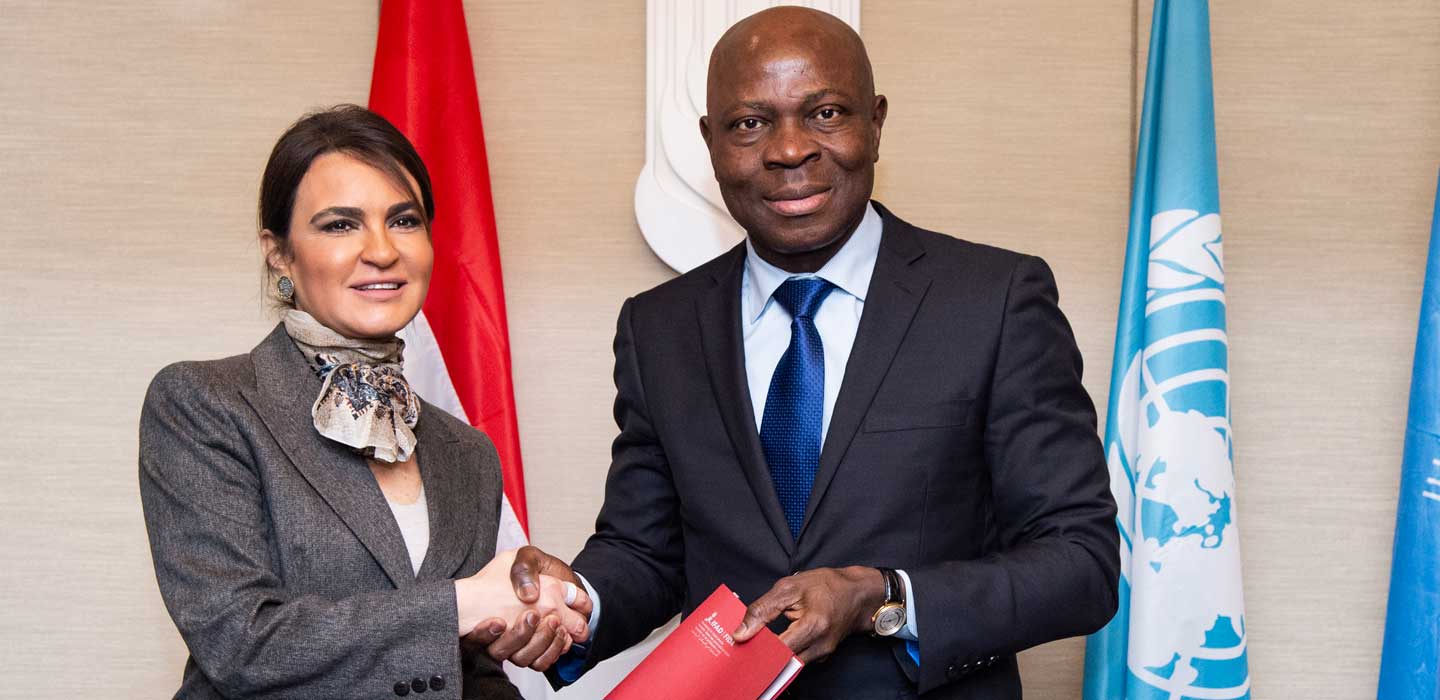Latest
Latest

Latest
Manual Submenu Topics
SearchResultsFilters
Search Results
Fai fatongia: One island’s path to food security, COVID mitigation and climate resilience
In the Kingdom of Tonga, fai fatongia rules the day. Under this principle, which translates to “fulfilling one’s responsibility,” Tongans traditionally put the collective good first and their individual needs second.
There is a growing climate emergency facing smallholders across Asia Pacific – what is IFAD doing about it?
According to UN reports, the Asia Pacific region is the most disaster-prone region in the world. Nearly 45 per cent of the world’s natural disasters occur in the region.
Greening the Sahara: the Great Green Wall Initiative
In 2009, I travelled by road to Timbuktu, Mali on a short field trip. As we made our way down the dusty roads, I remember wondering what could possibly pull this arid, sparsely populated land into relative prosperity.
French President Emmanuel Macron calls on leaders to fund IFAD
In a move to sustainably address rising hunger and poverty, exacerbated by COVID-19, climate change and biodiversity loss, French President Emmanuel Macron called on global leaders to step up their commitments in support of long-term agricultural development.
To “green” the Sahel, we need big plans and small actions
The best way to make the desert bloom is to dig a hole. Not a well, but a shallow pit in the sandy soil about as wide as the length of your forearm. Then add some dung, plant your seeds, and wait for the rains.
New Frontiers in Sustainable Farming – Episode 15
In this episode, we say goodbye to a year that’s been full of uncertainty and change, but also adaptation, innovation and improvement.
Wishing you season’s greetings from Recipes for Change
Our Recipes for Change chefs Ska Moteane, Lance Seeto, Bela Gil, Pierre Thiam and Mariah Gladstone shared with us their festive wishes for the Recipes for Change community and IFAD in the holiday season.
Five reasons IFAD is putting small-scale farmers at the forefront of food systems transformation
Our current food systems are not sustainable. Hunger has been on the rise for several years, with an estimated 811 million people worldwide going hungry in 2020 – and with the effects of the COVID-19 pandemic, up to 132 million more people are expected to join this number soon.
IFAD joins with partners to build resilience and boost development in the Sahel
IFAD is joining with FAO and WFP - as well as the G5 Sahel and the Green Climate Fund to revitalize economic activities and food systems in the Group of Five Sahel countries and in the Republic of Senegal.
How Bhutan is showing the way in building crop biodiversity
For countries like Bhutan – nestled in the high Himalayas, historically isolated and topographically challenging – ensuring food security is vital.
Climate change talks cannot continue to ignore the needs of small-scale farmers
Poor rural people are among the hardest hit by climate change while contributing little to its causes. They deserve a fair share of climate finance to improve their resilience, and a seat at the table for the global climate talks.
Innovations in agriculture during COVID-19 – Episode 14
This month’s programme is all about innovations in agriculture. We’re travelling around the world to hear about new technologies designed to ensure food security.
In an urbanizing world, strong rural–urban links remain the key to resilient cities
As the world becomes more and more urbanized, many have suggested that cities hold the key to an efficient, sustainable future.
€300 million loan from AFD to IFAD to support millions of small-scale farmers
In an effort to tackle the devastating impact of climate change on rural hunger and poverty, the French Development Agency (AFD), today signed a €300 million loan to IFAD to help small-scale farmers in high-risk countries build their resilience to shocks and increase their productivity.
Climate finance neglects small-scale farmers – new report
Only 1.7 per cent of climate finance – a fraction of what is needed - goes to small-scale farmers in developing countries despite their disproportionate vulnerability to the impacts of climate change, according to a report released by the IFAD and Climate Policy Initiative (CPI) today.
Historic statement by Public Development Banks signals greater commitment to tackle global hunger and poverty
For the first time in history, today 13 Public Development Banks (PDBs) made a joint commitment to strengthen investments in food and agriculture in the context of a global pandemic and a changing climate.
Agricultural risk management: Towards long-term resilience
Risk and uncertainty intensify in the agriculture sector – especially throughout Africa.
Three reasons to invest in land tenure security
For rural people, especially low-income rural people, land and livelihood are one and the same.
IFAD-supported projects help women come back to the countryside
Life in the countryside isn’t always easy – especially for rural women, whose contributions and successes have only recently begun to receive the attention they deserve.
New rural finance programme to help millions of Ethiopian farmers build resilience in the face of climate change and COVID-19
Against the backdrop of the global impacts of the COVID-19 pandemic and climate change, the Government of Ethiopia and IFAD have launched a new US$305.7 million programme to help the most vulnerable farmers increase their resilience.
Le FIDA et les États arabes examinent les moyens d’enrayer le repli de la sécurité alimentaire
Le FIDA organisera aujourd’hui une concertation en ligne avec les représentants de pays arabes pour examiner les moyens de mettre fin à la montée de l’insécurité alimentaire et de la pauvreté dans la région.
Keeping food on the table and preventing food loss when business is not as usual
We are living in difficult times. Due to the COVID-19 pandemic and all the fallout that has ensued, nothing is quite as easy as it was – unless, of course, you can do it from the comfort of your home, armed with a smartphone and a good internet connection.
Fighting food waste in China: Local efforts, global effects
Reflecting on the fundamental role that sustainable food production and consumption plays in promoting food security and sustainable use of terrestrial ecosystems.
Building Back Better: Investing In Farming Under COVID-19 – Episode 12
We begin this month’s programme with a conversation with IFAD's Associate Vice President Marie Haga about how vital it is for governments to invest in rural communities in developing countries, even during COVID-19.
Lesotho and IFAD join to improve the livelihoods of the most vulnerable small-scale farmers
160,000 poor rural households in Lesotho will benefit from new financing for a project that will boost food security and nutrition, mitigate the impact of climate change and strengthen livelihoods for greater income.
Ethiopia: Water Works
Water is a vital ingredient for growing many crops around the globe, but while the world has enough water, it’s often not in the right places, at the right time.
Coping with COVID-19: Building Farmers’ Resilience - Episode 11
As the COVID-19 pandemic continues on, many people around the world, including small-scale farmers, are learning how to cope with its various effects.
Years later, IFAD-established seed producer groups to continue improving their communities’ climate resilience
Lack of access to seed is a common problem for small-scale farmers in Nepal and elsewhere.
IFAD, Mars and ICRAF invest in sustainable farming research and development in Indonesia and the Philippines
A new project will focus on two raw materials critical to the livelihoods of small-scale producers: cocoa and palm oil
Angola and IFAD to promote sustainable agriculture and boost food security in the face of climate change
The International Fund for Agricultural Development of the United Nations (IFAD) today announced support for a new project to boost agricultural productivity, improve food and nutrition security and build the resilience of at least 218,000 rural families in Angola who are vulnerable to climate shocks.
IFAD invests €77.7 million in Niger for food and nutrition security and climate change resilience
The International Fund for Agricultural Development of the United Nations (IFAD) today announced a new project that will boost support for about 210,000 poor rural households in Niger that are vulnerable to climate shocks and food insecurity.
Catching up with Recipes for Change Chef Lance Seeto
Chef Lance Seeto is an icon of South Pacific cuisine. He’s also been a supporter of IFAD’s Recipes for Change campaign for more than five years now.
Young People in Agriculture – Before, During and After COVID-19 - Episode 9
IFAD is helping young people in agriculture evaluate the COVID-19 crisis and build their resilience for the future. In this episode, we hear from nine different voices on this important topic.
Interview with Recipes for Change Chef Bela Gil
“I joined this project because I believe food can really change the world.”
Restoring nature and livelihoods: Experiences in Zambia
World Environment Day is a day set aside to raise awareness about environmental issues and encourage protective action. This year’s theme is “Time for Nature.”
On tap: How regular water supply helped farmers discover a green thumb in Bhutan
Despite the lush greenery that surrounds Ngarpongtang village in Thangrong, Bhutan, until recently, it was impossible to grow vegetables there. “I used to have to go to other villages to exchange pinewood for vegetables,” says Wangdi, a 54-year-old farmer. “We couldn’t get vegetables to grow here.”
Building up family farmers’ resilience through nature-based solutions in Latin America and the Caribbean
Resilience has become the talk of the town in the development community.
Ensuring environmental sustainability and building resilience to climate change
Extreme weather events, such as droughts, storms and floods, are putting pressure on the ecosystems that farmers depend on, as are gradual processes such as rising sea levels and melting glaciers.
Oliver Page talks about climate change and environment
Oliver Page, regional specialist, talks about climate change and environment
Balancing the Pandemic, Biodiversity and Farming - Episode 8
In this month’s programme, we explore how to maintain a balance between battling COVID-19 and promoting farming and biodiversity.
On the International Day for Biological Diversity, commitment to sustainable agriculture is more important than ever
This year’s theme for the International Day for Biological Diversity is “Our Solutions are in Nature.”
Chef Bela Gil’s pesto-millet balls: A lockdown-friendly recipe
We’ve been asking our Recipes for Change chefs to tell us how they are adapting to life during the coronavirus pandemic – and to share a delicious recipe that can be made with basic cupboard ingredients.
Investing in Food in the Time of Coronavirus - Episode 7
We begin this month’s programme with an update on IFAD's operations and on investing in food during the time of coronavirus.
Recipes for Change: Chef Lance Seeto’s homemade chicken, ginger and greens soup
IFAD’s Recipes for Change chefs are adjusting to life in a world contending with COVID-19 – and as a part of that, they’re sharing some excellent recipes that you can make with ingredients you’ve already got in your home cupboard.
As Earth Day adopts a climate action theme, let’s not forget about smallholder farmers
On this day 50 years ago – the first Earth Day had just taken place – and a global movement was born.
COVID-19: An opportunity for the road not taken?
Amidst the suffering and economic hardship caused by the COVID-19 emergency, one silver lining has emerged: an interruption to the greenhouse gas emissions and environmental degradation stemming from human activity.
Recipes for Change: Chef Pierre Thiam shares a lockdown-friendly vegan chilli recipe
IFAD’s Recipes for Change chefs are carrying on with life under lockdown by sharing some excellent recipes that you can make with ingredients you’ve already got in your home cupboard. Senegalese Chef Pierre Thiam joins us from his home in New York State with a delicious recipe for vegan chilli.
Six ways investing in rural communities makes people healthier
Malnutrition causes health problems and losses in economic productivity. Over the course of their lifetimes, malnourished individuals can earn 10 per cent less than those who are well-nourished.
Recipes For Change: Chef Bowerman’s take on cooking from home under lockdown
As the world adjusts to life with COVID-19, we’re asking our Recipes for Change chefs to share some world-class recipes that you can make with ingredients you’ve already got in your home cupboard. Michelin-starred Chef Cristina Bowerman shares two simple and nutritious recipes involving chickpeas.
Indigenous Peoples in the Farming Front Seat - Episode 5
In IFAD's Podcast Episode 5, we’re focusing on indigenous peoples and the challenges they face when it comes to agriculture.
What we can do to support farmers on the front lines of climate change
Each of the world’s agricultural production systems had millennia to adapt to local climatic conditions, especially in terms of temperature and rainfall.
Mali and IFAD develop a new strategic programme to meet the challenge of achieving the Sustainable Development Goals in the face of climate change
The Government of Mali and IFAD held a workshop in Bamako on 5 March 2020 to prepare a new results-based country strategic opportunities programme (RB-COSOP) for the period 2020-2024.
Recipes for Change: Dhindo – corn flour purée with nettle leaf curry and pickled tomatoes – Nepal
Climate change is contributing to increasing temperatures and droughts in Nepal, where corn and tomatoes are a staple food.
Guinea-Bissau and IFAD partner to build farmers’ resilience to climate change
The International Fund for Agricultural Development (IFAD) today announced support for a new project in Guinea-Bissau to reduce poverty, increase productivity and incomes, improve food and nutrition security and build the resilience of at least 287,000 small-scale farmers in the face of climate change.
Women Powering the Farming Future - Episode 4
In IFAD's Podcast Episode 4, we gear up for International Women’s Day and look at how women are powering the farming future.
Sao Tome and Principe and IFAD partner to improve nutrition and incomes in face of climate change
IFAD today announced support for a new project to increase incomes, improve food and nutrition security and build the resilience of at least 34,800 rural farmers of Sao Tome and Principe, an island country highly affected by climate change.
Beating back climate impacts in Bhutan
Agriculture is the foundation of Bhutan’s economy, employing more than 70 per cent of the population. Bhutan has made huge progress overall in recent years in improving its people’s standards of living, though poverty rates remain high in the eastern part of the country.
Interview with Recipes for Change Chef Robert Oliver
I have always loved food - how it brings people together, the smells and flavours of new cultures. I guess I associate food most with gathering, communion.
Mozambique and IFAD join to combat climate change and increase food security
IFAD today announced support for a new programme to increase incomes, improve food and nutrition security and build the resilience of at least 902,500 rural Mozambican farmers, in one of the African countries most affected by climate change.
Talking about climate risk insurance with women in Ethiopia: How to improve value, access, and delivery
Women in Ethiopia and the world over play a huge and growing role in farming and food production.
Climate Knowledge from the Ancestors
Have you ever found yourself looking outside the window, wondering if it will be raining soon? Perhaps you never thought of asking the ants.
Zero hunger, climate resilient: Transforming agriculture in Guinea-Bissau
Innovative and forward-looking, the IFAD-funded project in Guinea-Bissau will transform rural economic networks for a sustainable agriculture of the future.
Keeping Farming Real - Episode 3
In this month’s programme we look at one of the most pressing issues facing farming today – that of youth and what’s being done to offer interesting and viable options for life on the farm for young people in developing countries.
One size doesn’t fit all: How to design a user-friendly climate insurance
Weather index insurance can protect and support smallholder farmers from climate-related disasters, providing them with means to buy food when harvests fail.
Five ways bamboo can fight climate change
With an estimated 30 million hectares throughout the tropics in Africa, Asia and the Americas, bamboo can provide a significant contribution to combatting climate change in the developing world, particularly in rural communities.
Funds from Sweden to help farmers adapt to climate change
The Government of Sweden has contributed approximately US$12 million to help rural farmers adapt to a changing climate and to help reduce greenhouse gas emissions in developing countries, IFAD announced today.
Interview with Recipes for Change Chef Pierre Thiam
As a chef, I believe that we have a responsibility and we should take concrete actions to tackle climate change.
Action on Climate for Farmers - Episode 2
In this month’s bumper edition of Farms. Food. Future. presented by Brian Thomson, we’ve been all over the UNFCCC COP25 Climate Conference in Madrid.
What does it mean to be “smart” on planet Earth?
What are the global transformations required for our food systems to become sustainable in the face of climate change?
Community gardens pave the way for climate-resilient agriculture in Gambia
Climate change is affecting global food systems in such a way that those who already suffer from hunger and undernutrition are also the most vulnerable to the added threats from climate change.
How agroecology can respond to a changing climate and benefit farmers
Current food systems are at a crossroads. There is a strong need for transforming food production and consumption patterns in a sustainable way. One where farmers adapt and build resilience to the increasing challenges from climate change and where nutritious food is available for all. Agroecology provides one solution towards this transformation.
IFAD and China promote climate-resilient agriculture and reforestation in Pakistan
Climate-resilient and sustainable reforestation practices to support Pakistan's national development is the focus of a one-day seminar convened by IFAD and the governments of China and Pakistan in Islamabad today.
Help farmers and the planet? Yes, we can
Tajikistan is a mountainous country nestled in Central Asia. Over five million people live a rural life, the majority of them depending on agriculture for their livelihoods.
Cooking to reduce climate change
An IFAD co-sponsored event at COP25 in Madrid brought together experts and celebrity chefs to examine how climate change is effecting food systems.
Helping agriculture climb the climate agenda in Madrid
Agriculture is uniquely placed to tackle climate change while reducing poverty and increasing food security. The key role of the sector has been recognised by the Koronivia Joint Work on Agriculture (KJWA).
Family farming, biodiversity and climate change - opportunities of the United Nations Decade of Family Farming
Agriculture is responsible for much of the world’s greenhouse gas emissions, but family farmers are also responsible for promoting biodiversity and guaranteeing ecosystem services upon which agricultural activity depends.
IFAD’s Climate Action Report 2019
Climate change is no longer a problem for the future: it is happening now. Actions to tackle climate change and address the challenges it poses are paramount on the international policy agenda, as well as among IFAD priorities and commitments.
Morocco and IFAD to invest in smallholder farmers’ climate change resilience
A new €82.6 million agricultural development project financed by IFAD and the Government of Morocco will help 11,200 vulnerable households to increase their productivity and incomes in the face of climate change.
New Report: Investments in indigenous peoples, youth and women essential to fight climate change in Latin America and the Caribbean
Development projects that integrate investments in rural indigenous peoples, youth and women with measures to adapt to climate change are more likely to be successful in Latin America and the Caribbean, according to a new report launched today by IFAD.
IFAD, together with ASEAN invests in reducing transboundary haze pollution in Southeast Asia
The International Fund for Agricultural Development (IFAD) and ASEAN Secretariat have launched the Measurable Action for Haze-Free Sustainable Land Management in Southeast Asia (MAHFSA) Programme today to reduce transboundary haze pollution and its impacts in Southeast Asia.
Farmers on the climate frontline, reducing inequalities with IFAD at COP25
Small-scale farmers in developing countries are already suffering from a changing climate they did not cause – with lower crop yields, reduced water availability, price spikes and increased food insecurity.
Boosting incomes and protecting the environment – IFAD and Government of Peru assess achievements of joint project
Martín Vizcarra, President of Peru, and Rossana Polastri, Director of the Latin America and the Caribbean Division of IFAD, to chair the closing of the Sierra y Selva Alta Project (PSSA).
Interview with Recipes for Change Chef Lance Seeto
In addition to climate change, the Pacific Island communities are succumbing to modern diseases caused by a change of diet and lifestyle.
Enabling farming families to fight climate change: the key to survival
IFAD has adapted its development strategies for Viet Nam from focusing on boosting agricultural production to commercialisation and sustainability of smallholders.
Farmers on the climate front line - Episode 1
This is the inaugural episode of Farms. Food. Future. In this month’s programme we will be hearing from farmers on the climate front line.
Introduction to IFAD's monthly podcast - It's all about Farms. Food. Future.
Welcome to Farms. Food. Future. A podcast that’s good for you, good for the planet and good for farmers.
Ethiopia and IFAD to help families adapt to climate shocks in new multi-million dollar project
Half a million of Ethiopia’s most vulnerable families are set to benefit from a new US$451 million project to increase their resilience to climate shocks in the country’s poorest regions.
The advantage of investing in sustainable fisheries, aquaculture and coastal communities
The fisheries sector is crucial for enhancing healthy diets, as fish are a valuable source of nutrients and micronutrients.
IFAD partnership in Bhutan reaping benefits for farmers
Most of the population of Bhutan depend on farming to make a living. However, as the climate crisis bites, this Himalayan nation is being hit by erratic rain, hailstorms and flash floods. This in turn is effecting farmers’ production.
New project launched to help Chadian farmers adapt to climate change and boost the agriculture sector
A new €81.9 million project will help more than 1 million vulnerable small-scale farmers in Chad improve their incomes and food security and boost an underperforming agricultural sector hampered by recurrent droughts and rain-fed farming practices.
IFAD and partners invest US$ 30 million in Samoa to make small-scale farming and fishing more profitable and climate-proof
IFAD and Samoa have signed a financing agreement to significantly increase agricultural production and incomes for 25,000 smallholder farmer and fisher families, and to help protect against natural disasters on Samoa’s Savai’i and Upolu islands.
Recipes for Change: Moringa leaves with coconout - Sri Lanka
Sri Lanka is a small island nation in South Asia, located in the Indian Ocean off India’s southeastern coast. Given that a large proportion of the population is concentrated in coastal areas, the country is particularly vulnerable to rising sea levels.
Strengthening the resilience of small-scale farmers is critical to reversing the rise in hunger and ending poverty
Today, on the UN International Day for the Eradication of Poverty, I wanted to step back and reflect on progress.
Sudan and IFAD to help smallholder farmers adapt to climate change and manage natural resources
With over 80 per cent of the Sudanese labour force engaged in agriculture, a new €77.7 million programme that aims to increase food security and ensure access to natural resources is a vital investment in Sudan’s future.
Assets for life: Small, but innovative, investments in water infrastructures, transform livelihoods in Mozambique
Mapai is one of the driest districts of Mozambique, with an arid and semi-arid tropical climate where water for consumption, cattle and agriculture is the major challenge for the people living there.
Cultivating resilient communities in rural Guinea-Bissau
Over a decade ago, in the region of Tombali, Arama Tudarame’s husband and local chief sought land around their village suitable for growing cashew trees. Then, as now, monoculture of the kidney-shaped nut dominated the country’s agricultural sector
Egypt and IFAD strengthen partnership to reduce rural poverty and promote resilience in desert environments
The President of the United Nations' International Fund for Agricultural Development (IFAD), Gilbert F. Houngbo, will meet with H.E. Abdel Fattah El-Sisi, President of the Arab Republic of Egypt, during a four-day visit to the country from 6 to 9 October to discuss IFAD’s ongoing investments and to pave the way for a strengthened partnership towards the achievement of the Sustainable Development Goals (SDGs).
The disarming case to act right now on climate change
Last Friday was the global climate strike day. I have found myself wondering how we have arrived to this point.
The power of renewable energy
At first glance it may seem access to energy shouldn’t be high on the development agenda as almost 89 per cent of the world's population has access to electricity. However, the data mask disparities between rural and urban areas.
Climate change is a youth issue
Climate change ranks among the most important dynamics shaping livelihoods of young people now and in the future.
Protecting villages from flash floods and improving livelihoods in the Haor basin wetlands
The Haor region is a wetland ecosystem in north-eastern Bangladesh, which is located in a tectonic depression. During the monsoon period, the Haor gets between 3,000 and 4,000 mm of rainfall, together with the flow of monsoon river from the Meghalaya and Barak basins.
Restoring mangroves is saving rural communities in Gambia
Mangroves are one of the world's most biodiverse ecosystems and play an essential role to ecological balance and community livelihoods. But in many areas across West Africa, these wildlife-rich wetlands are under threat.
Enhancing policy dialogue on climate finance in Africa
Smallholder farmers play a vital role in food security, nutrition and economic growth in Africa, but their livelihoods are already threatened by climate change.
IFAD, Bangladesh and partners to invest $54.8 million to improve infrastructure and living standards in coastal chars
More than 342,000 people in southeast Bangladesh living on coastal chars created by silt deposits will benefit from new financing for a project to reduce poverty and hunger and develop rural livelihoods. People living on chars are often hardest hit by climate change effects like sea-level rise as they often live in poorly constructed housing and on low-lying land that is vulnerable to extreme weather.
Recipes for Change: Te Mai Ae Tanna Kiribati
Breadfruit is one of the main staple foods of Kiribati. Breadfruit trees require a tropical climate to thrive and are therefore plentiful in the Pacific region. Breadfruit is a good source of vitamin C, thiamine and potassium for the local population.
I’m a potato grower! Strengthening innovation to empower potato growers in the Andes
The world is faced with a rising demand for food due to population growth, changes in dietary habits and the availability of agricultural resources. As a result farmers need to be more efficient and productive.
UN chief stresses importance of investing in smallholder farmers during upcoming visit to Lao PDR and Cambodia
The President of IFAD, Gilbert F. Houngbo, will meet the Prime Minister of the Lao People's Democratic Republic (PDR), Thongloun Sisoulith, the Prime Minister of Cambodia, Hun Sen, other high-ranking officials, as well as representatives of UN teams in country, to discuss investments that can improve food and nutrition security, generate employment and mitigate the effects of climate change in rural areas.
Recipes for Change: Ema datshi and millet momos
Try the Recipe at home: Ema datshi and millet momos - Bhutan
Young smallholder farmers overcoming climate challenges in Viet Nam
Climate change is one of the major dynamics of change affecting rural youth livelihoods. It is having significant effects on the countries in which the rural youth population is concentrated and on the sectors in which they will be looking for employment opportunities.
Gender-Transformative Adaptation. From good practice to better policy
Gender inequality is a pervasive threat to sustainable development and has negative impacts on our collective ability to meet human rights obligations.
Rwanda and IFAD partner to reduce poverty in drought-prone areas
About 7,167 poor and food insecure rural households in Rwanda will benefit from a new US$24.7 million project that aims to improve food and nutrition security, climate resilience and raise incomes by increasing production.
Opportunities, challenges and limitations of climate-smart agriculture - The case of Egypt
Climate-smart agriculture (CSA) aims to facilitate the evolution of agricultural systems in the face of a rapidly changing climate. IFAD's approach to promoting CSA for smallholders focuses on three core objectives.
Paxina Chileshe talks about climate adaptation
Paxina Chileshe, climate change specialist at IFAD, talks about climate adaptation and smallholder farmers.
Massimo Giovanola talks about agricultural risk management
Massimo Giovanola, risk management specialist at IFAD, talks about IFAD's innovative and holistic approach to agricultural risk management.
Is China getting greener?
China is the world's largest greenhouse gases (GHG) emitter, yet it is also the world's leading country in energy production from renewable sources.
CARD: Assessing data for climate-friendly action in rural contexts
Datasets on crop production increasingly need to take climate change into consideration, given its potentially profound repercussions for agriculture.
The value of indigenous tree species in Ethiopia
In the Chencha region of southern Ethiopia, erosion continues to be a pressing concern for the Gamo people, one of the main indigenous tribes of Ethiopia. The Gamo people live in the highland area and primarily practice mixed agriculture and weaving.
A tool to make rural investments more resilient
Climate change has made crop production more unpredictable – if rainfall helped this harvest, an unexpected drought could destroy the next. So how can one decide to invest in millet in Chad's Kanem region or if it's too risky put money in wheat in Lesotho's Thaba-Tseka?
Rwanda: Reducing food loss in a changing climate
Farmers in Rwanda can lose around 30 per cent of their harvests before they even reach the market, due to a lack of adequate means to dry, store and transport the crops.
Transforming innovative ideas into sustainable agriculture in West and Central Africa
Ideas are the lifeblood of innovation. To accelerate rural transformation while tackling rural poverty, food insecurity, nutrition, job creation and climate change, innovative ideas are needed.
Liberia and IFAD partner to improve smallholder farmers’ incomes and climate resilience
About 10,000 cocoa smallholder producers in Liberia will benefit from a new US$47.6 million project that aims to improve their food and nutrition security and raise their incomes by modernizing cocoa farming, increasing production and developing markets.
Cabo Verde, islands at the forefront of climate-resilient development
This week I had the chance to witness the impressive resilience and creativity of people working to improve agriculture in Cabo Verde.
Central African Republic and IFAD to promote smallholder farmers’ resilience to climate change
Nearly 30,000 vulnerable households will be better equipped to deal with the fragility created by past conflict and the impacts of climate change thanks to a US$29 million project announced today that aims to improve food and nutrition security in four sub-prefectures of the Central African Republic.
The Real Groundbreakers: Irma from Guatemala
Irma, a young Q’eqchi woman and farmer from Guatemala, is working to reforest over 400 hectares of land damaged by climate change, illegal logging and fires.
IFAD and Egypt to promote resilience in desert environments with a US$81 million investment
The International Fund for Agricultural Development (IFAD) and Egypt signed a financing agreement today to reduce poverty and enhance food and nutrition security by sustainably improving incomes and resilient livelihoods for 450,000 rural people in the Matrouh Governorate.
